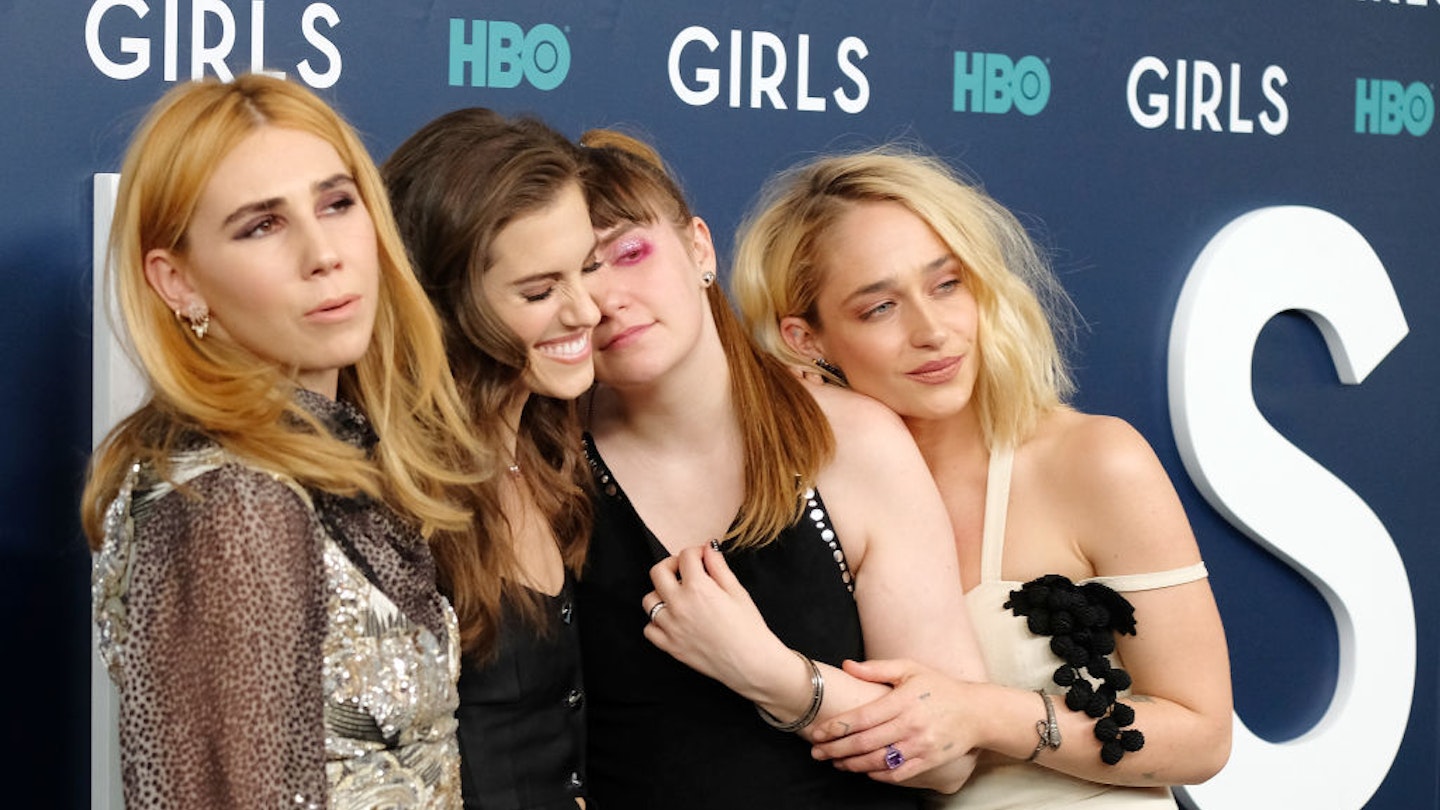Here’s one for the single ladies – and one which might offer pause for the coupled-up amongst us. Speaking at the Hay Festival on Saturday (May 25th), behavioural scientist Paul Dolan explained how the latest evidence shows that traditional benchmarks of fulfillment for women – i.e., marriage and children – don’t line up with happiness. In fact, Dolan said, ‘the healthiest and happiest population subgroup are women who never married or had children’. Ha! If nothing else, it’s enormously satisfying to hear science undermine that recurring faux-pity wheeled out at the briefest mention of a childless/unmarried woman over, say, 24.

While men tend to benefit from marriage – ‘you earn more money at work, and you live a little longer’ – Dolan supposes that this owes to ‘calm[ing] down a bit, and reducing risk-taking behaviour’. As for your calming, unrisky wife? Well, ‘she, on the other hand, has to put up with that, and dies sooner than if she never married.’ It’s almost as if society has a vested interest in convincing women to devote their lives to men and children at their own expense! Weird.
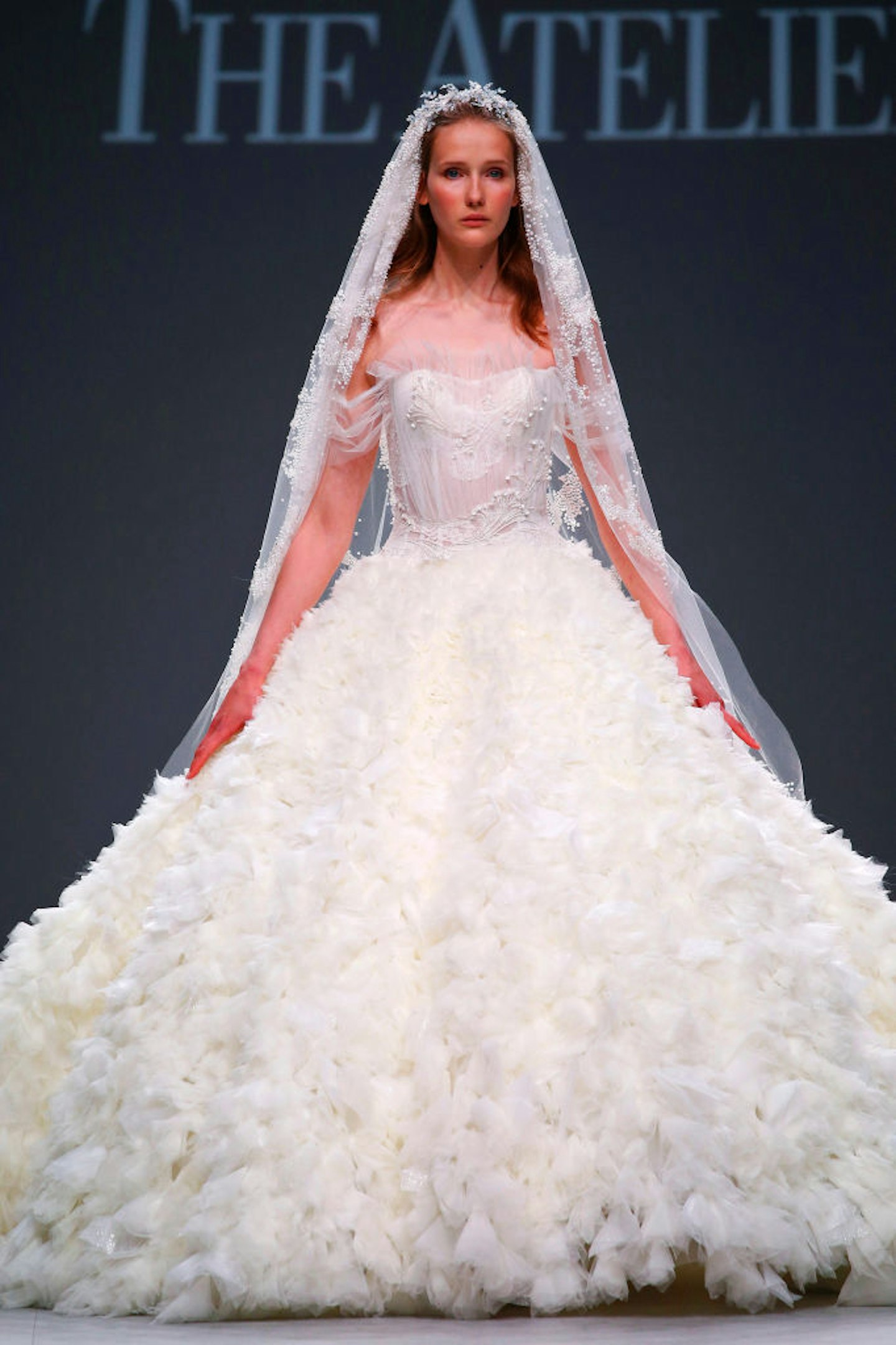
‘We do have some good longitudinal data following the same people over time, but I am going to do a massive disservice to that science and just say: if you’re a man, you should probably get married; if you’re a woman, don’t bother.’ Ta, Paul. While other studies have shown that married people are happier on average, Dolan suggests that those findings could be attributed to higher total household incomes as well as the emotional support which comes with coupledom (rather than any objective benefit to the female partner). He also suggested that the stigma associated with single women might, in itself, explain some self-reported dissatisfaction – after all, if everyone’s pouring disdain on your life choices, they do become that much harder to stand by.
READ MORE: Best celebrity wedding dresses
101 of the best celebrity wedding dresses OF ALL TIME!
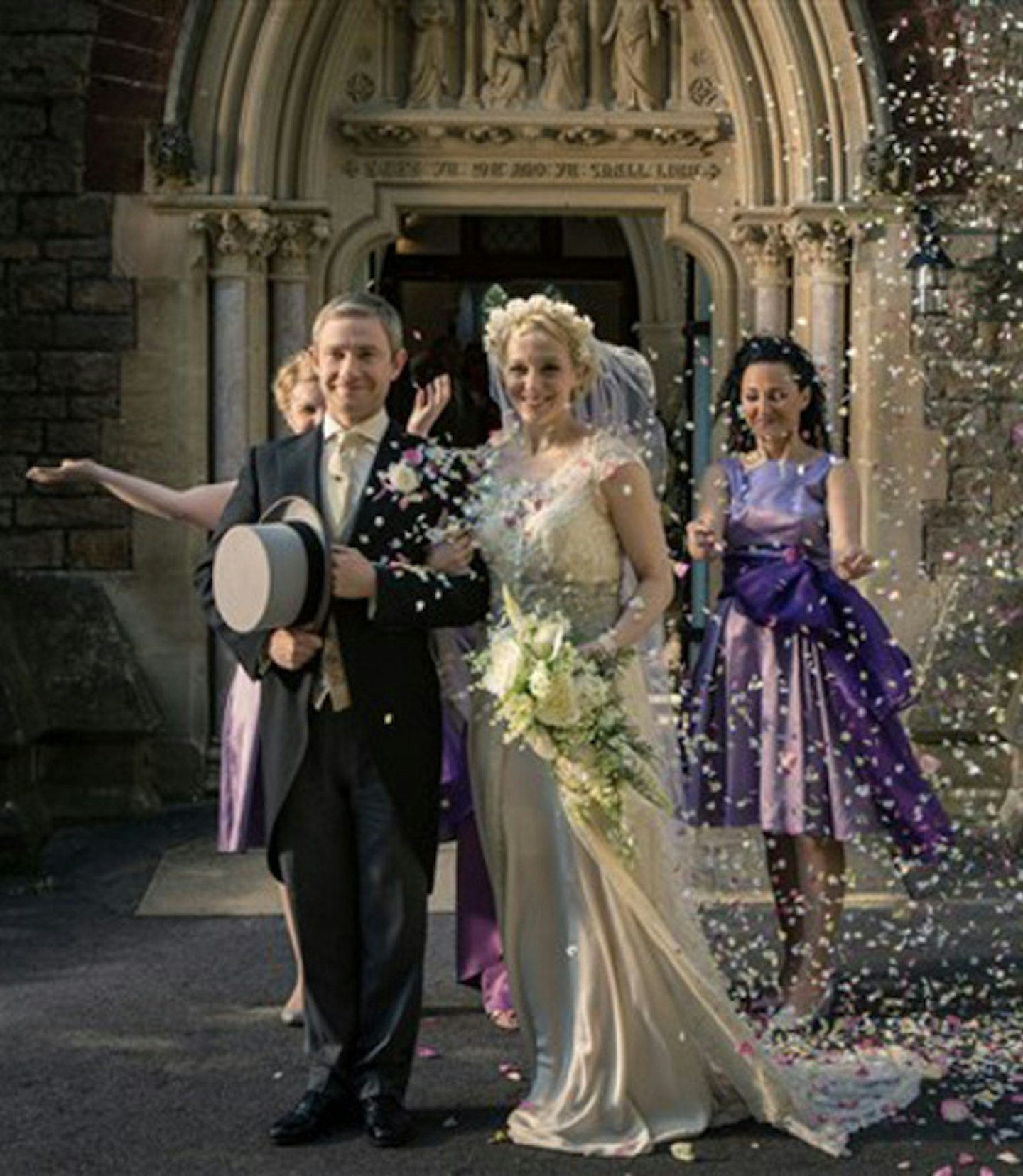 1 of 97
1 of 97Amanda Abbingon (Sherlock)
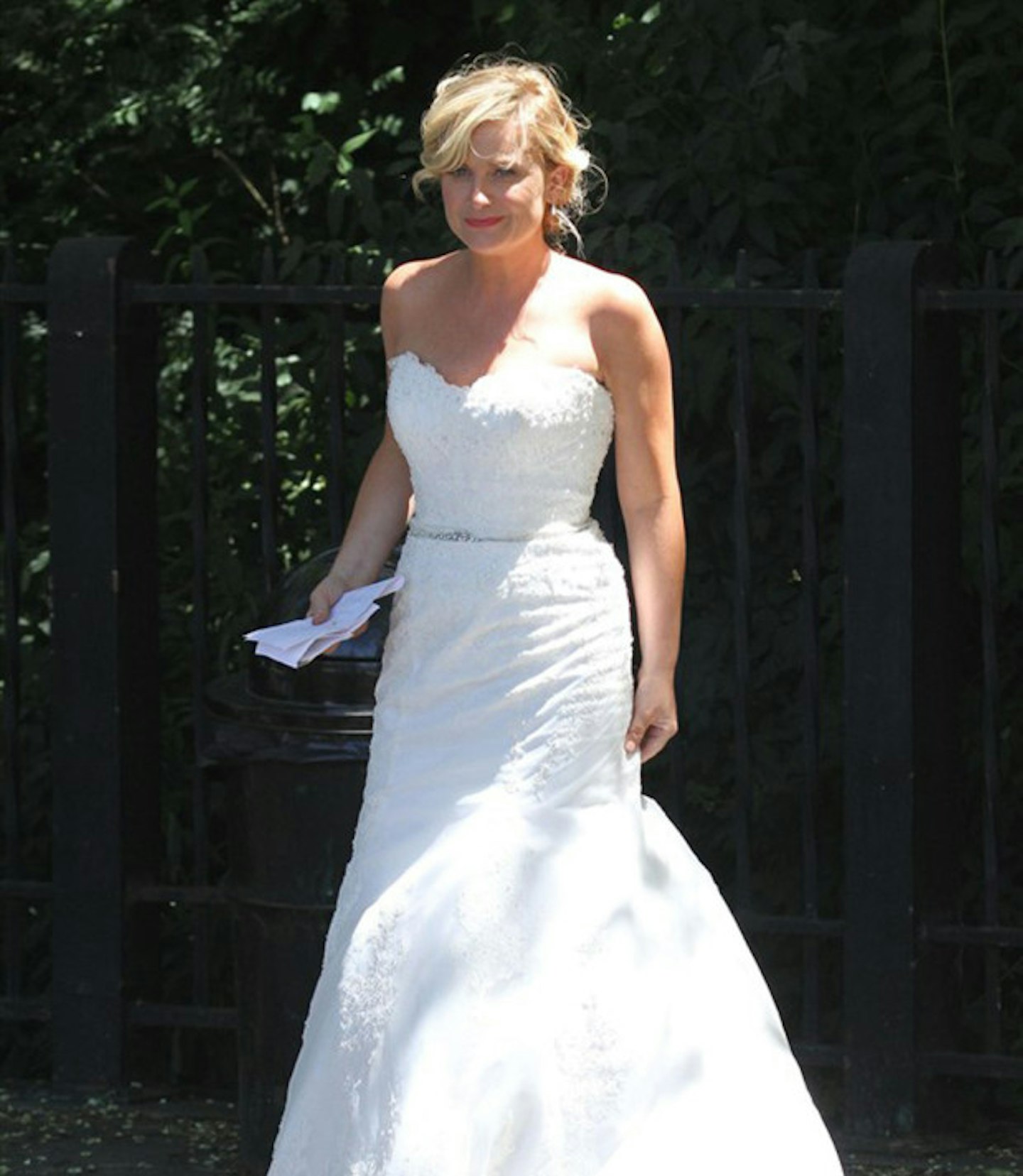 2 of 97
2 of 97Amy Poehler (They Came Together)
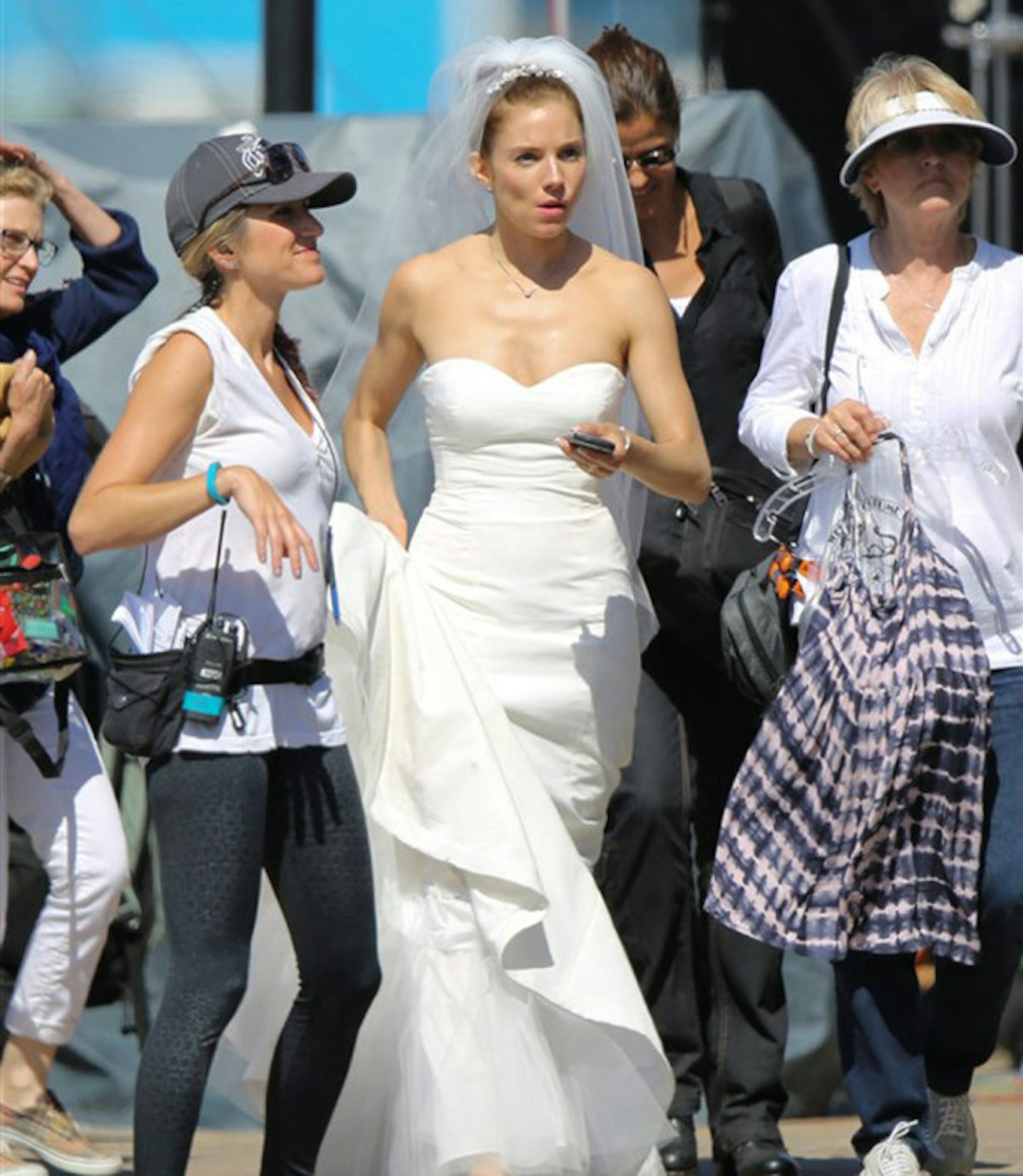 3 of 97
3 of 97Sienna Miller (American Sniper)
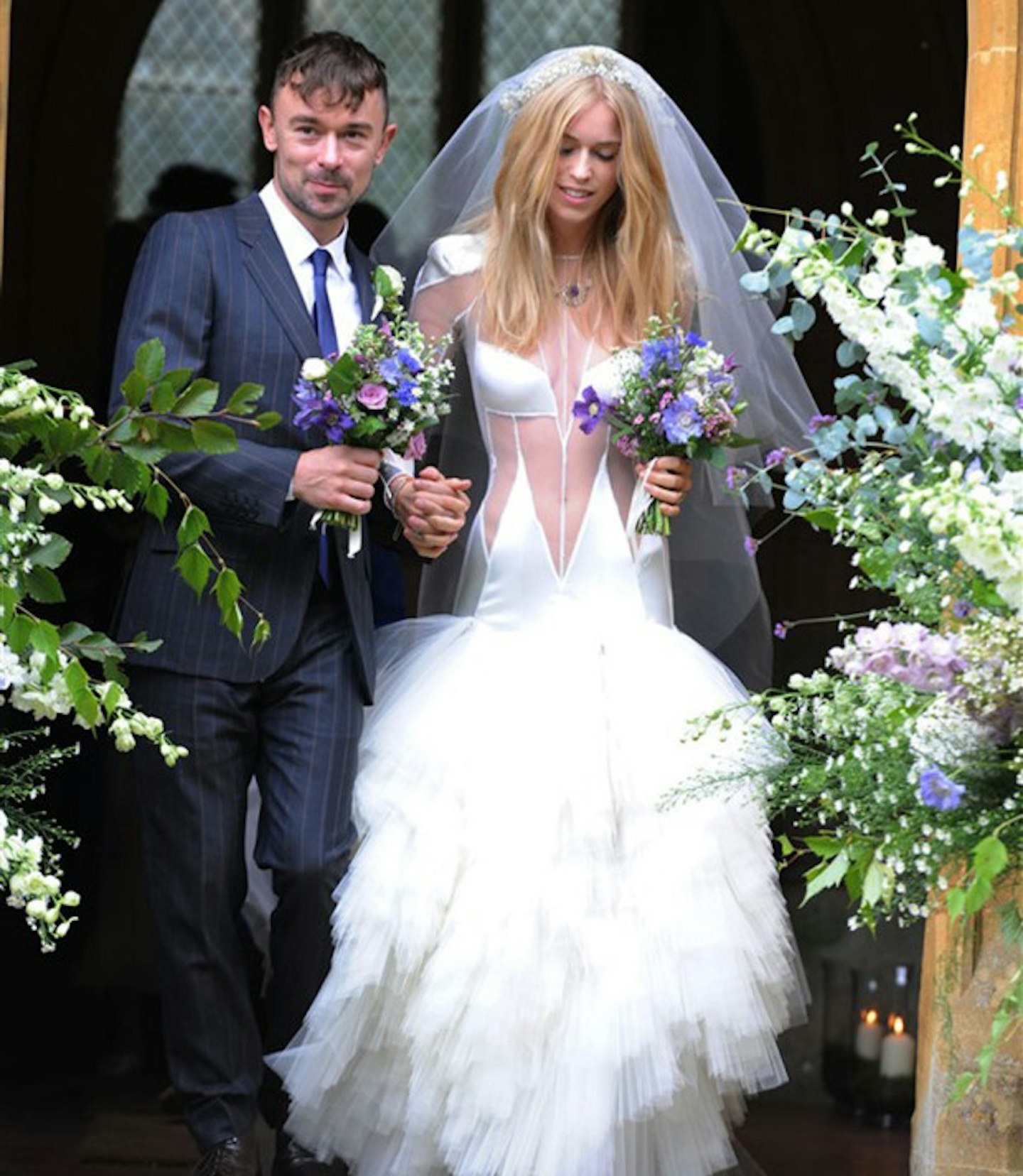 4 of 97
4 of 97Lady Mary Charteris
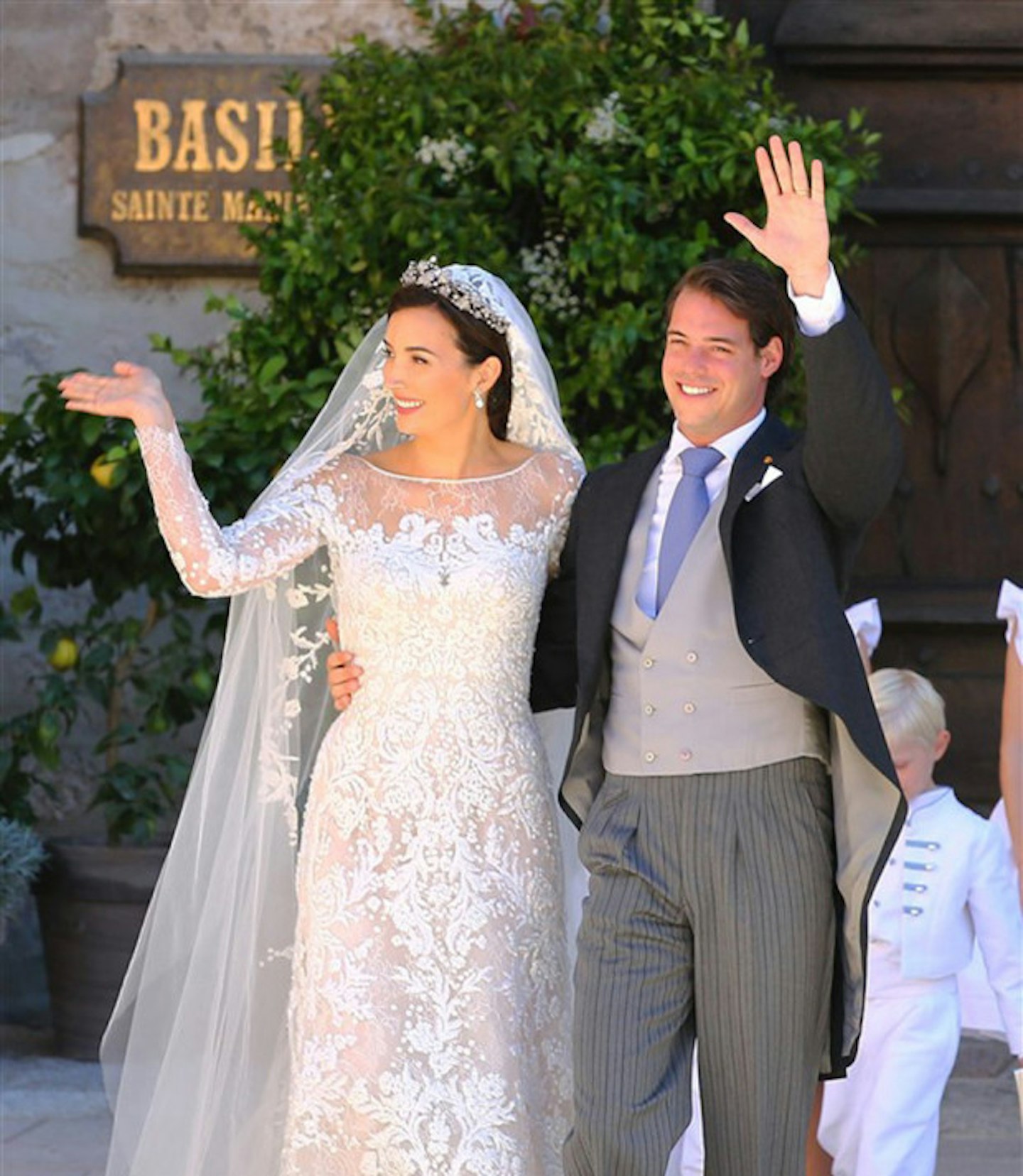 5 of 97
5 of 97Princess Claire of Luxembourg
 6 of 97
6 of 97Alesha Dixon
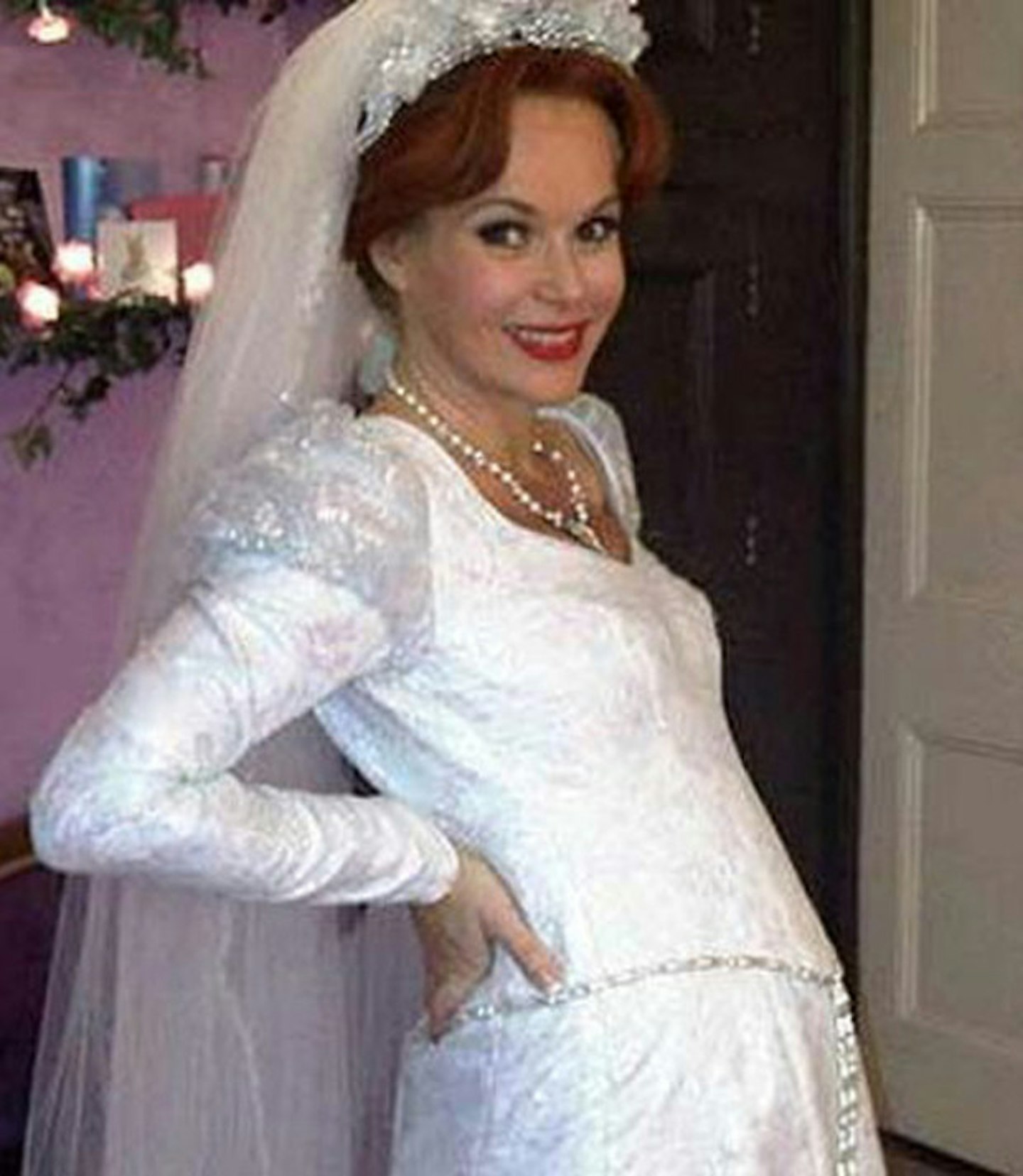 7 of 97
7 of 97Amanda Holden
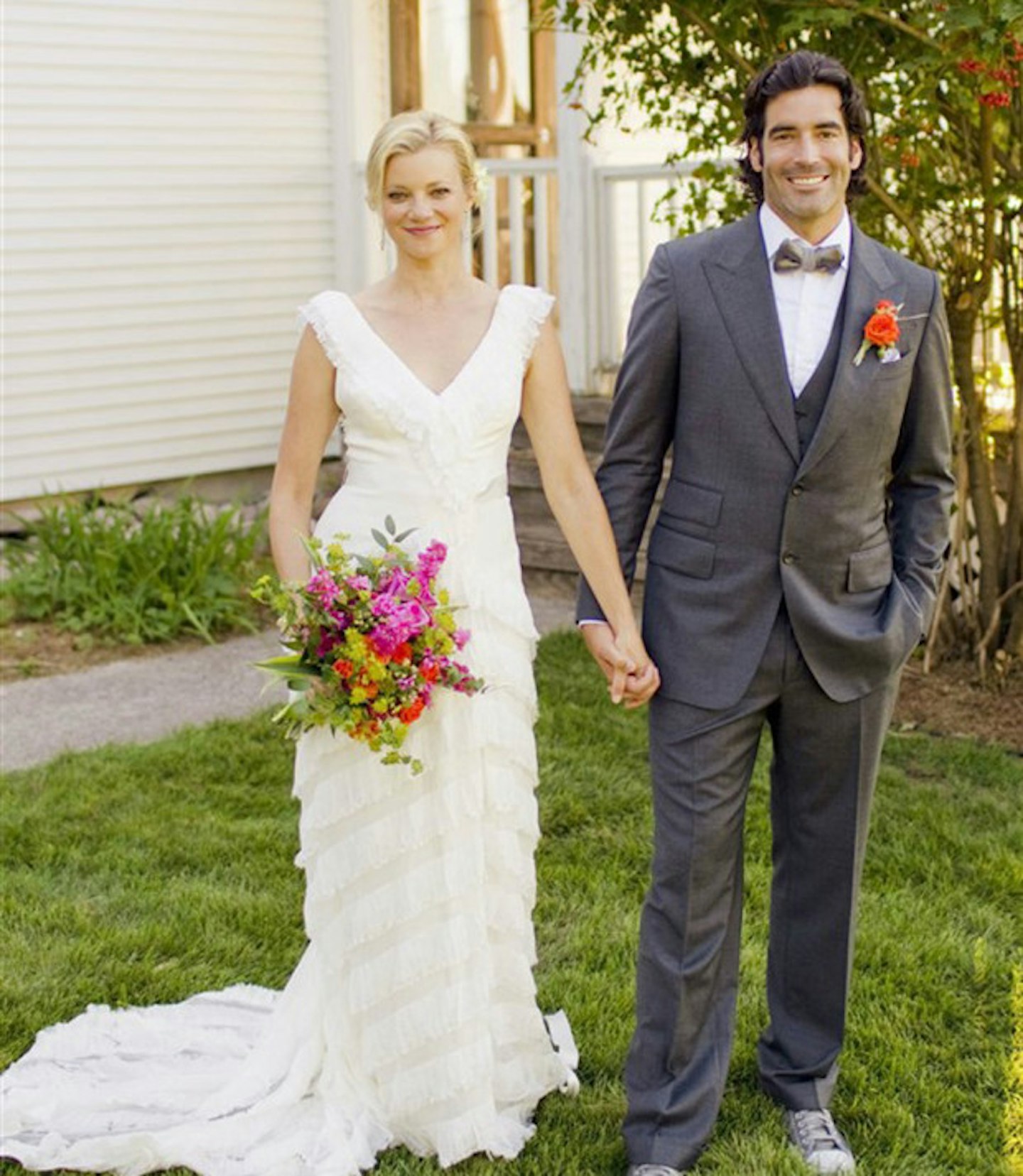 8 of 97
8 of 97Amy Smart
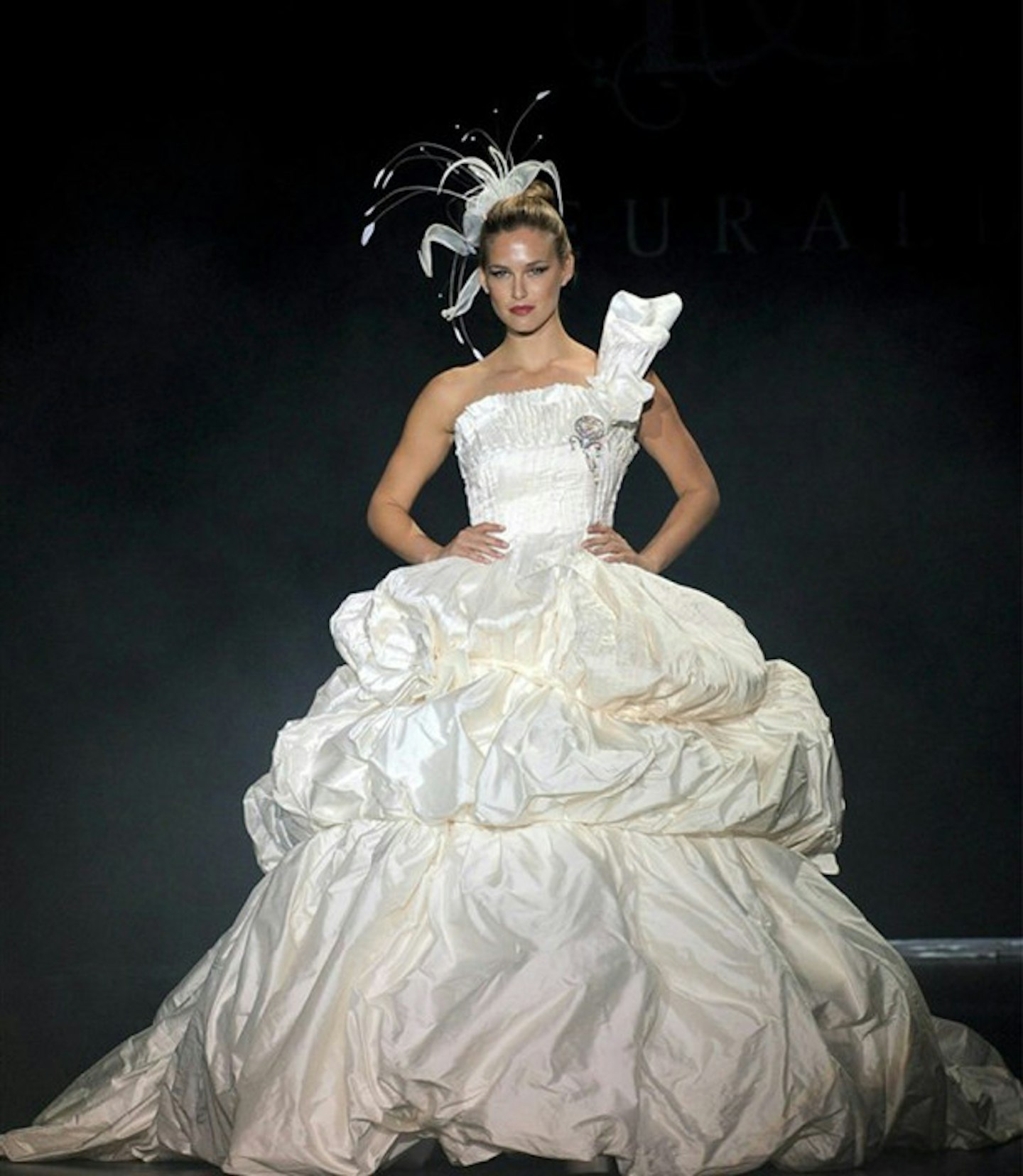 9 of 97
9 of 97Bar Rafaeli
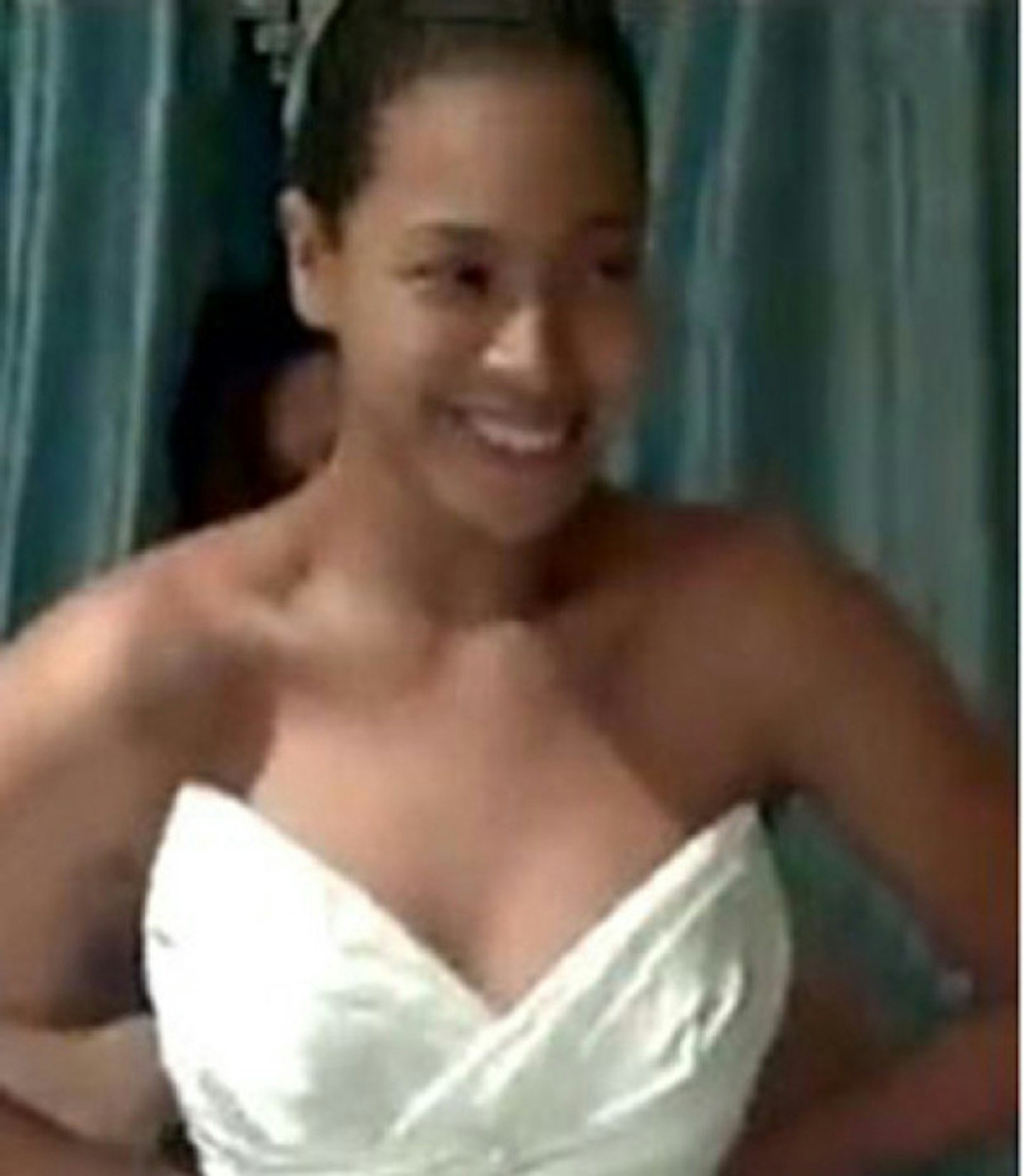 10 of 97
10 of 97Beyoncé
 11 of 97
11 of 97Blake Lively
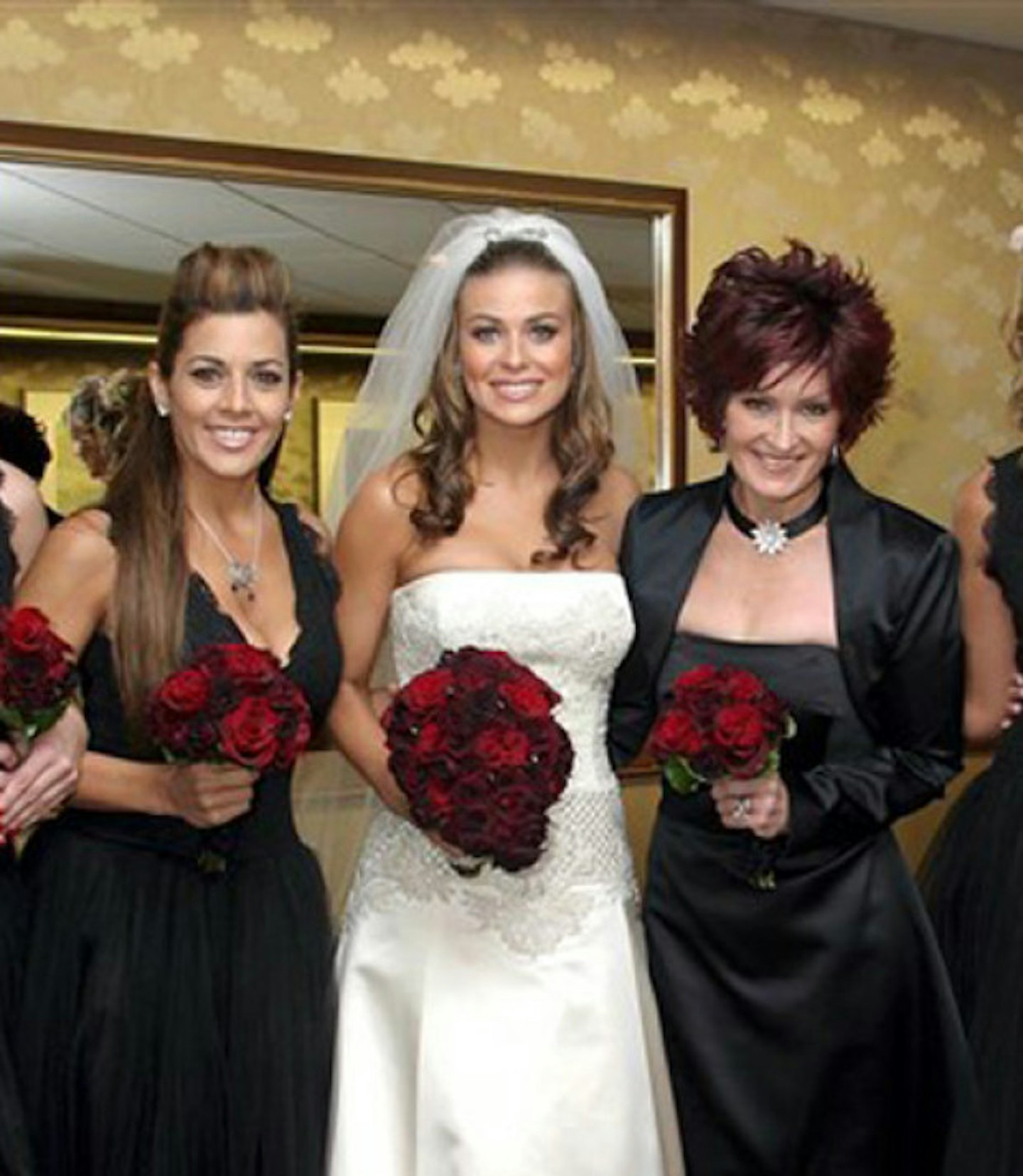 12 of 97
12 of 97Carmen Electra
 13 of 97
13 of 97Cheyenne Pidgley
 14 of 97
14 of 97Christina Ricci
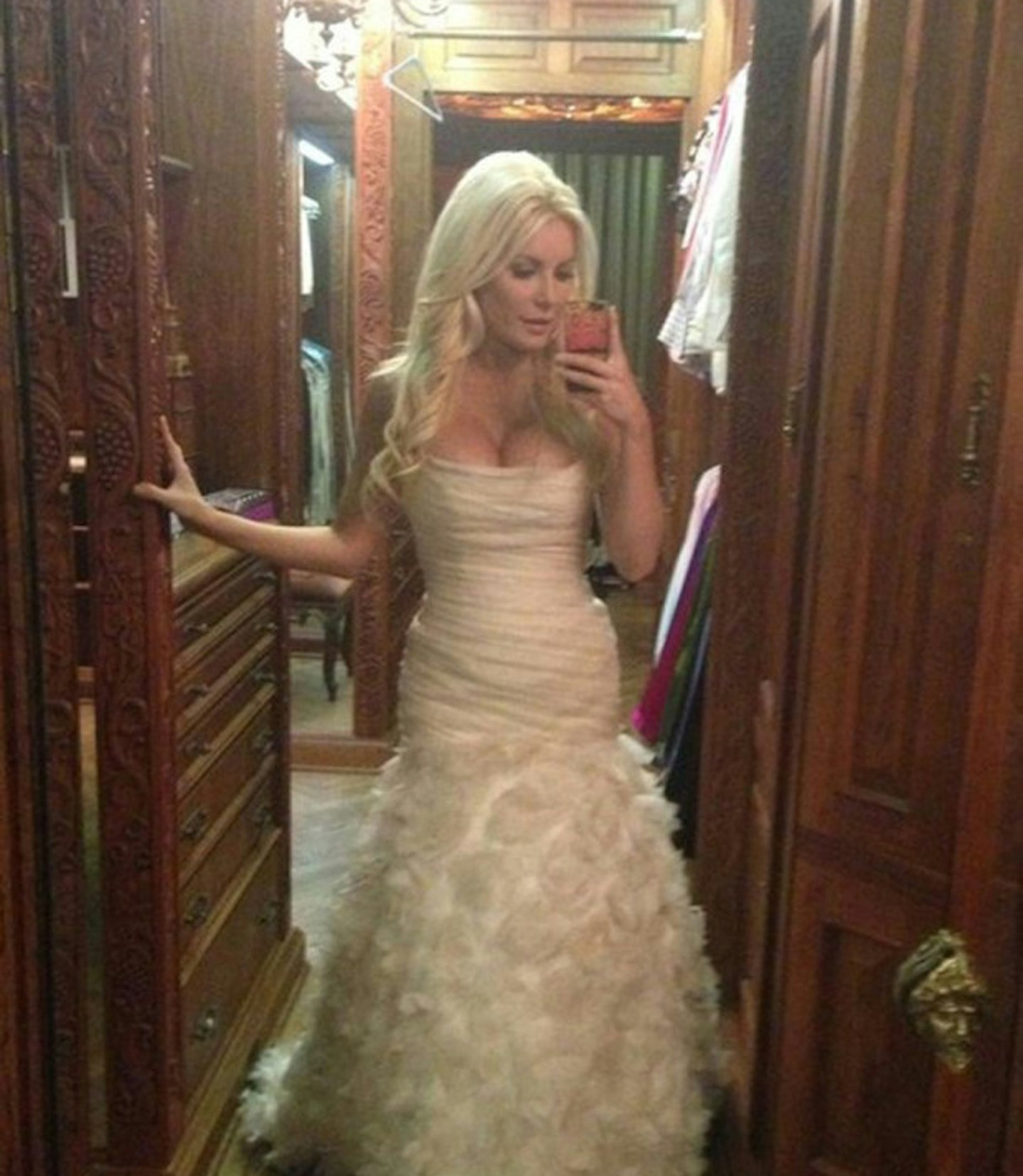 15 of 97
15 of 97Crystal Hefner
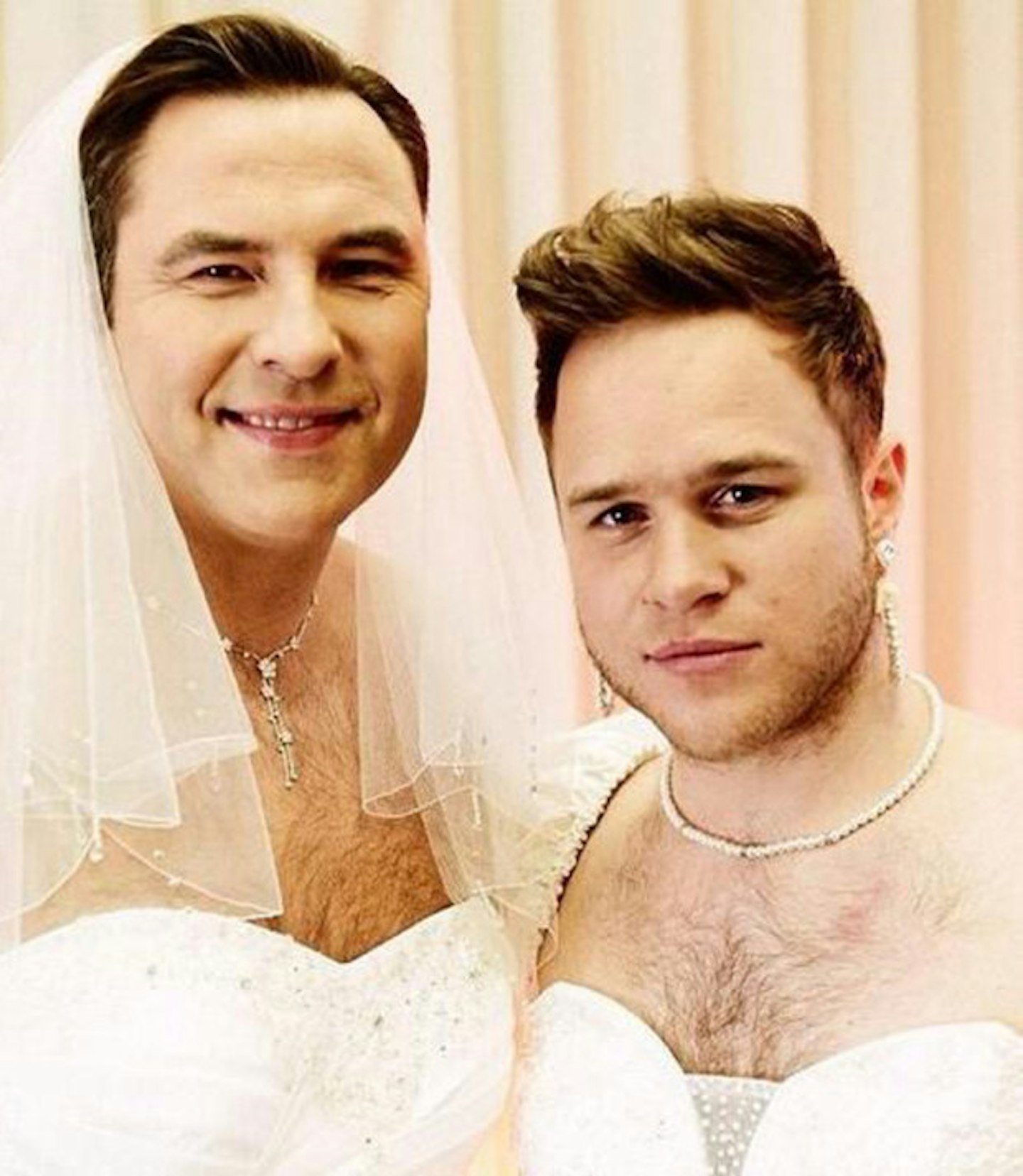 16 of 97
16 of 97David Walliams and Olly Murs
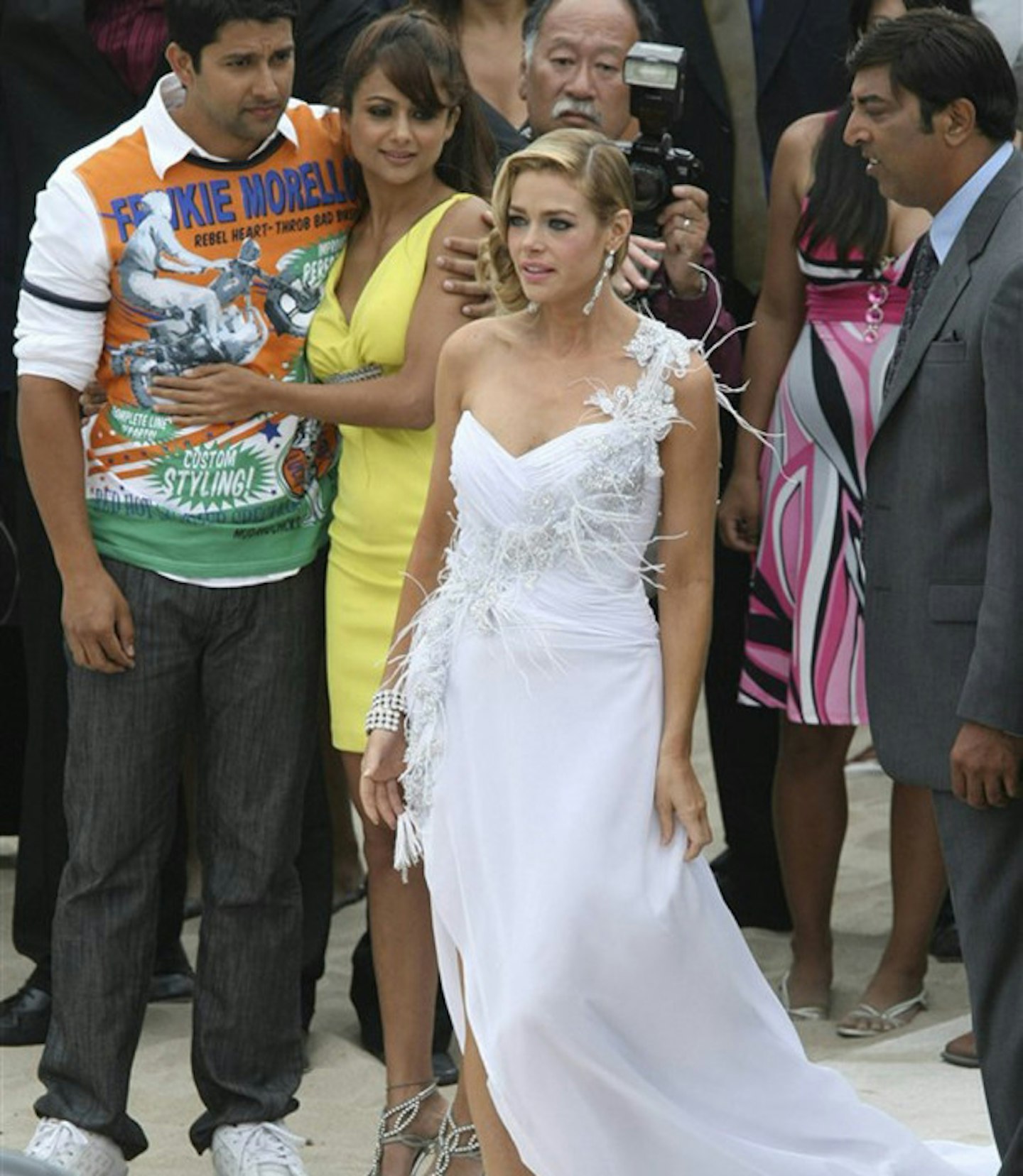 17 of 97
17 of 97Denise Richards
_620x713.jpg?auto=format&w=1440&q=80) 18 of 97
18 of 97Denise Van Outen
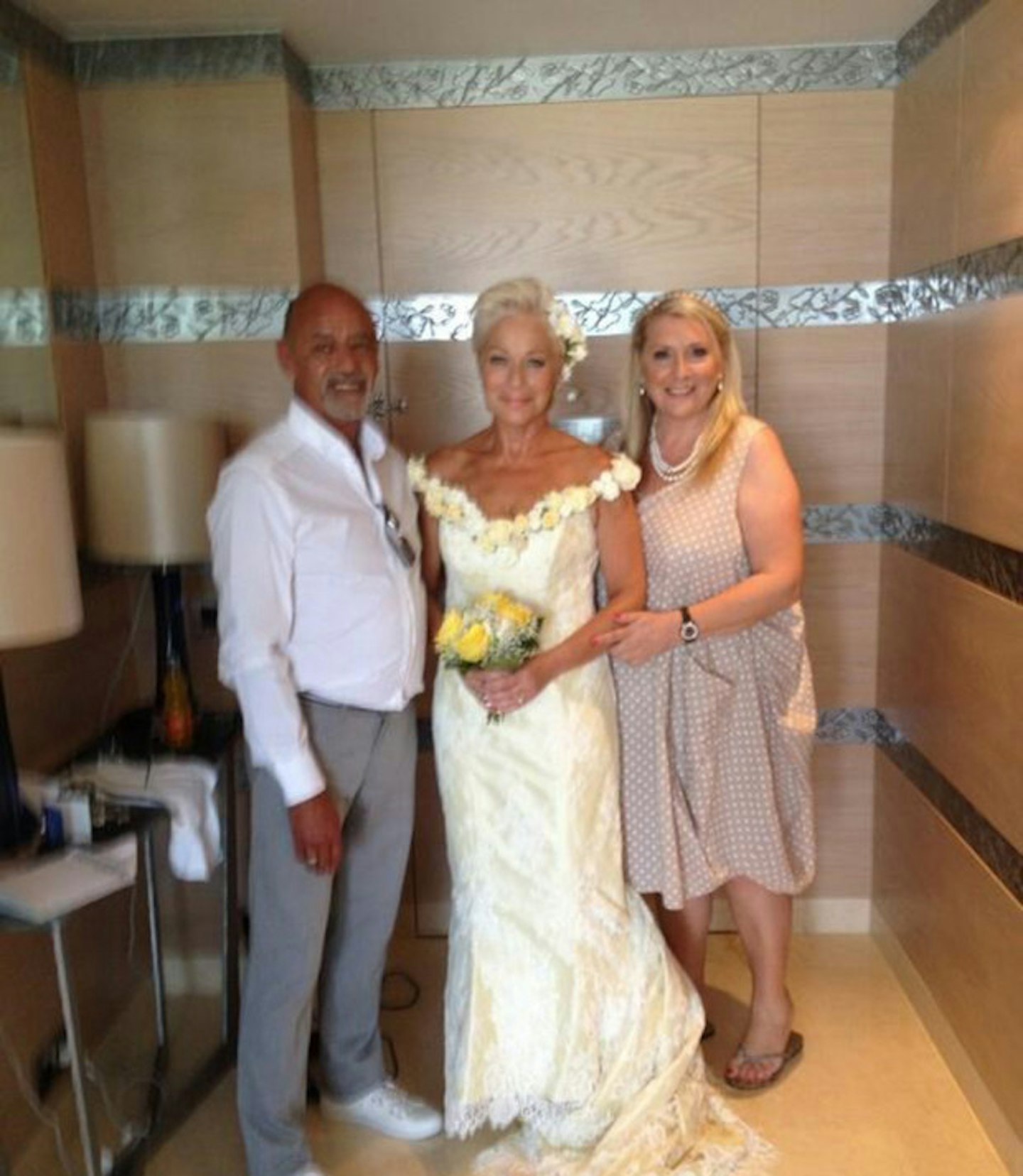 19 of 97
19 of 97Denise Welch
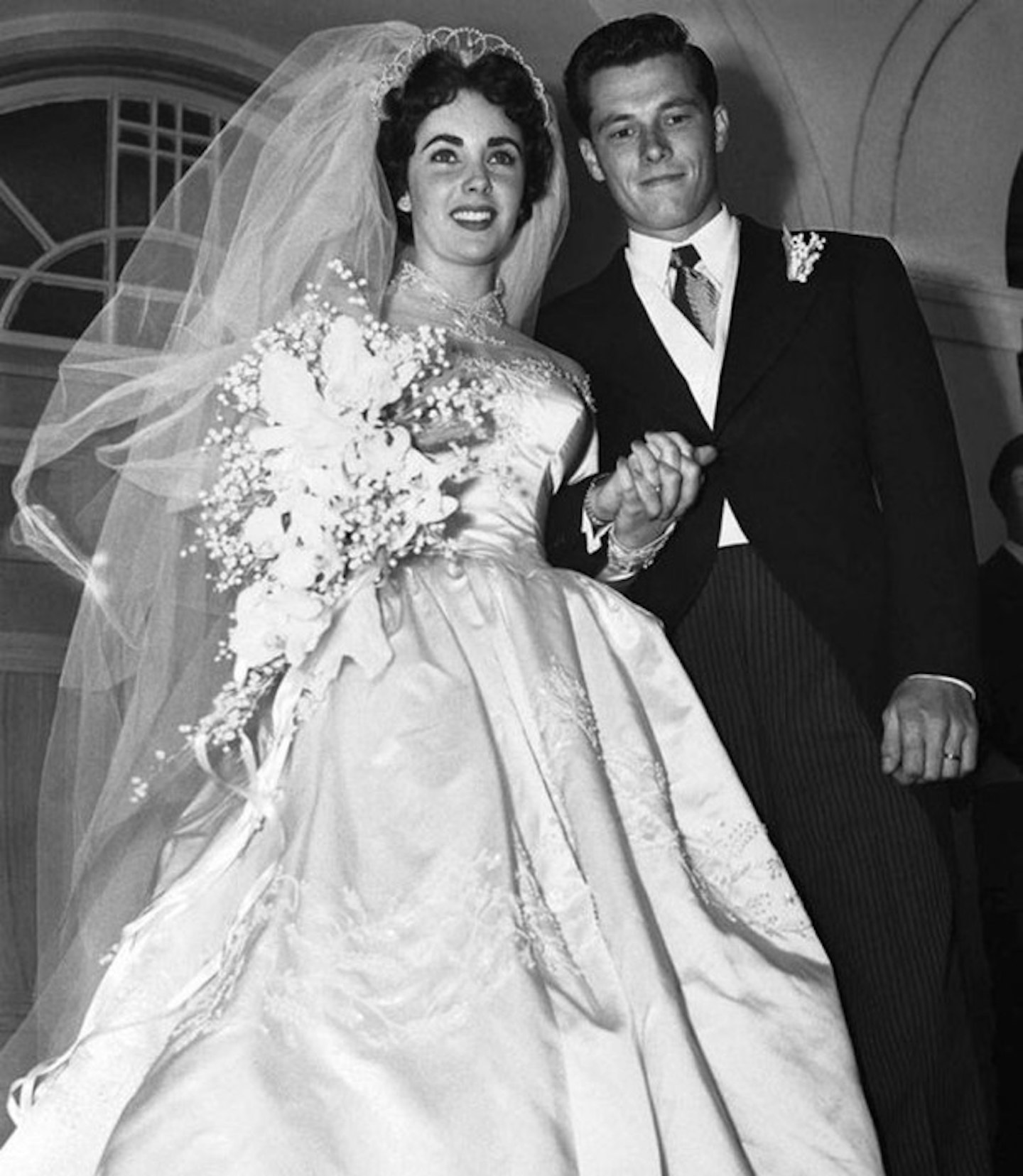 20 of 97
20 of 97Elizabeth Taylor
 21 of 97
21 of 97Flavia Cacace
 22 of 97
22 of 97Rihanna
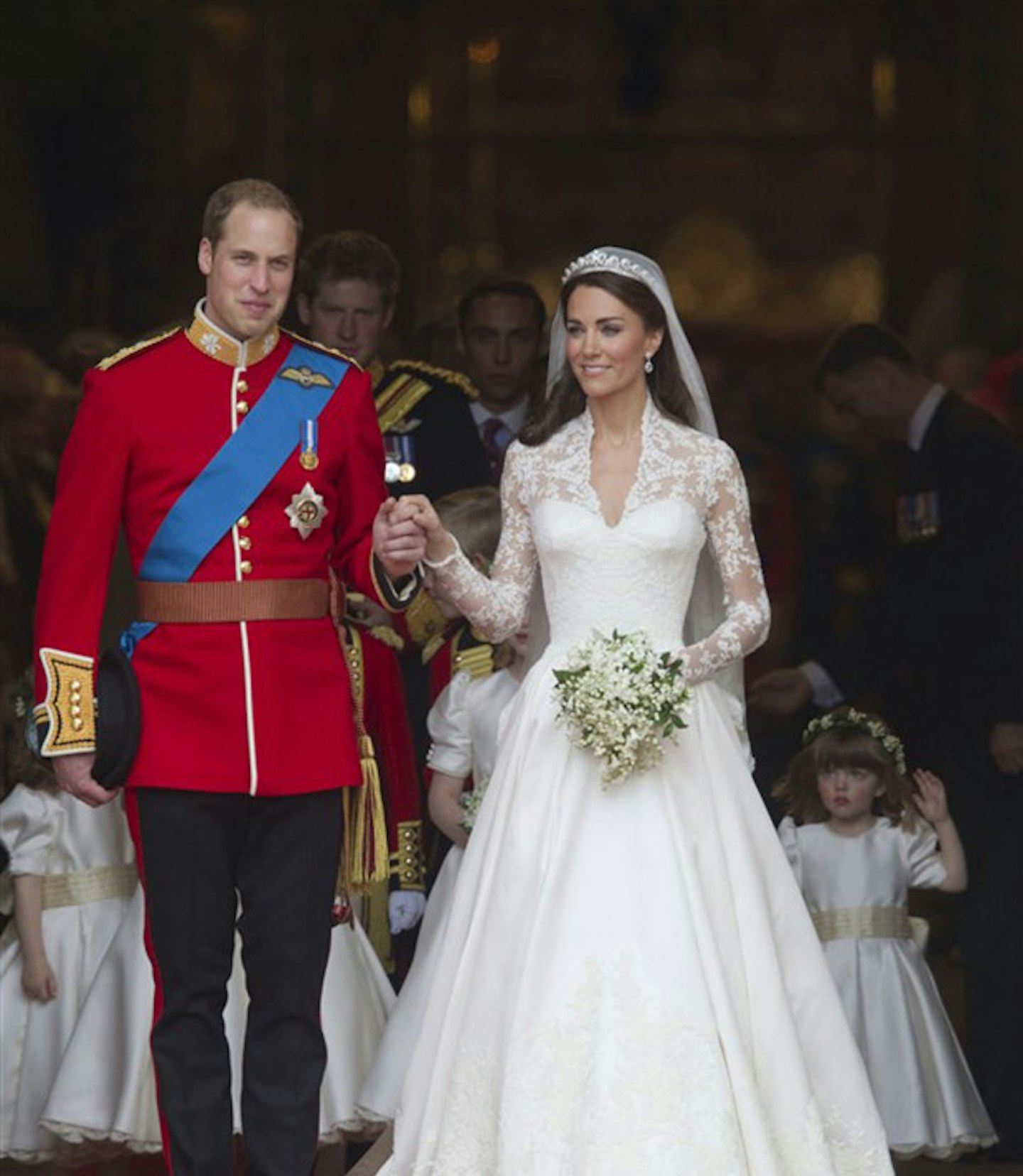 23 of 97
23 of 97Kate Middleton
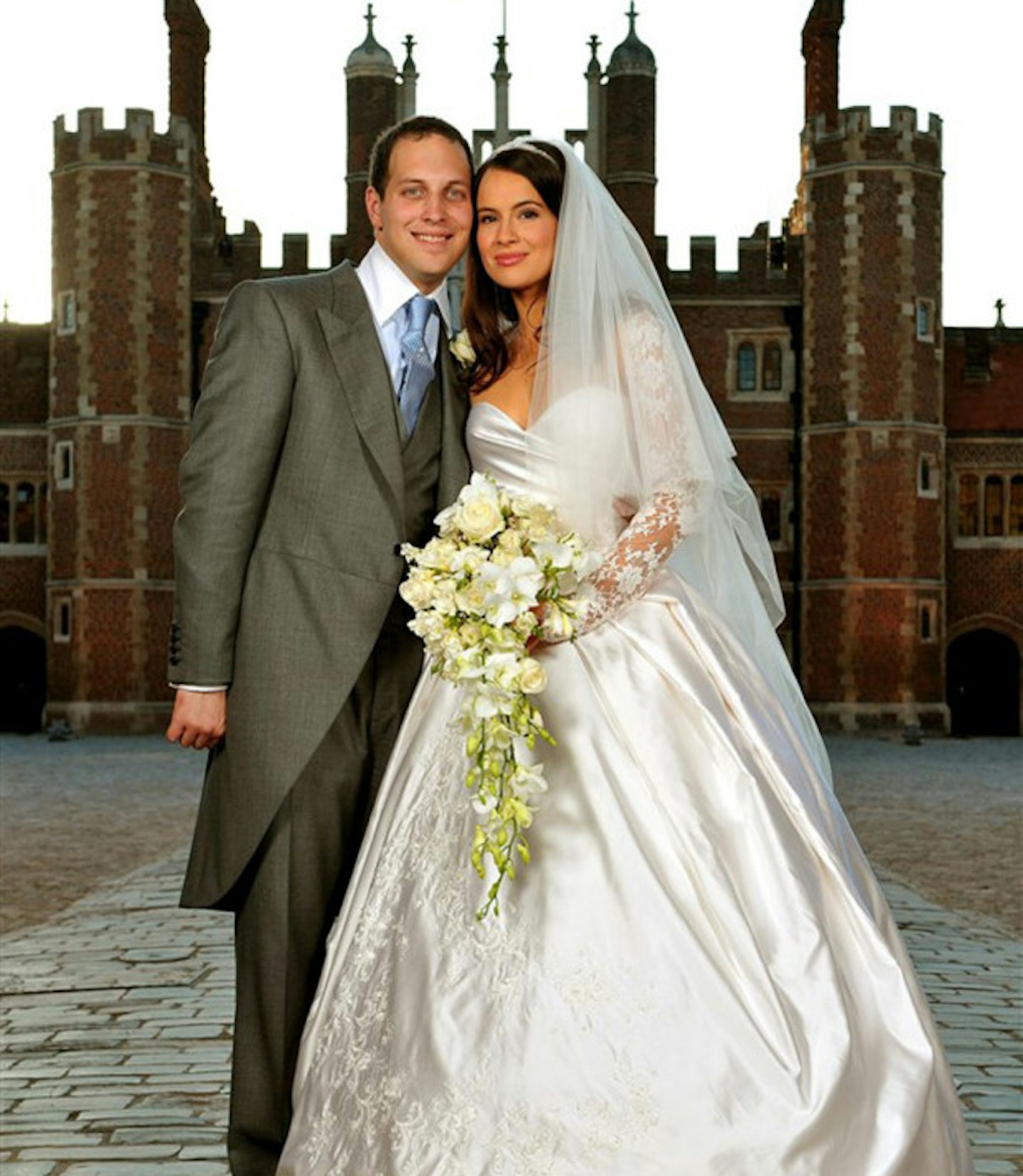 24 of 97
24 of 97Sophia Winkleman
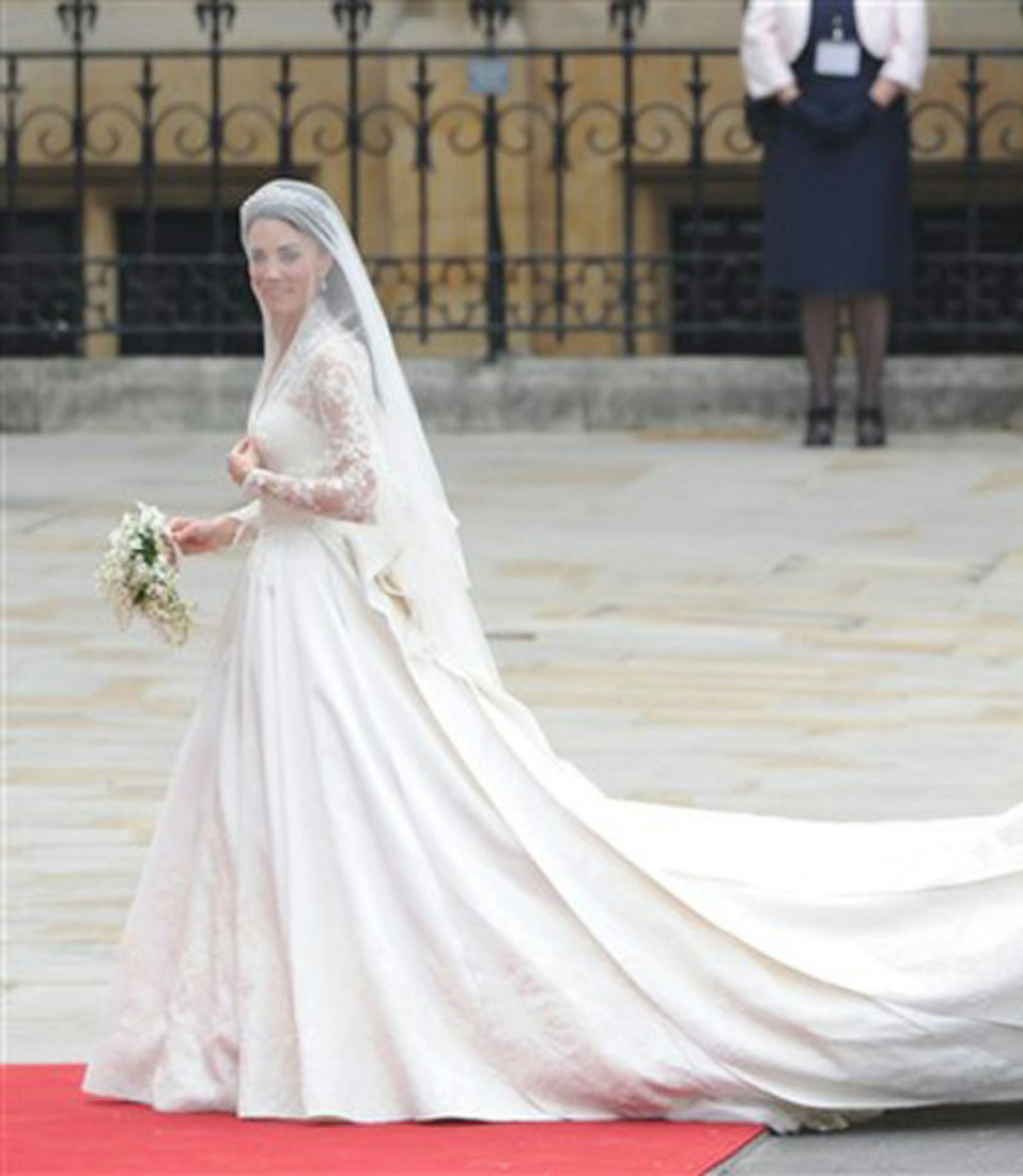 25 of 97
25 of 97Kate & Pippa Middleton
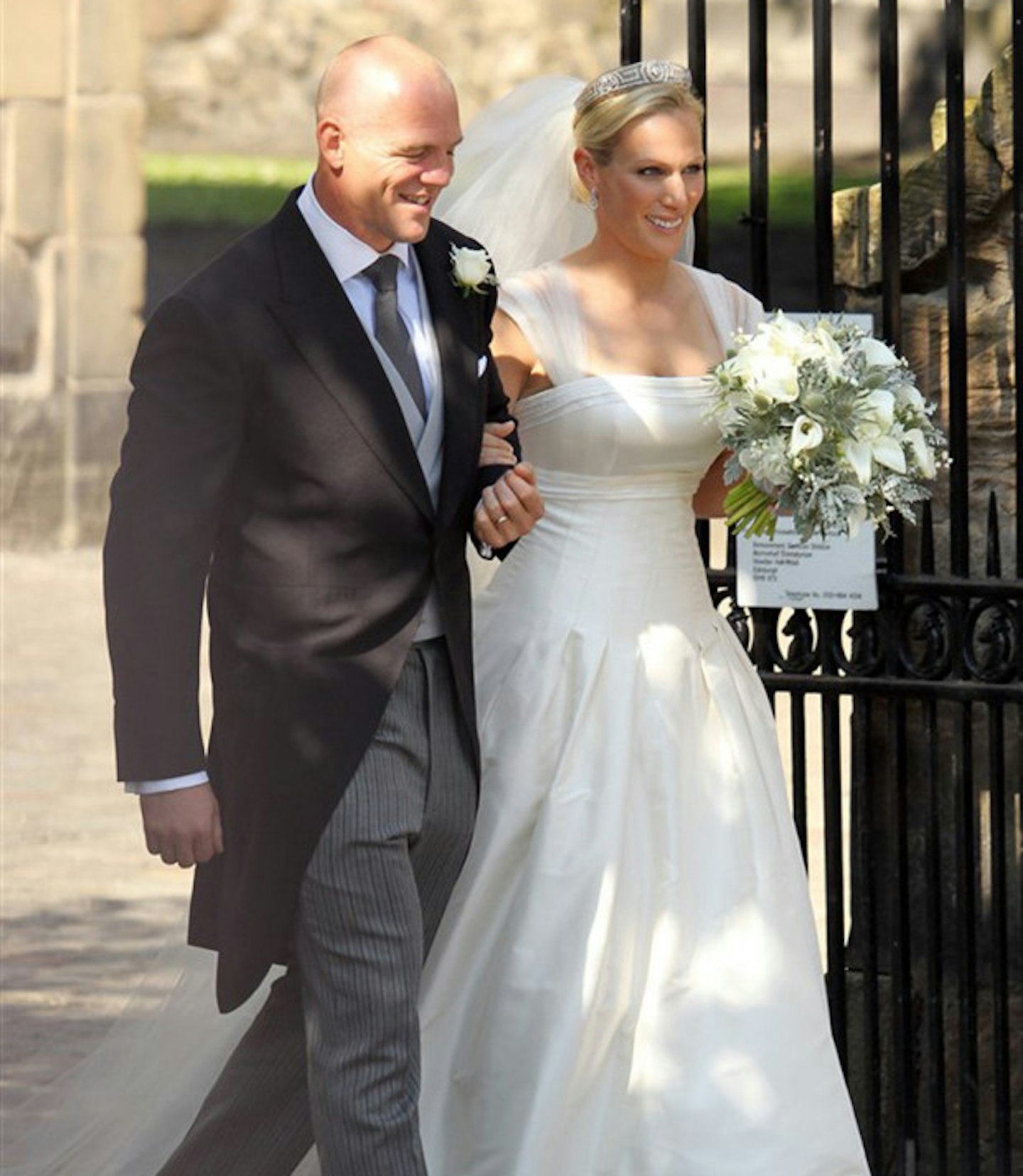 26 of 97
26 of 97Zara Phillips
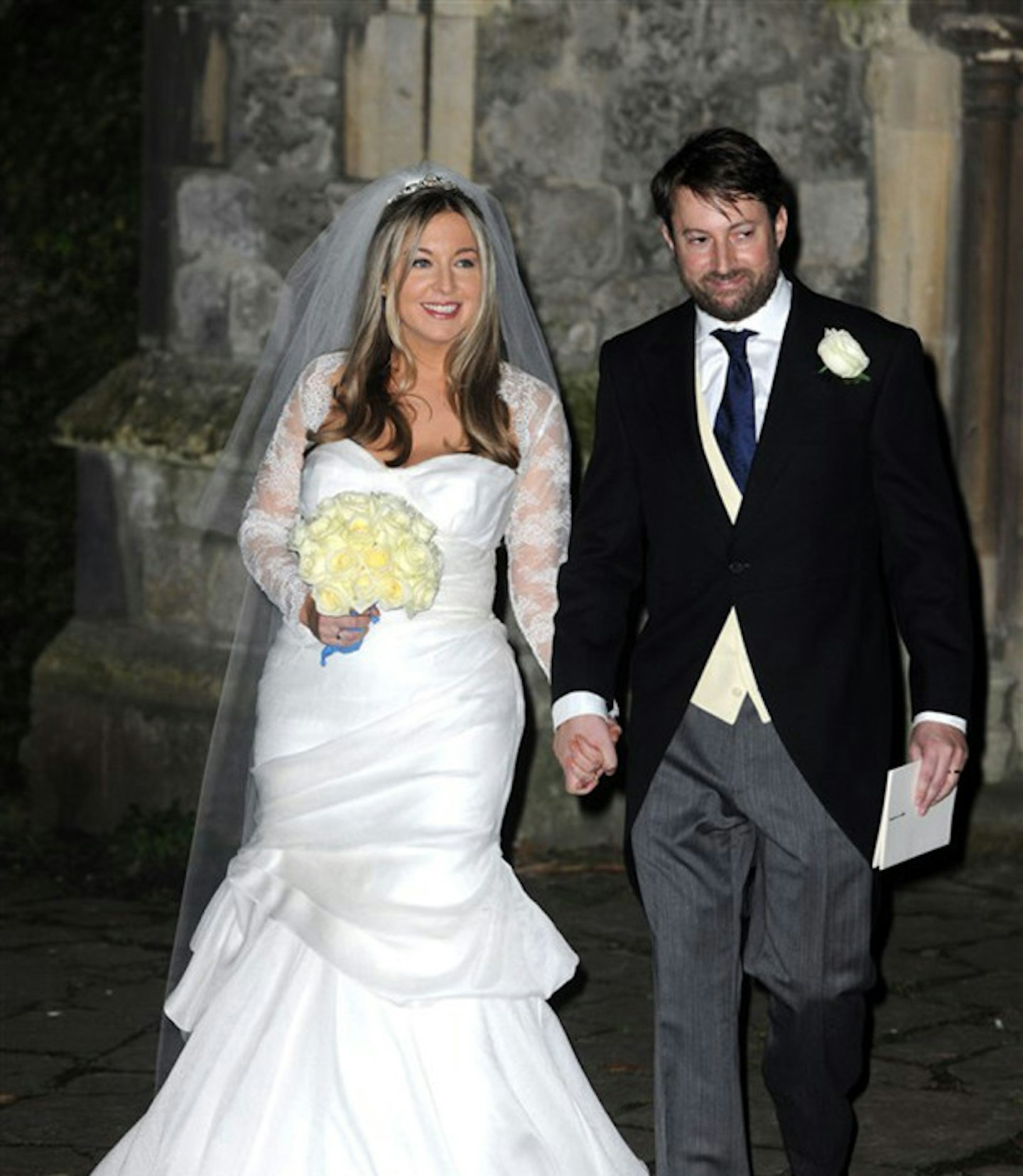 27 of 97
27 of 97Victoria Coren Mitchell
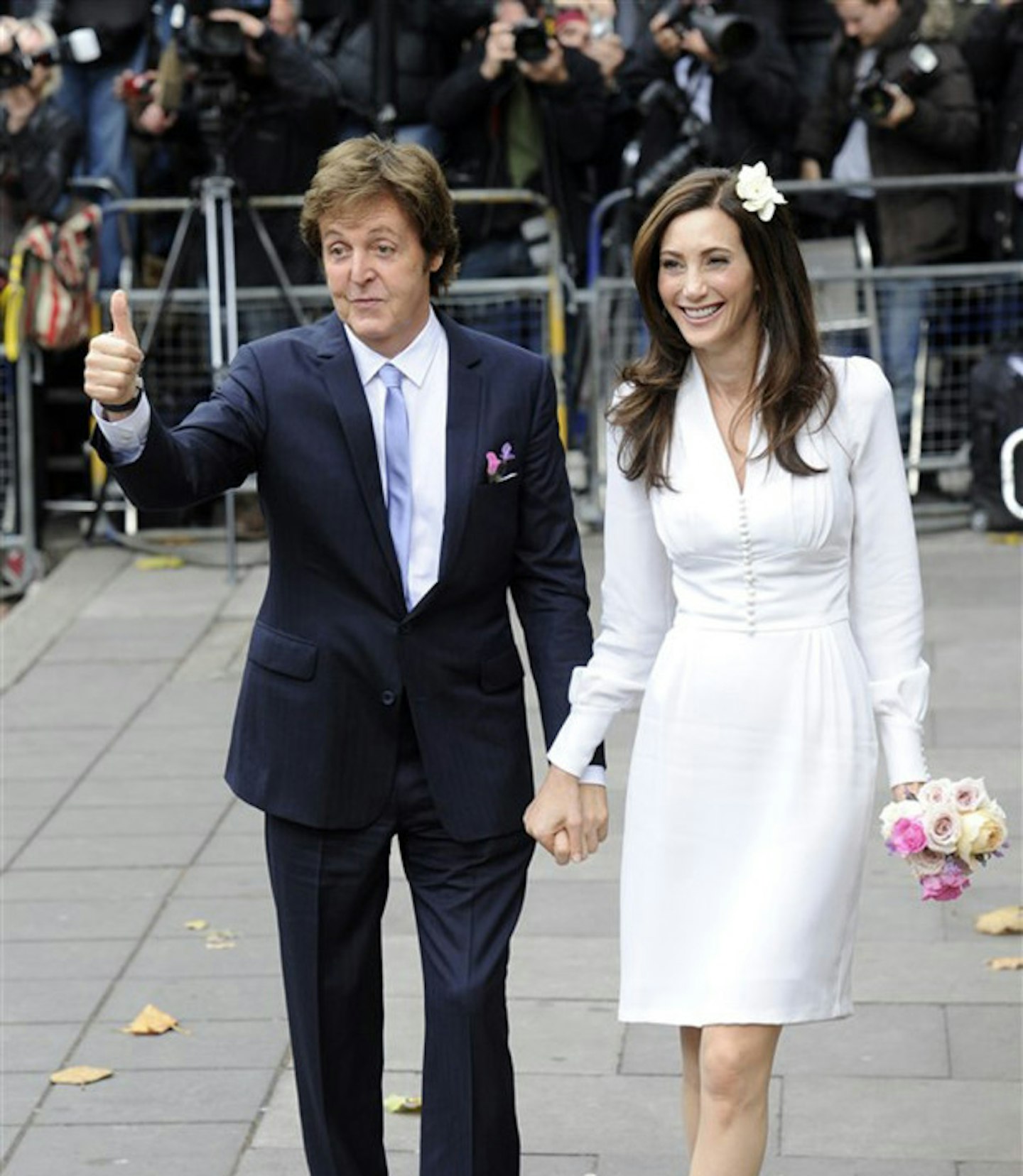 28 of 97
28 of 97Nancy Shevell
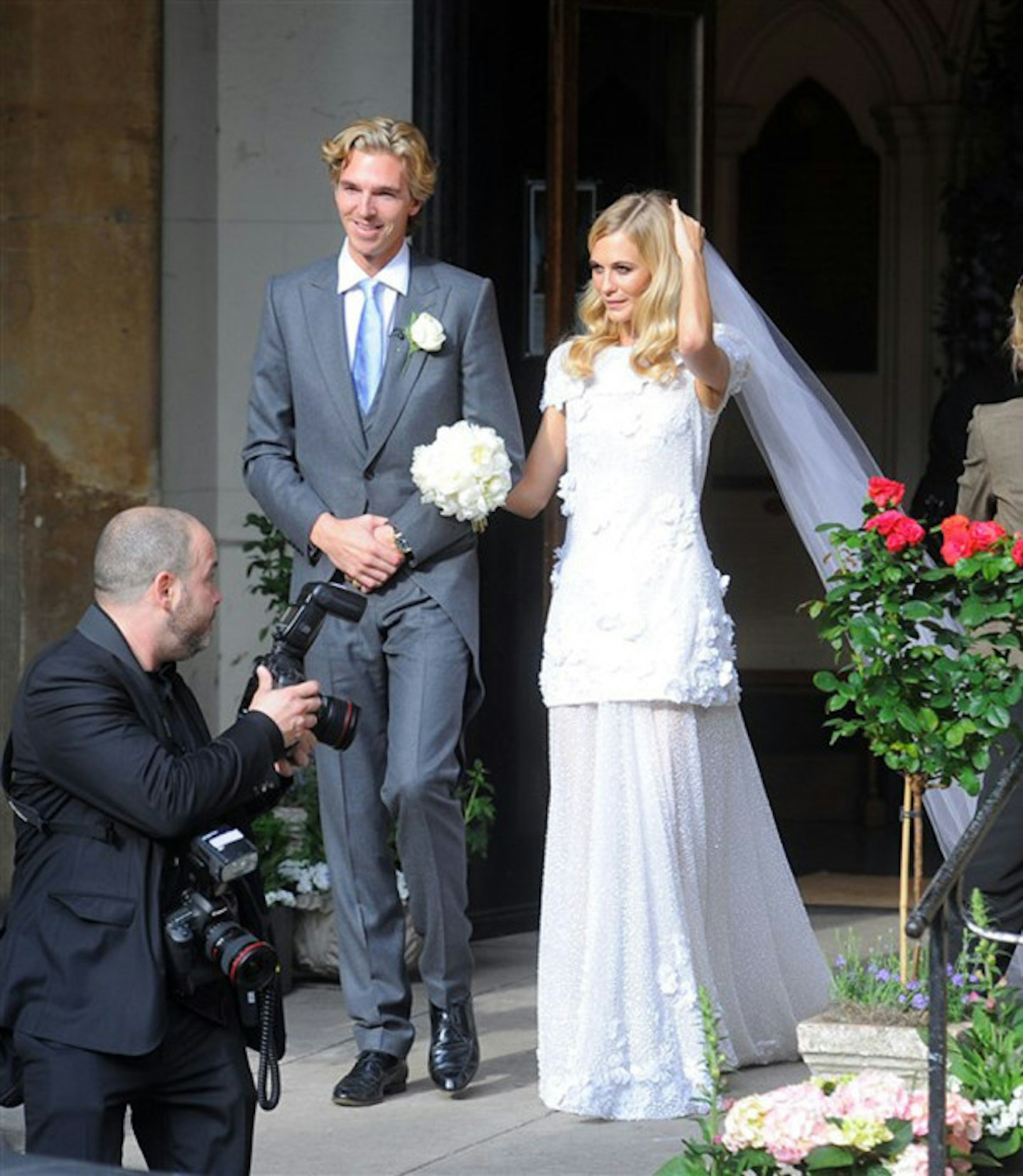 29 of 97
29 of 97Poppy Delevingne
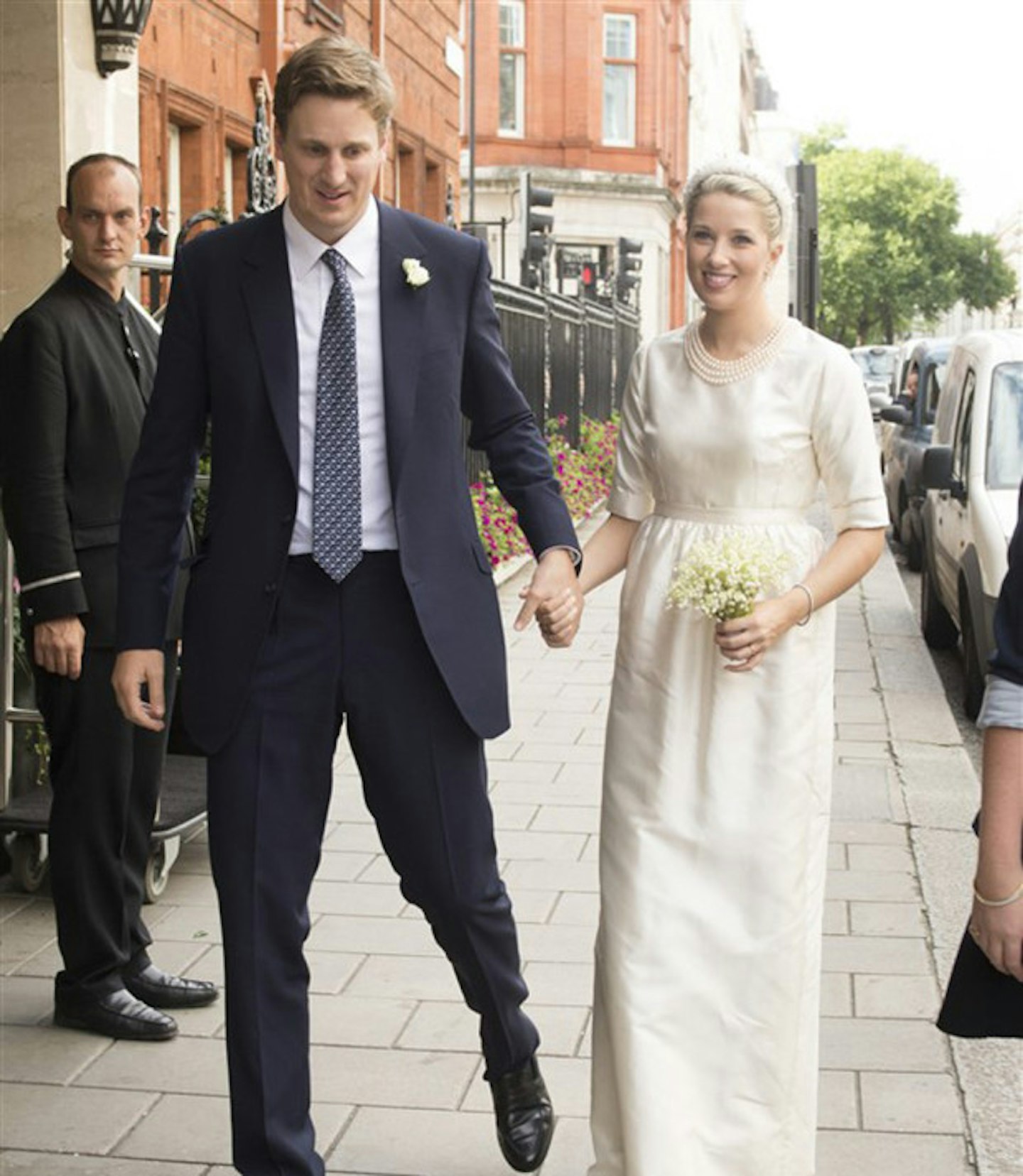 30 of 97
30 of 97Alexandra Findlay
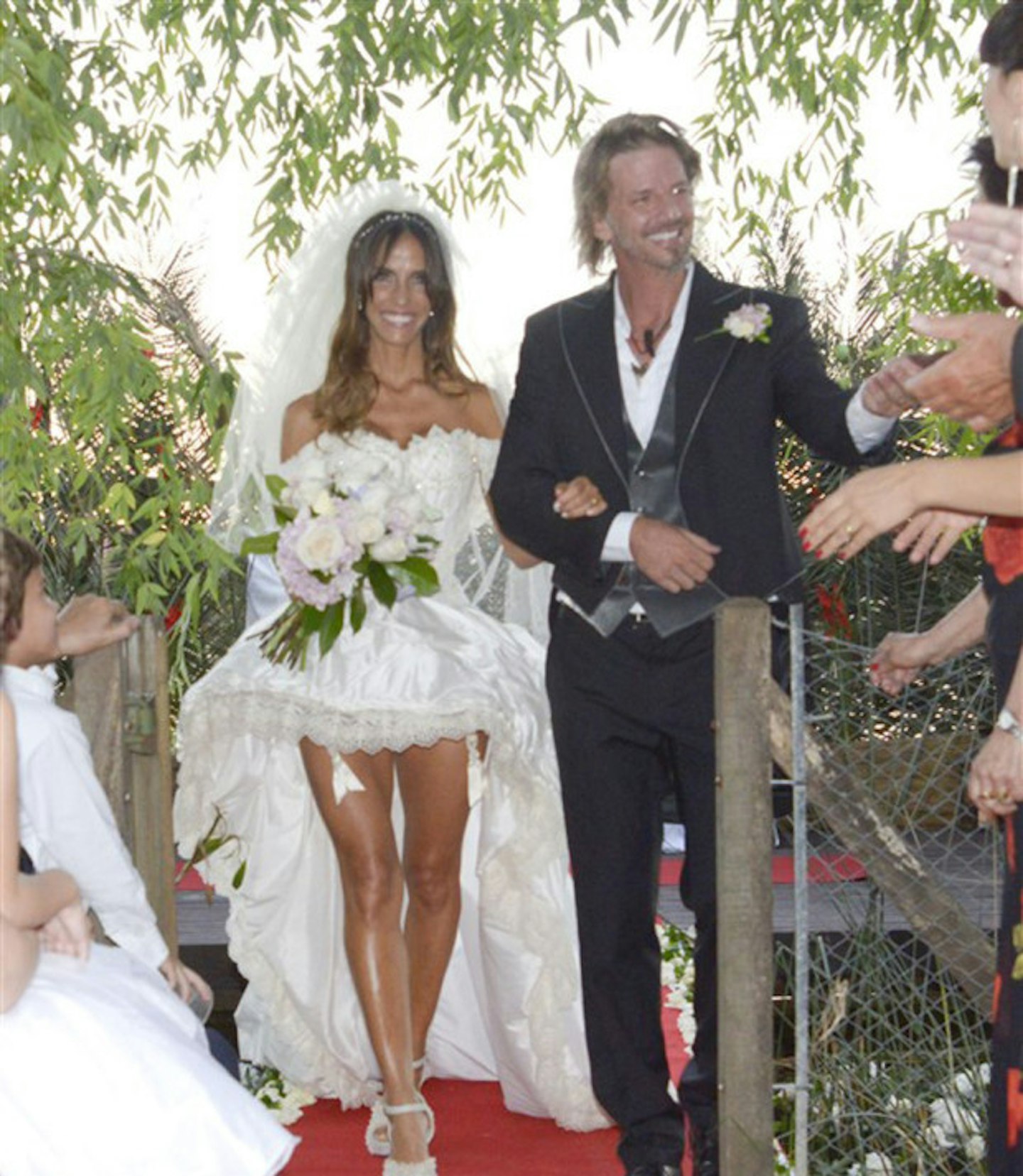 31 of 97
31 of 97Maria Susini
 32 of 97
32 of 97Luisana Lopilato
 33 of 97
33 of 97Cher Lloyd
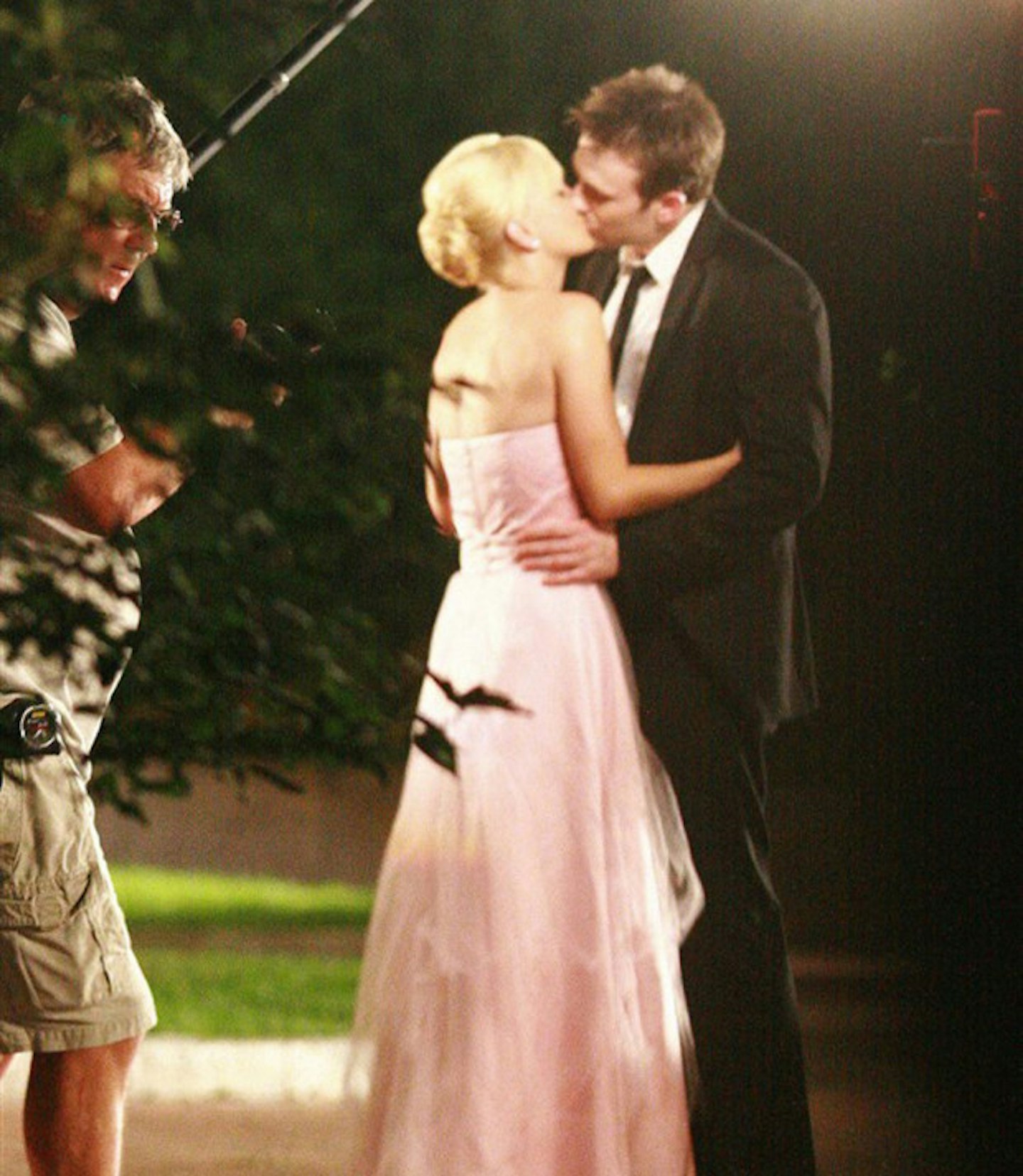 34 of 97
34 of 97Anna Faris
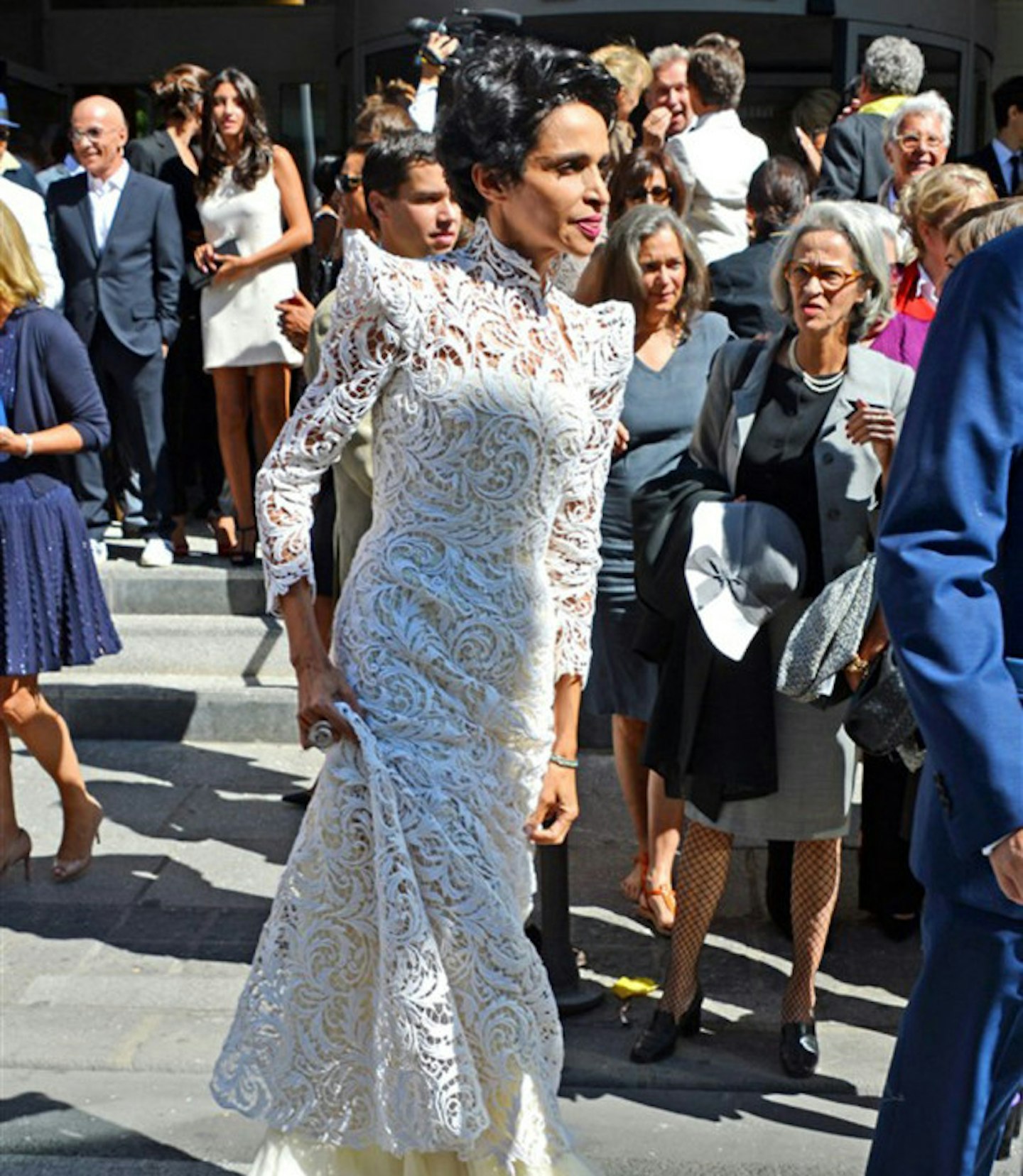 35 of 97
35 of 97Farida Khelfa
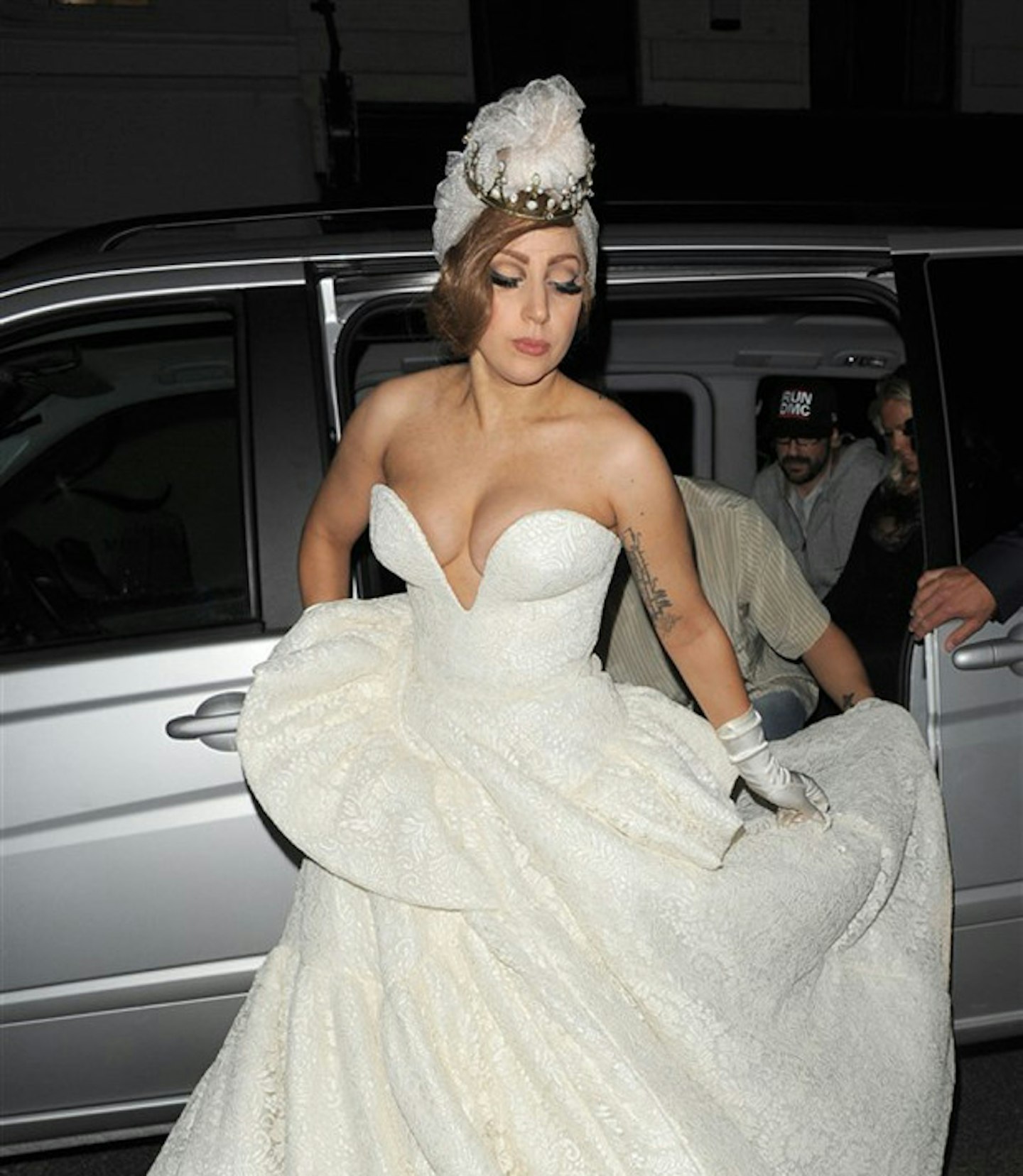 36 of 97
36 of 97Lady Gaga
 37 of 97
37 of 97Milla Jovovich
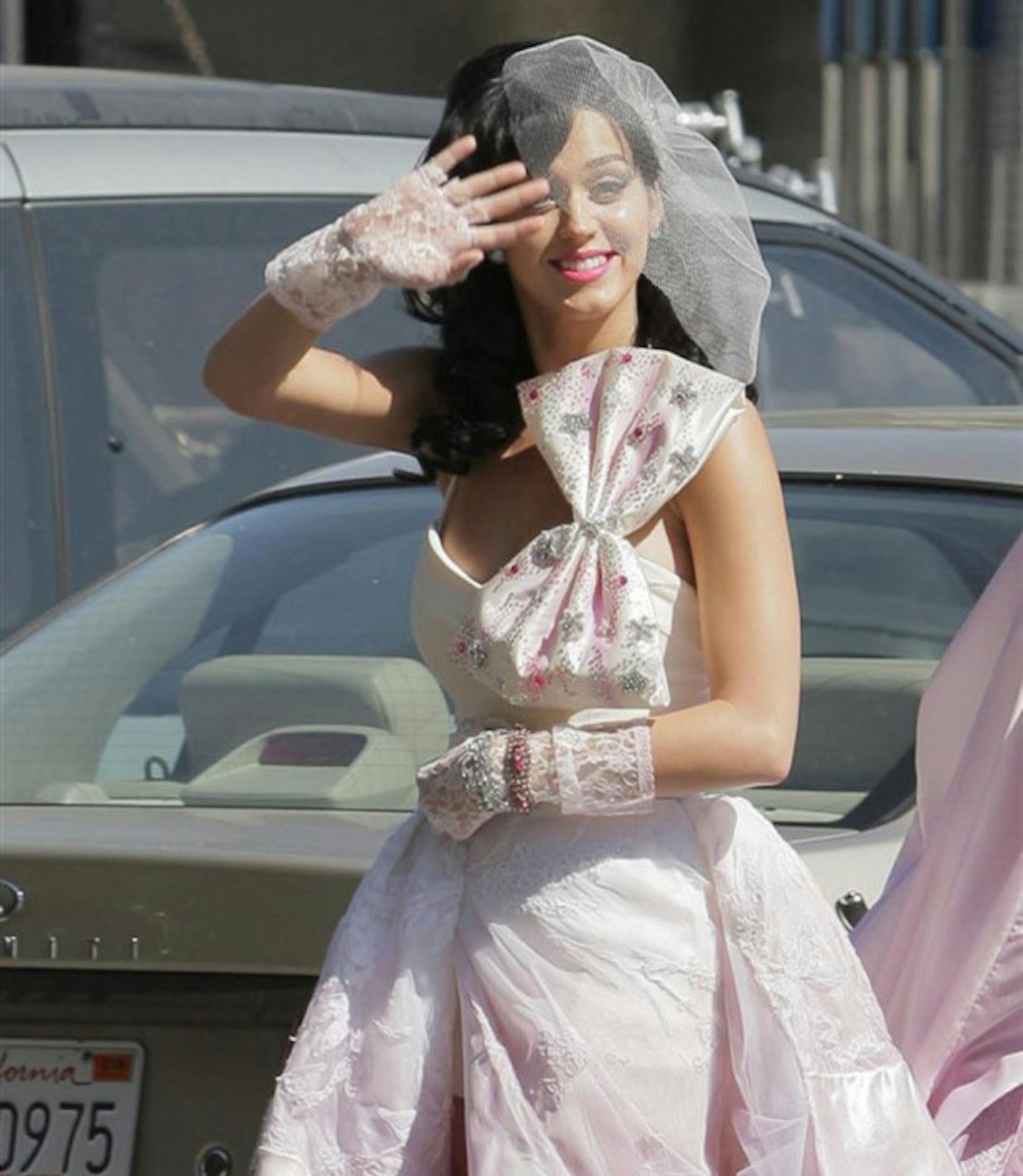 38 of 97
38 of 97Katy Perry
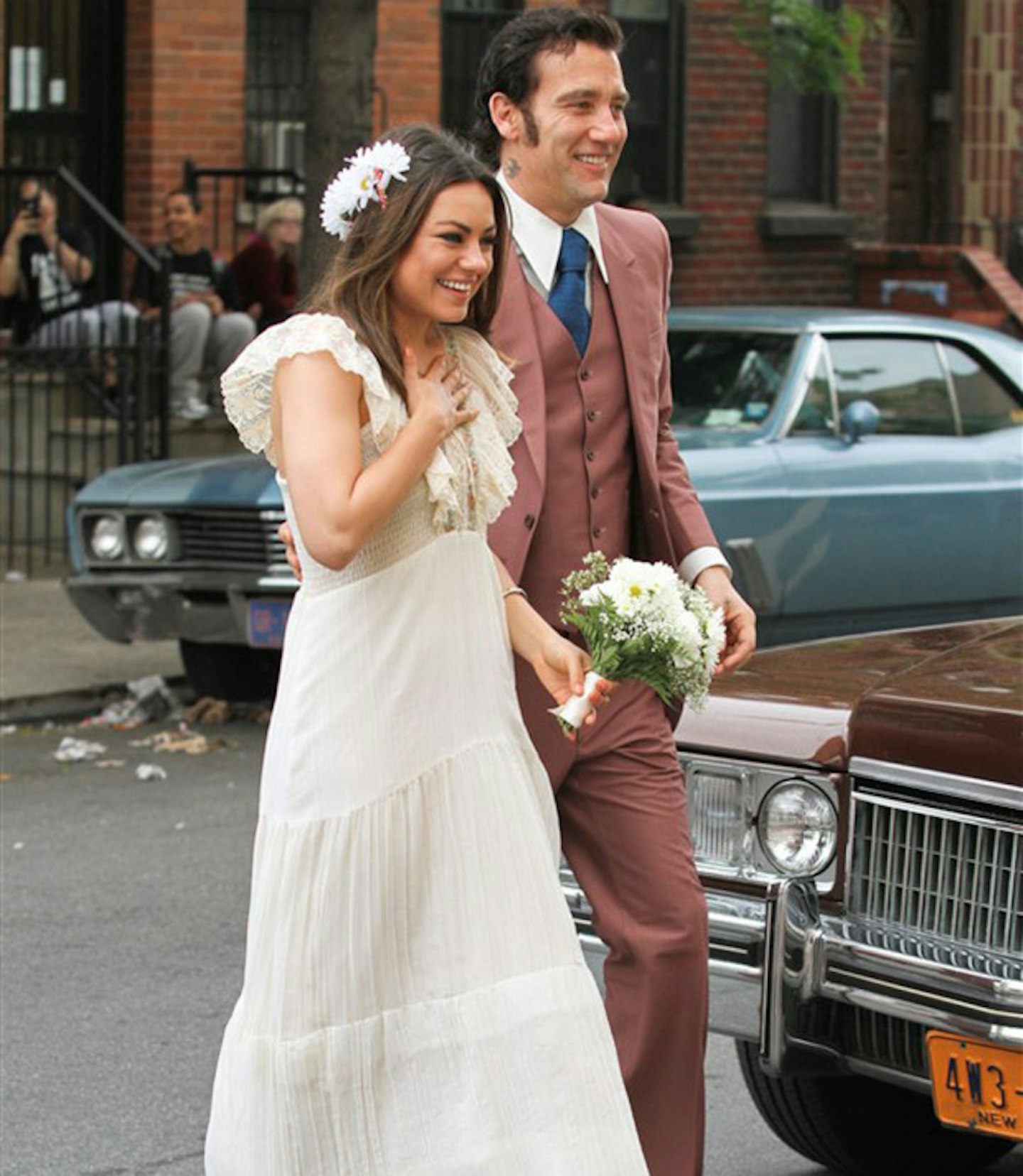 39 of 97
39 of 97Mila Kunis
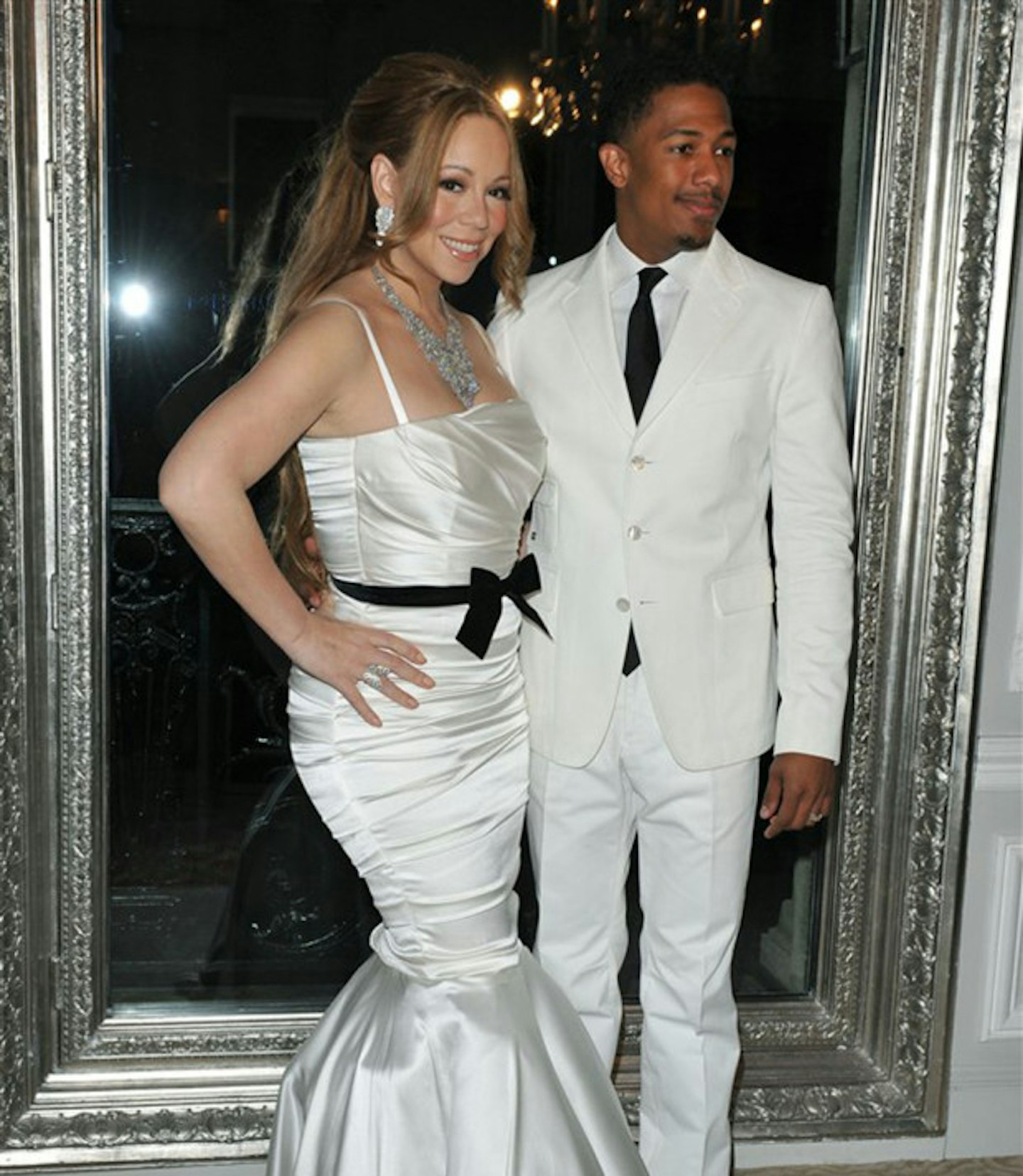 40 of 97
40 of 97Mariah Carey
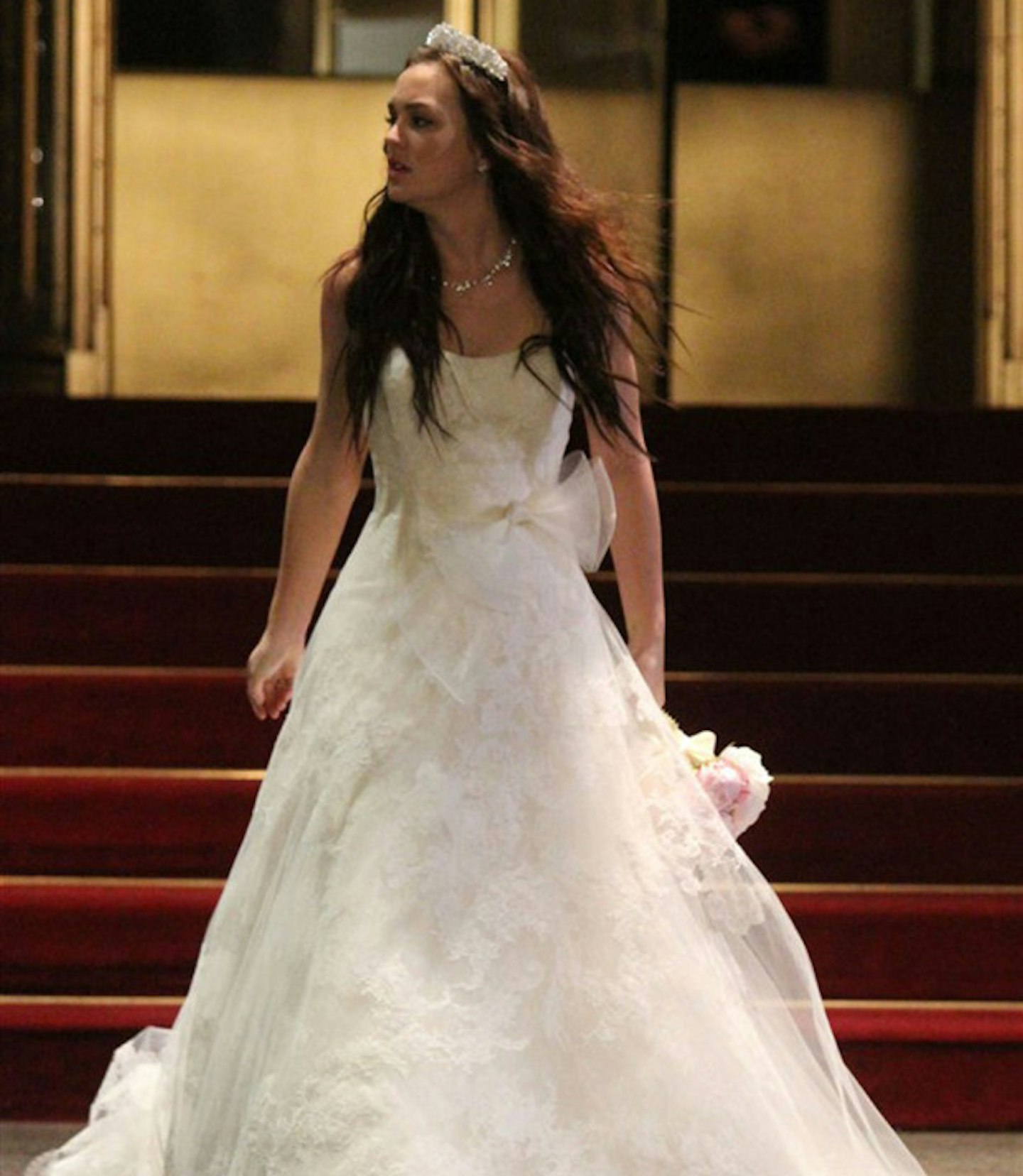 41 of 97
41 of 97Leighton Meester
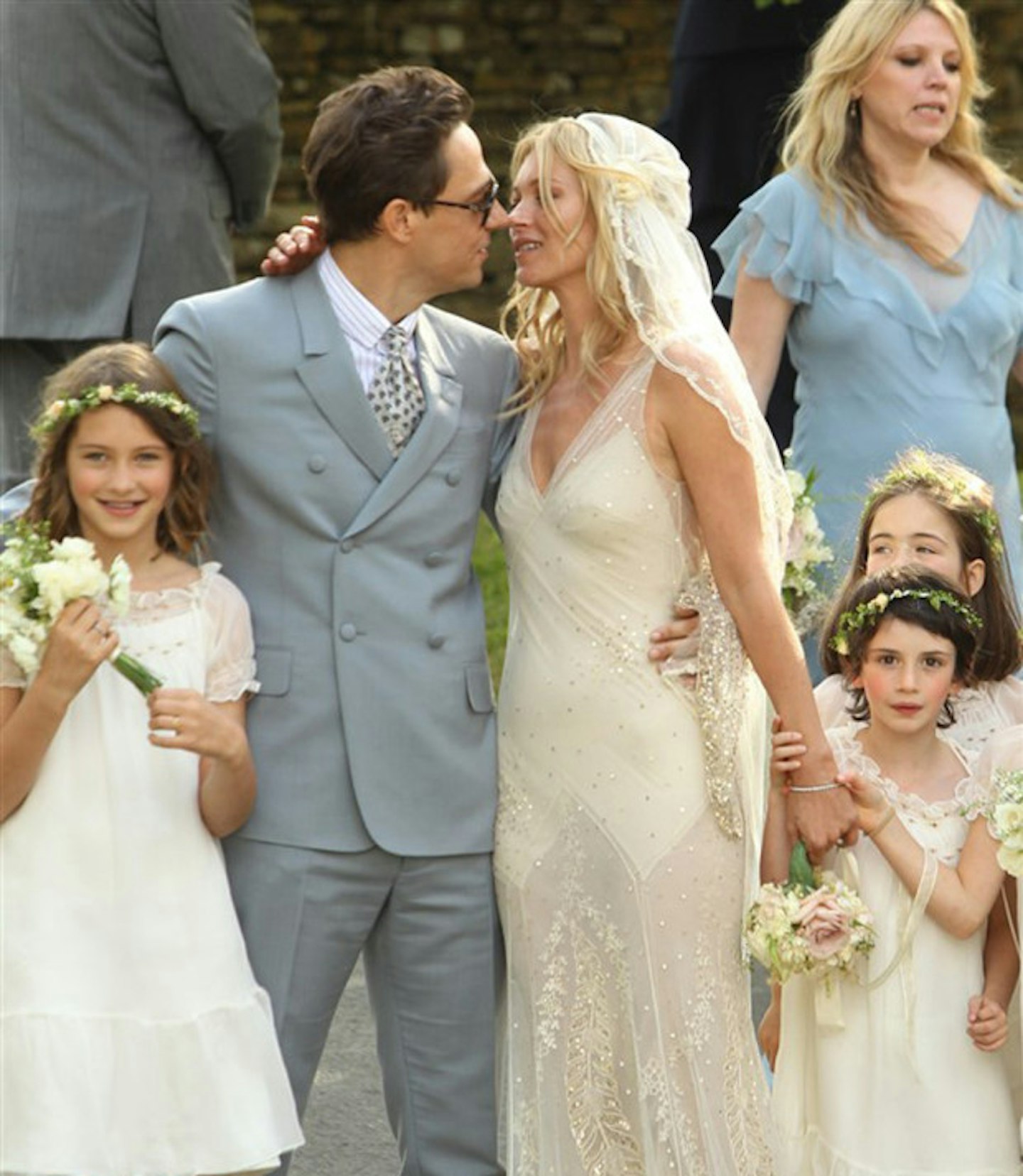 42 of 97
42 of 97Kate Moss
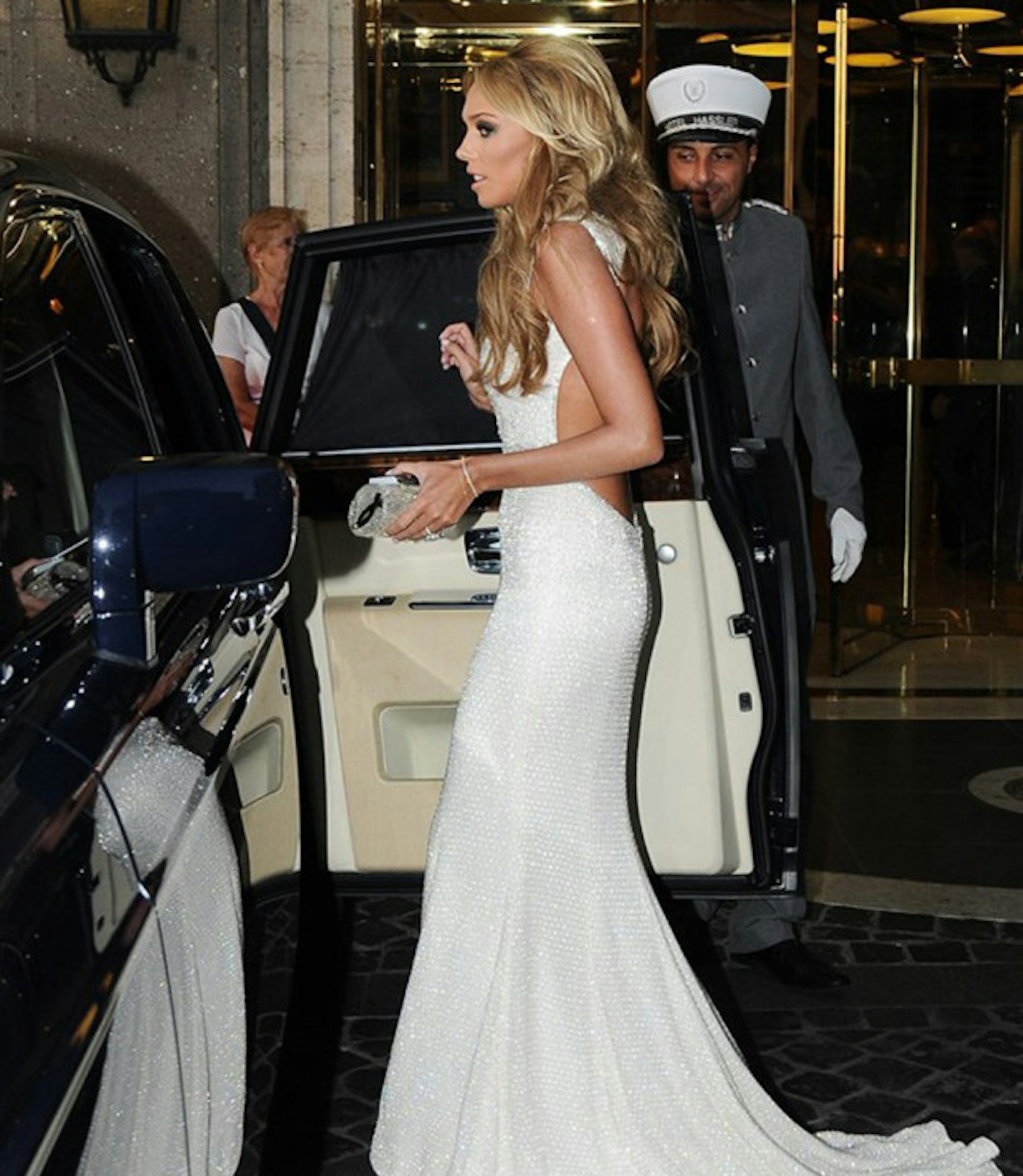 43 of 97
43 of 97Petra Ecclestone
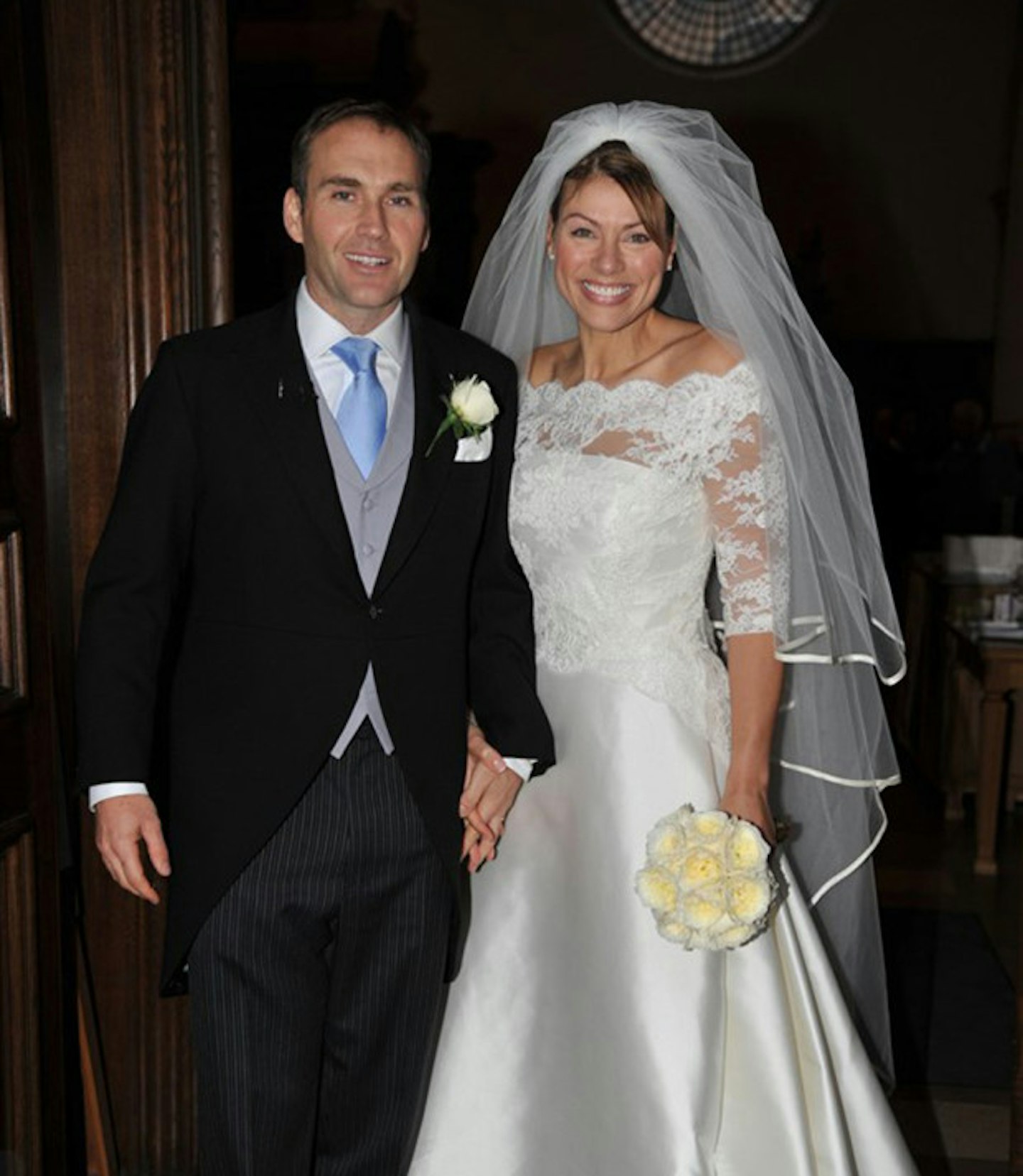 44 of 97
44 of 97Kate Silverton
 45 of 97
45 of 97Sienna Miller
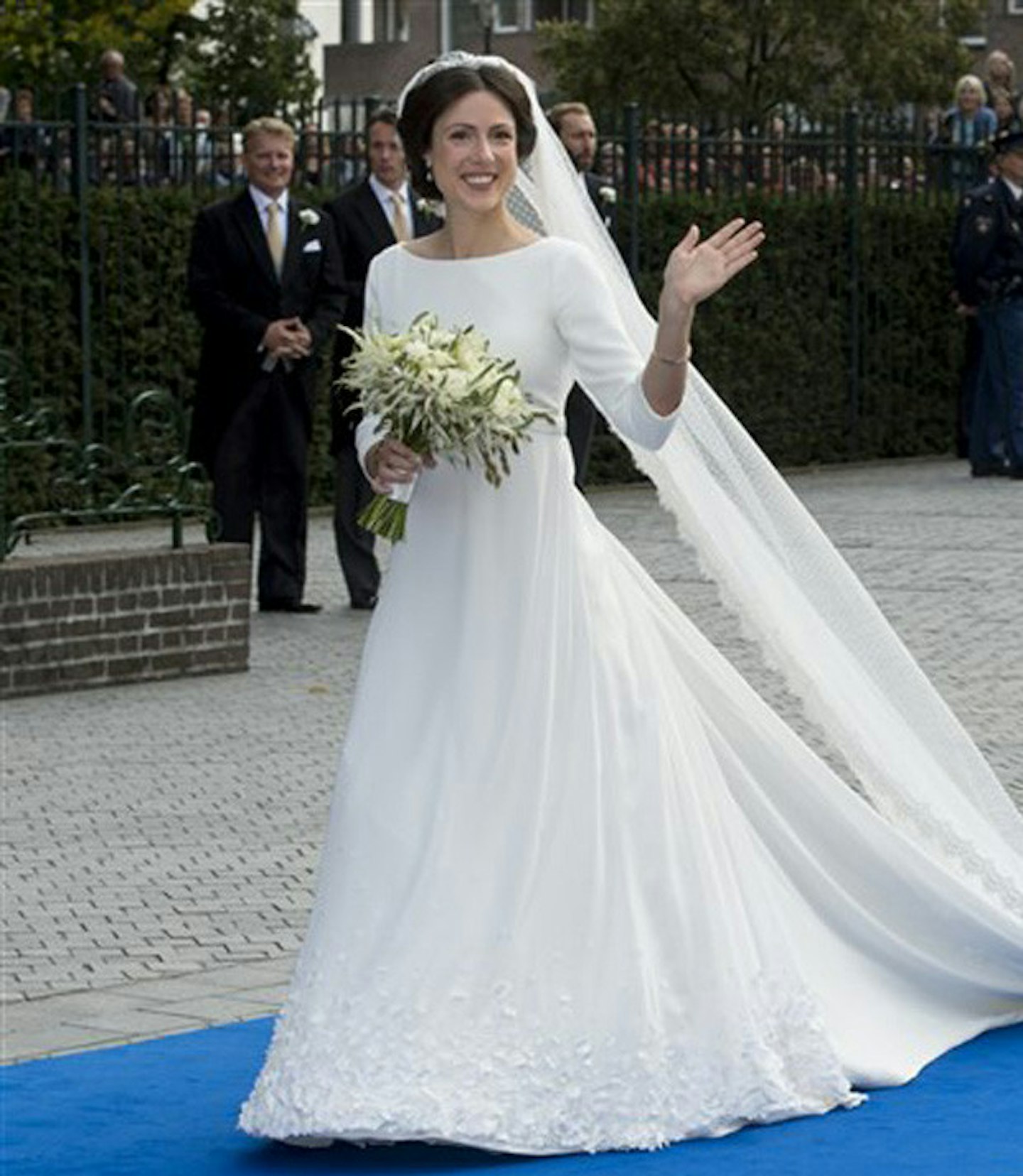 46 of 97
46 of 97Viktoria Cservenyak
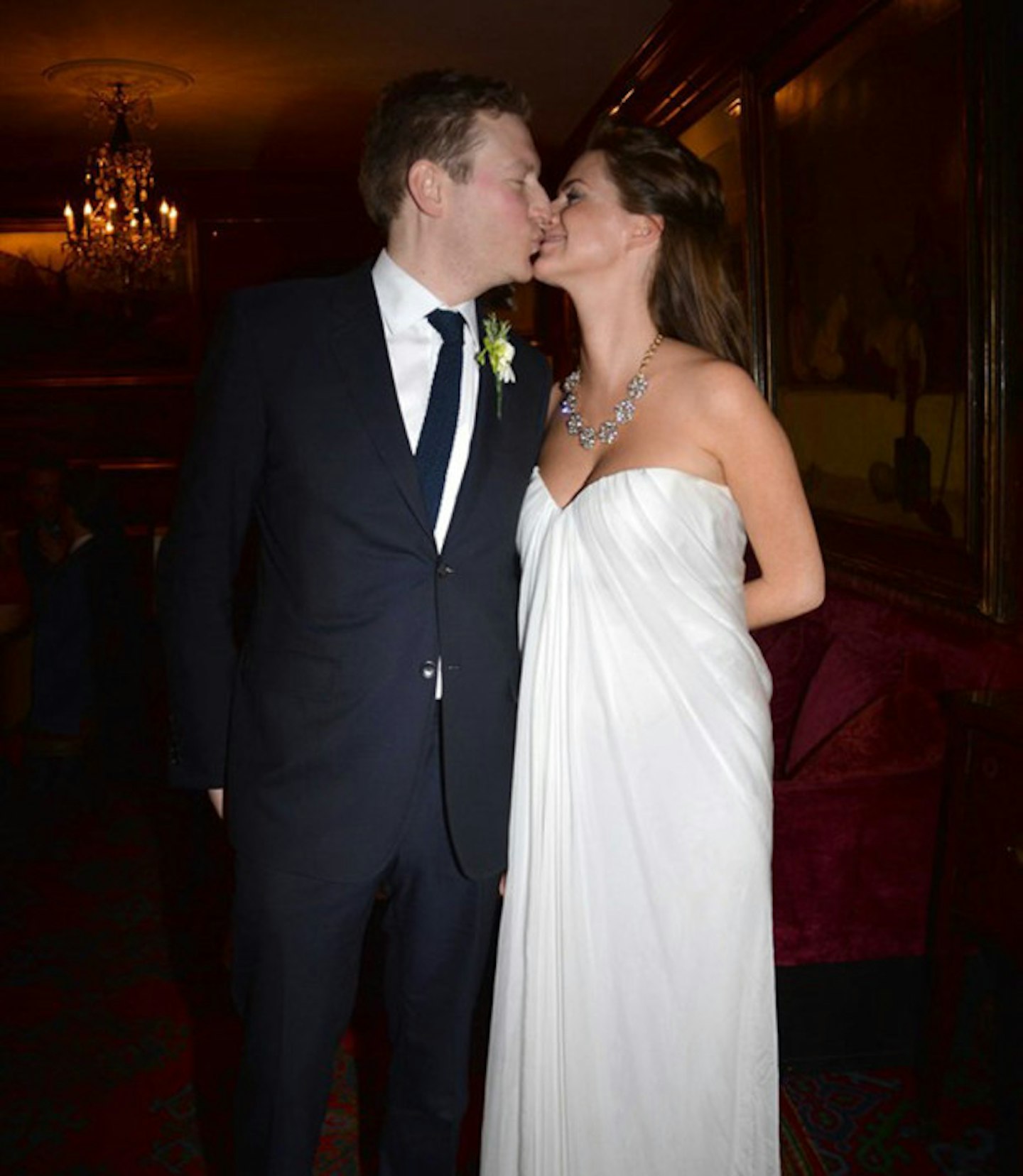 47 of 97
47 of 97Chloe Delevingne
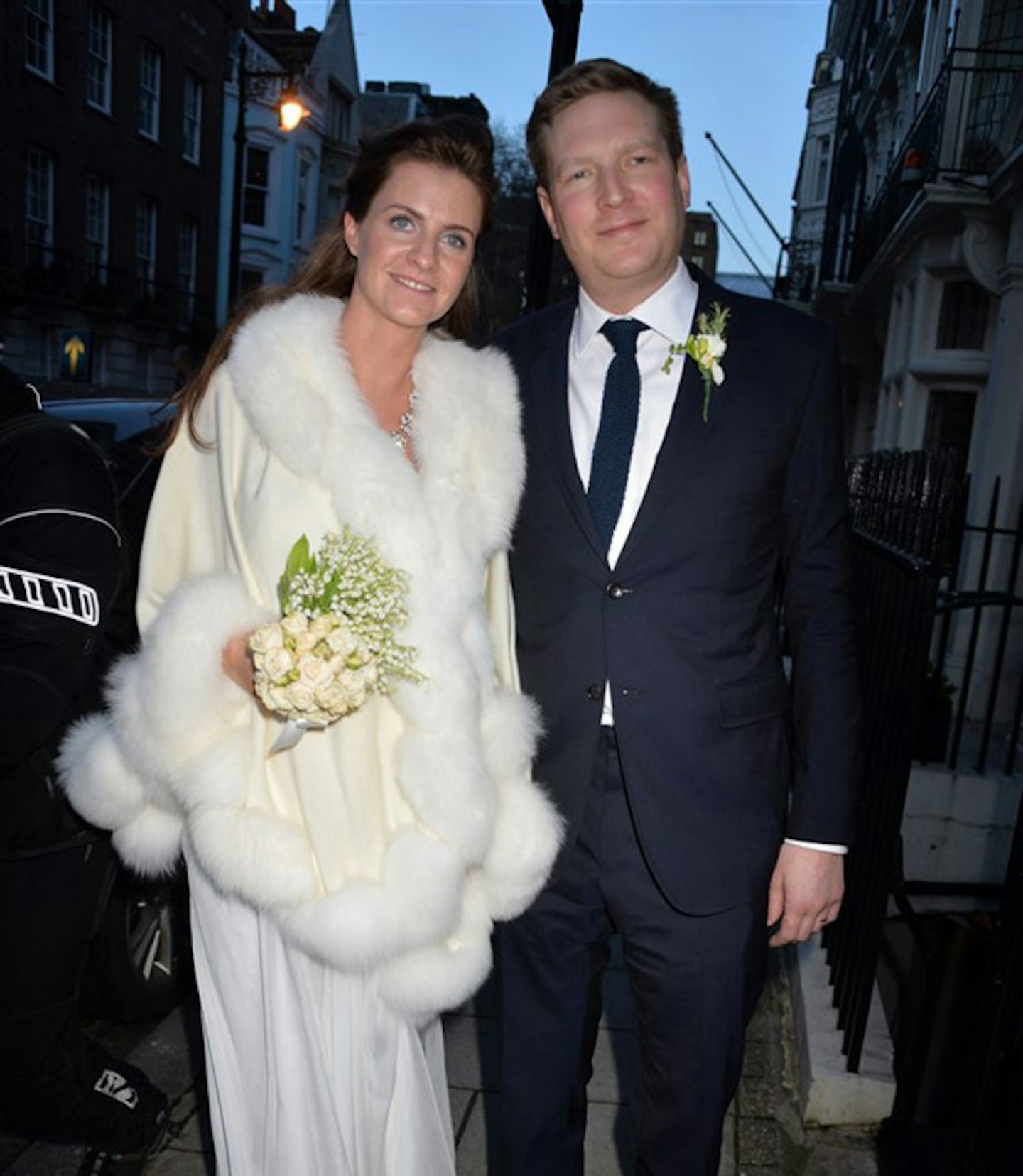 48 of 97
48 of 97Chloe Delevingne
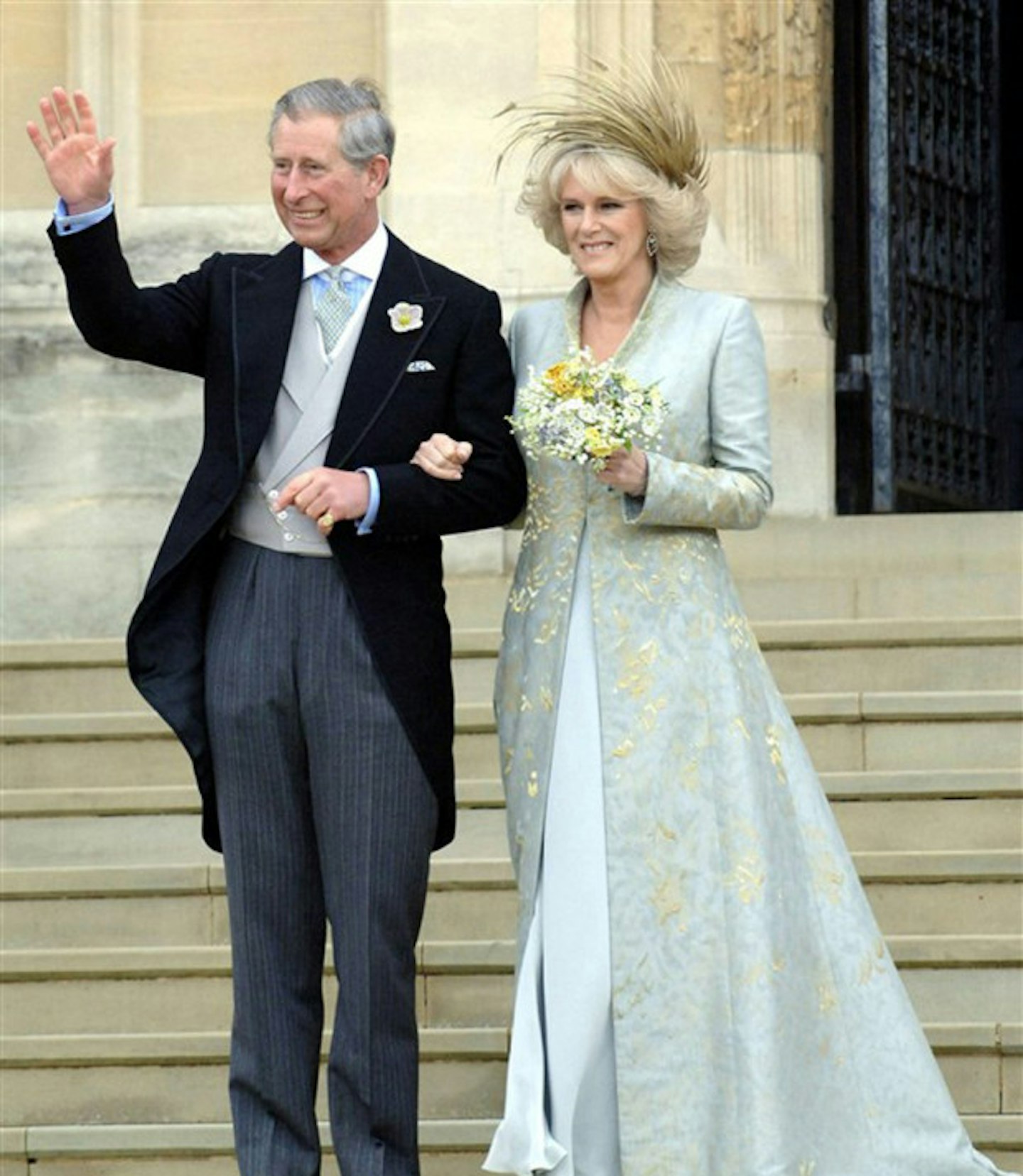 49 of 97
49 of 97Camilla Parker-Bowles
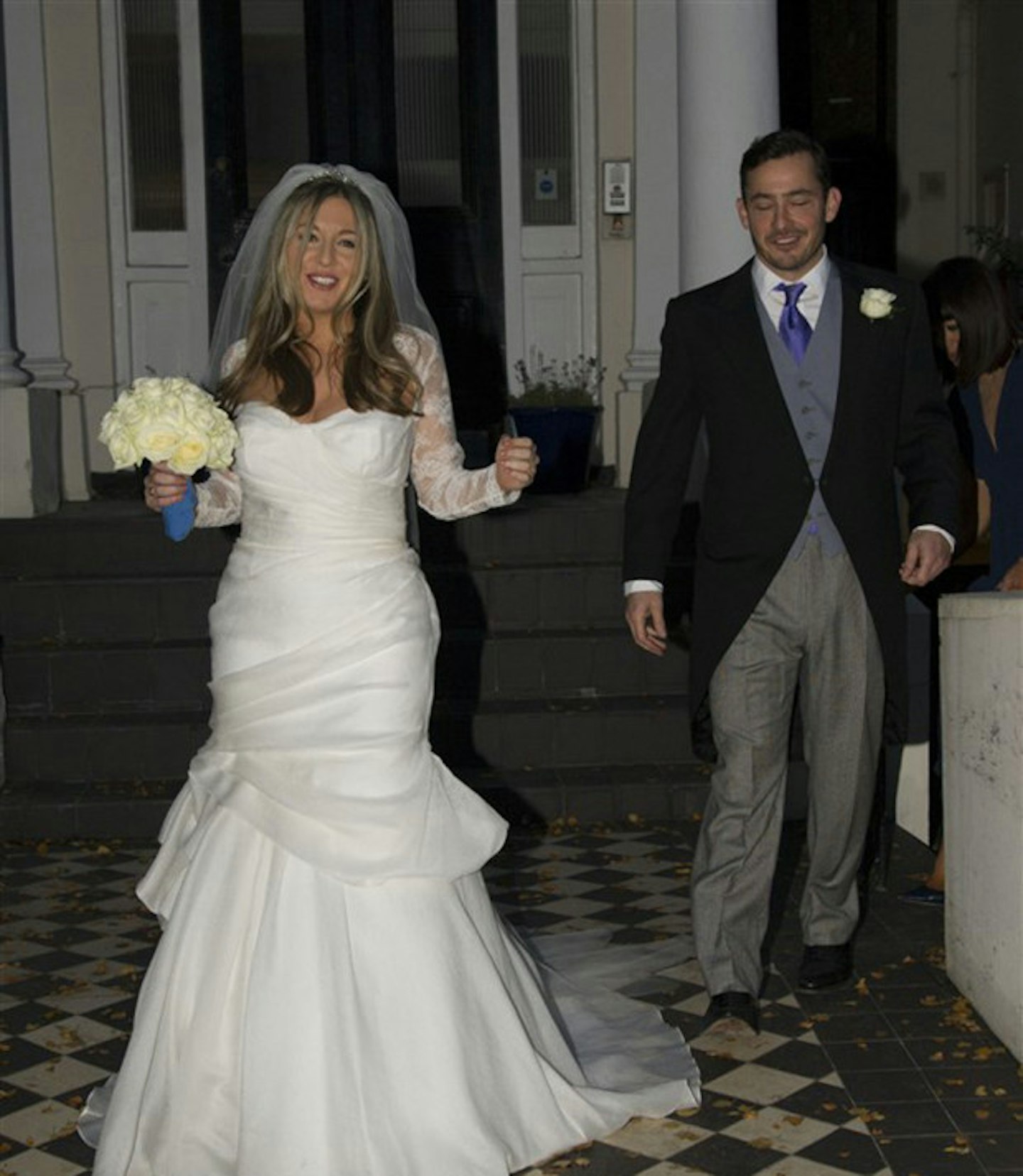 50 of 97
50 of 97Victoria Coren Mitchell
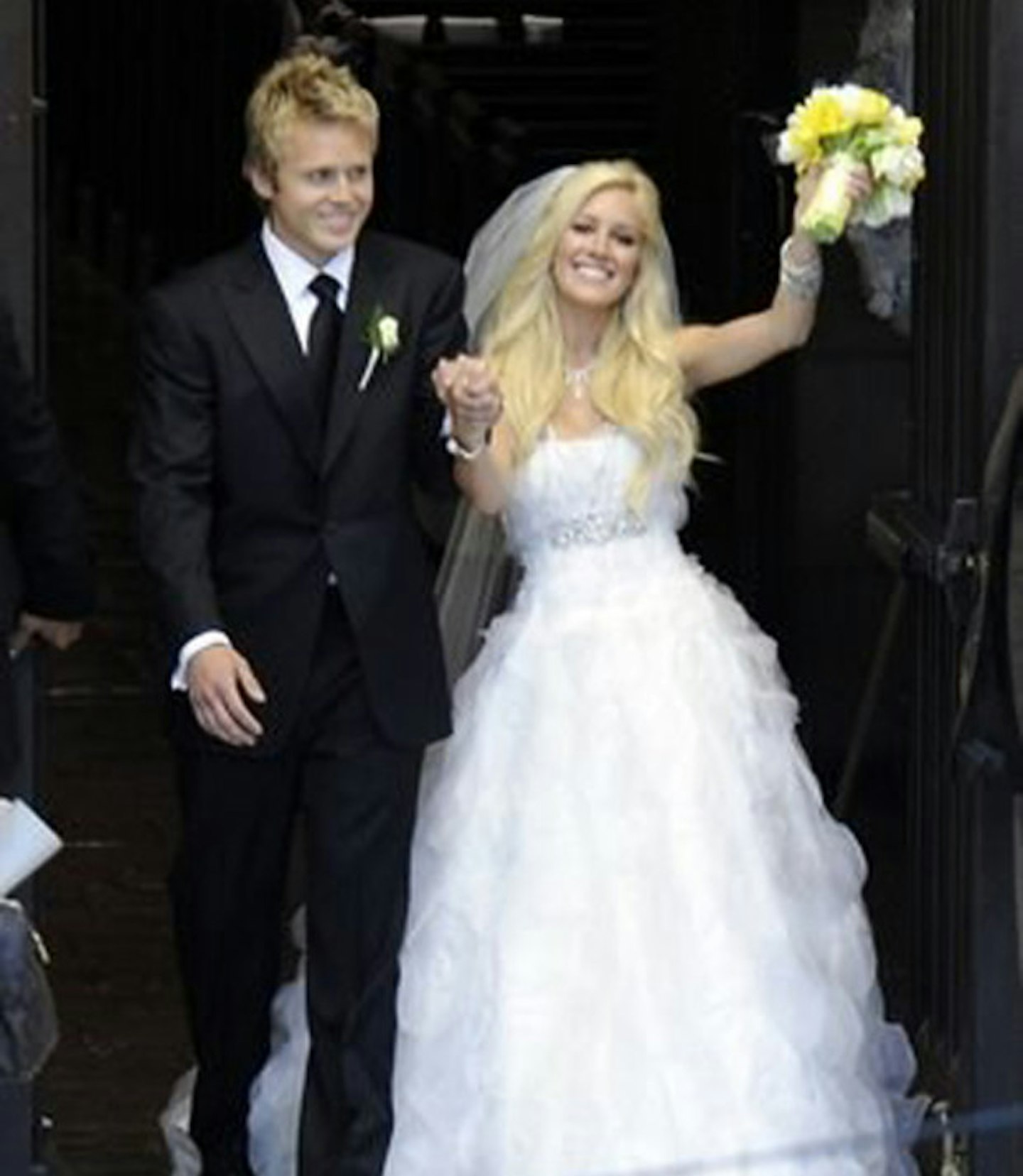 51 of 97
51 of 97Heidi Montag
 52 of 97
52 of 97Helen Flanagan
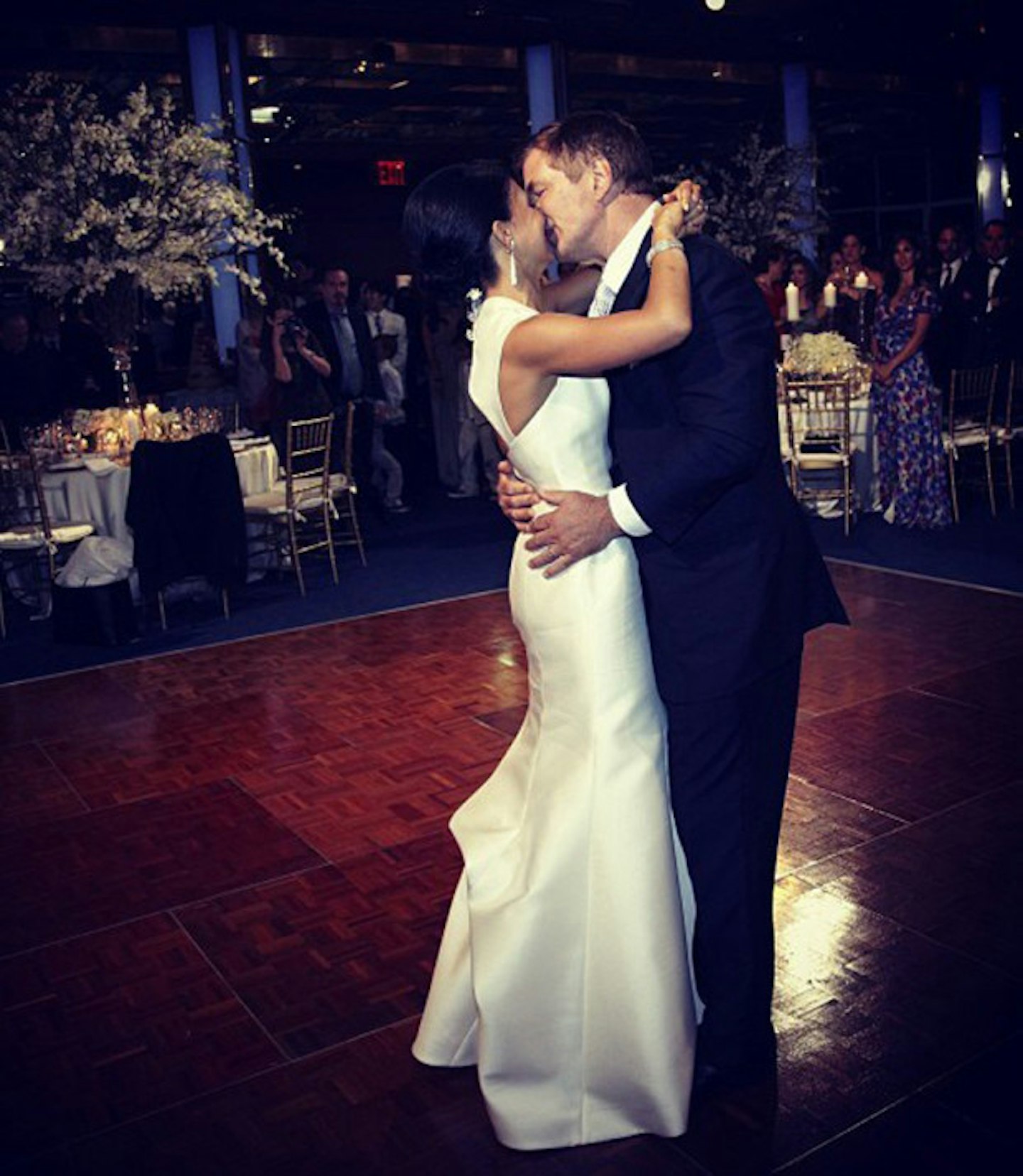 53 of 97
53 of 97Hilaria Baldwin
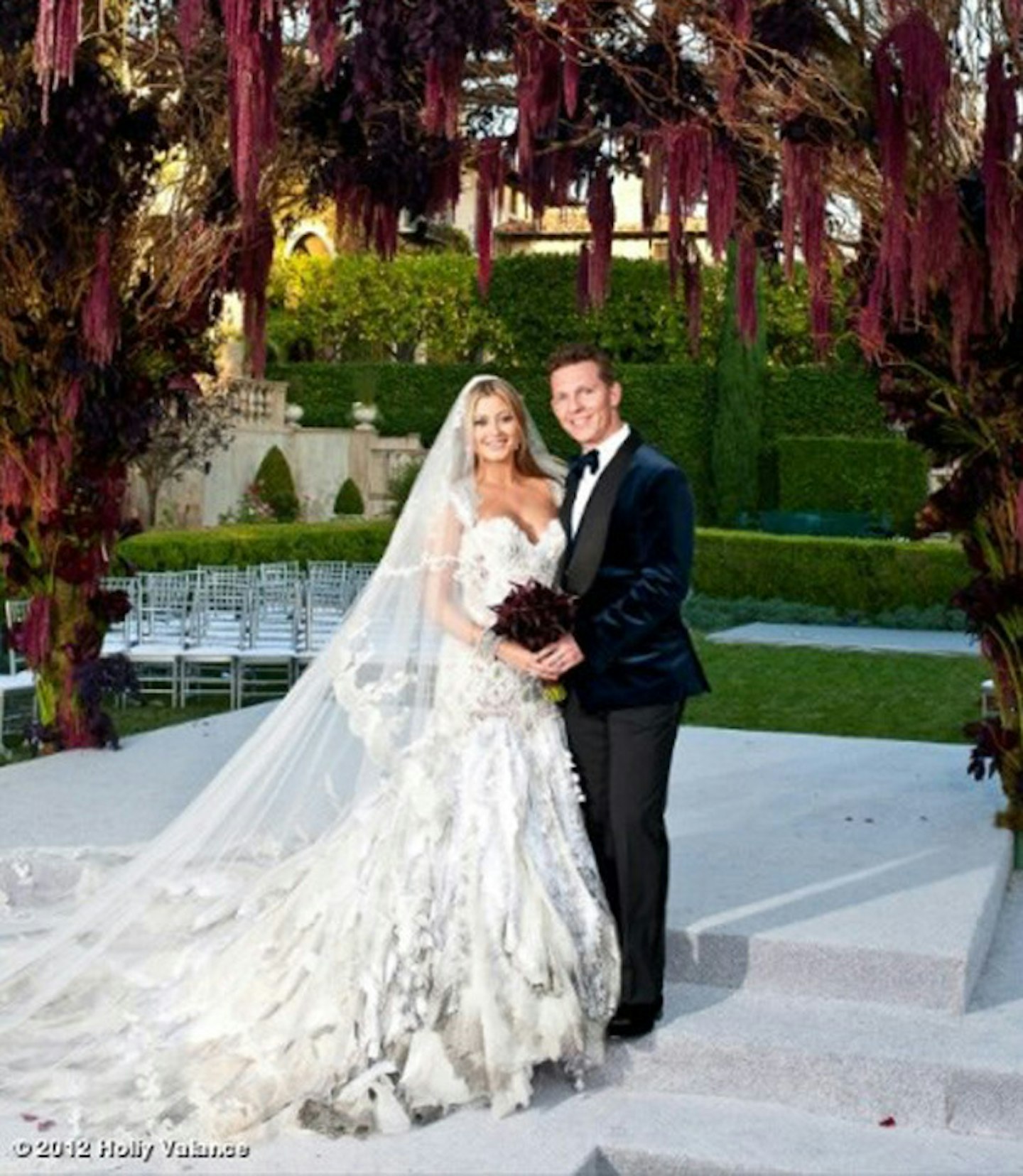 54 of 97
54 of 97Holly Valance
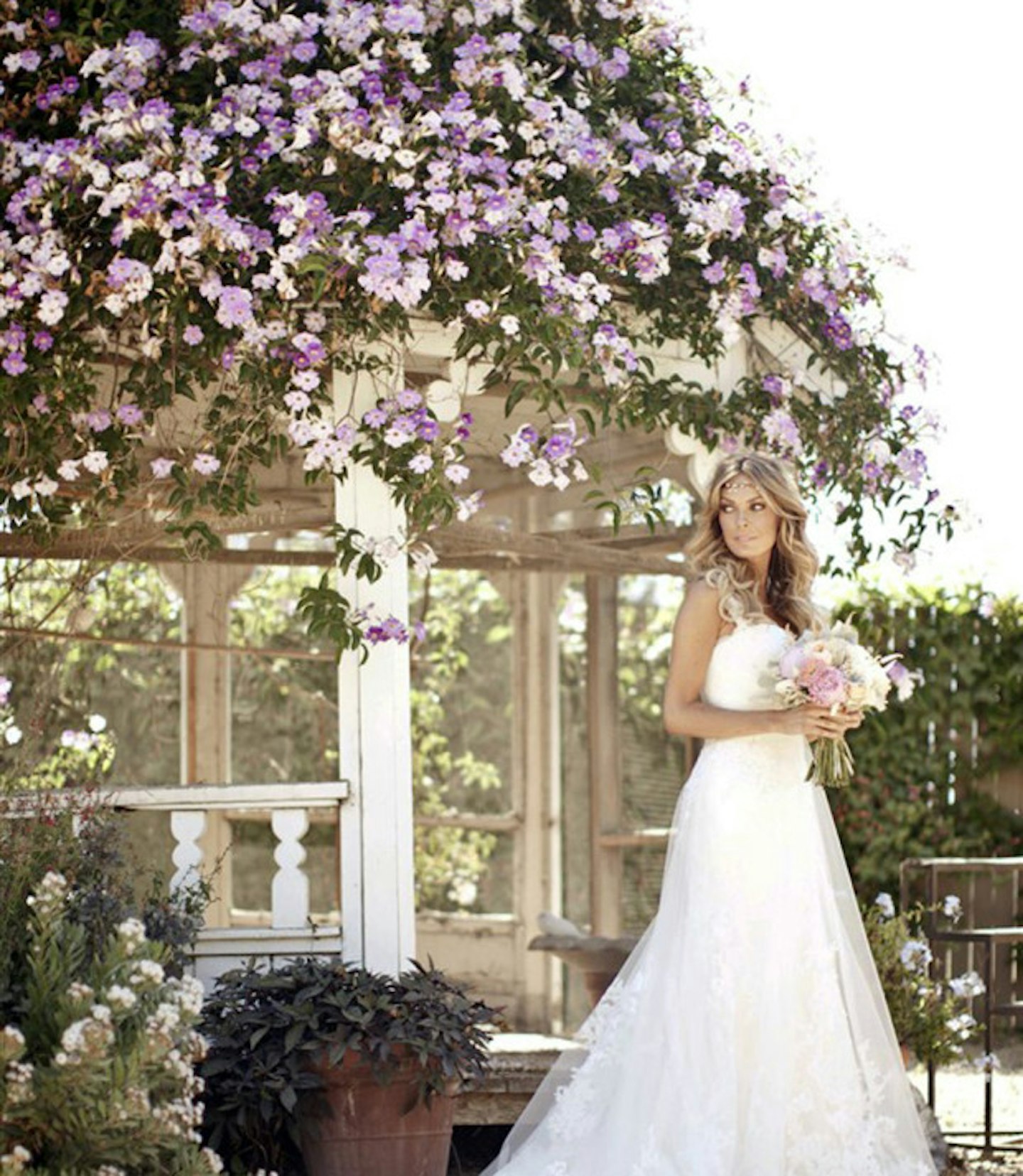 55 of 97
55 of 97Jasmin Dustin
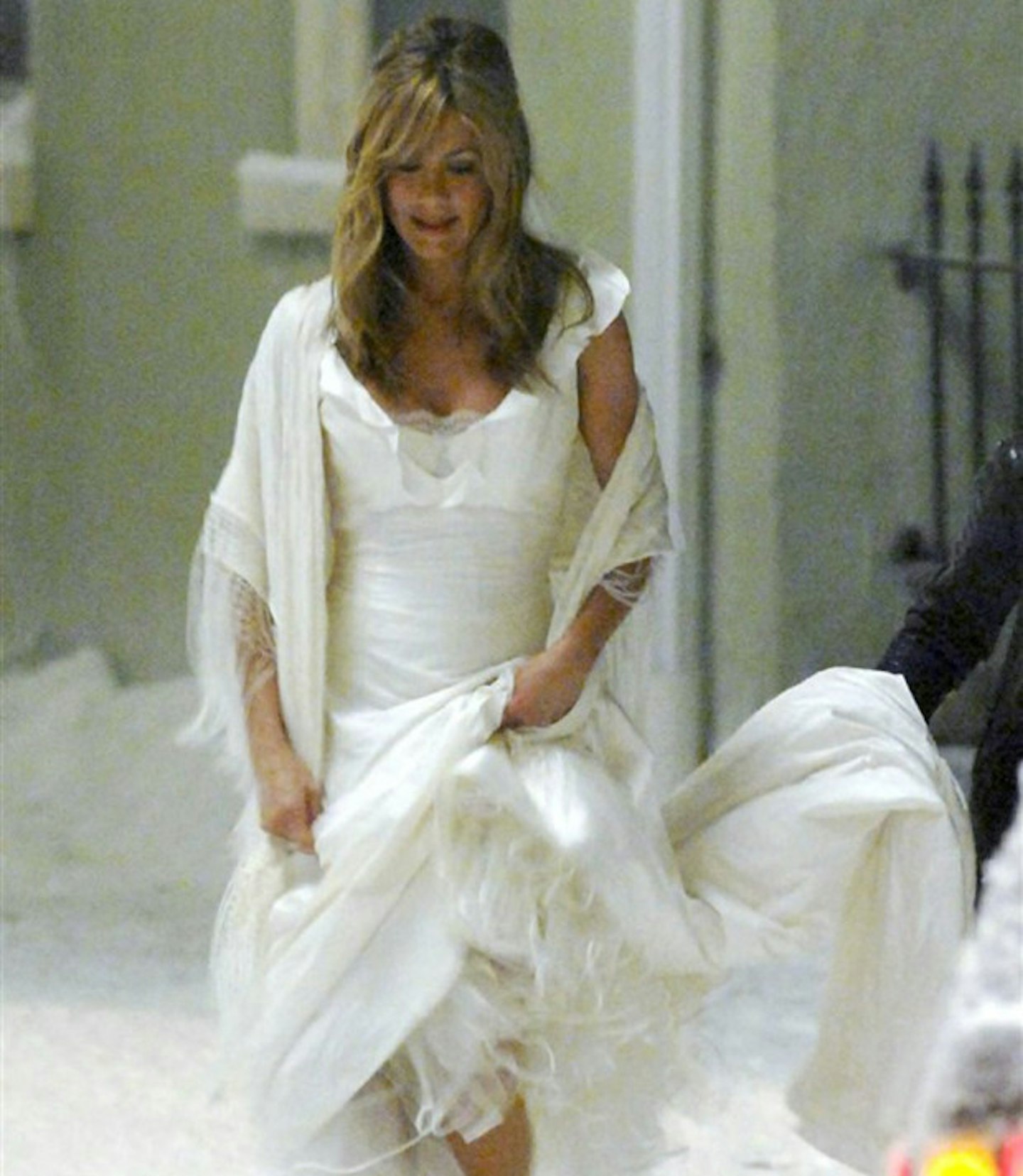 56 of 97
56 of 97Jennifer Aniston
 57 of 97
57 of 97Kaley Cuoco
 58 of 97
58 of 97Kaley Cuoco
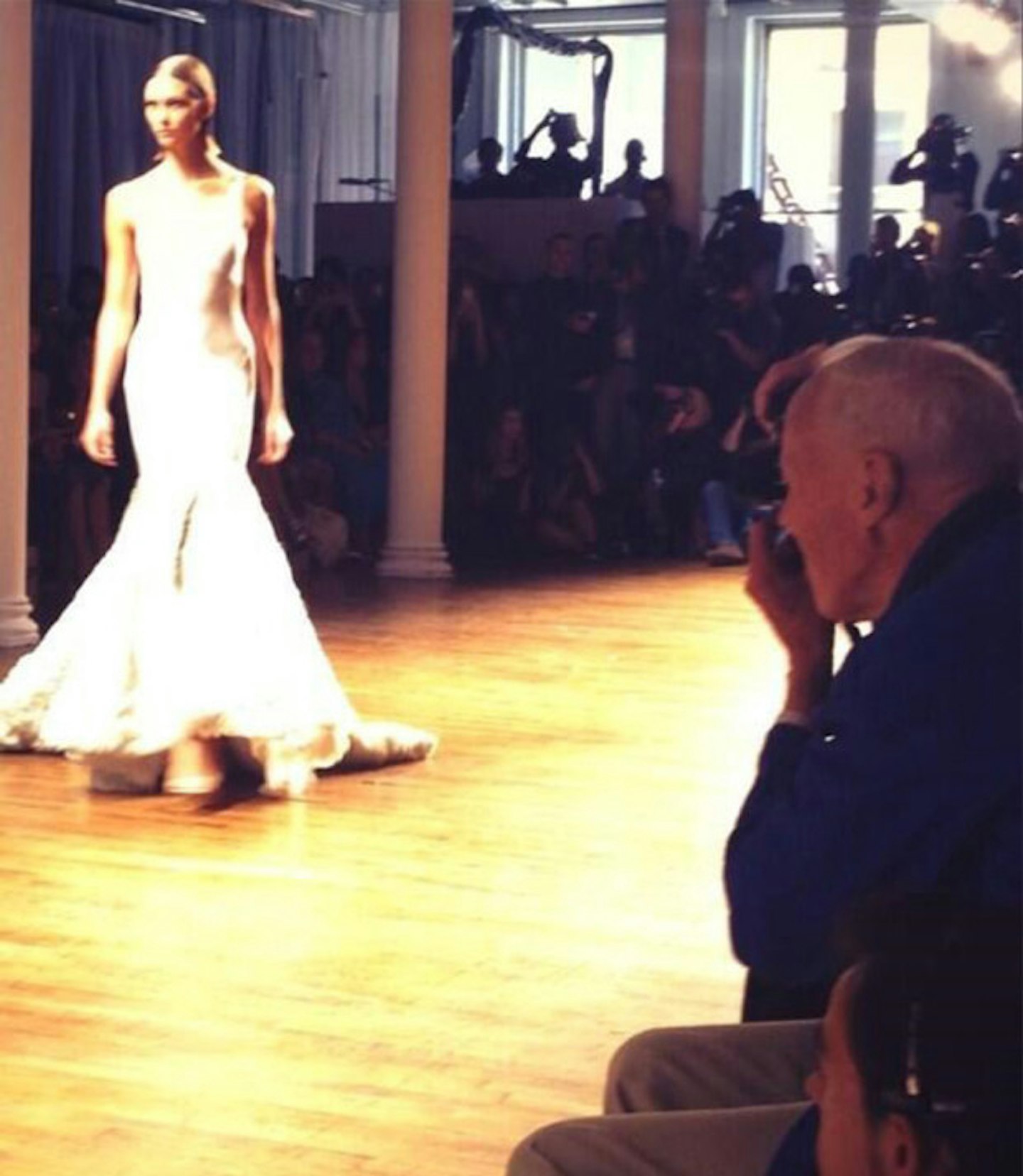 59 of 97
59 of 97Karlie Kloss
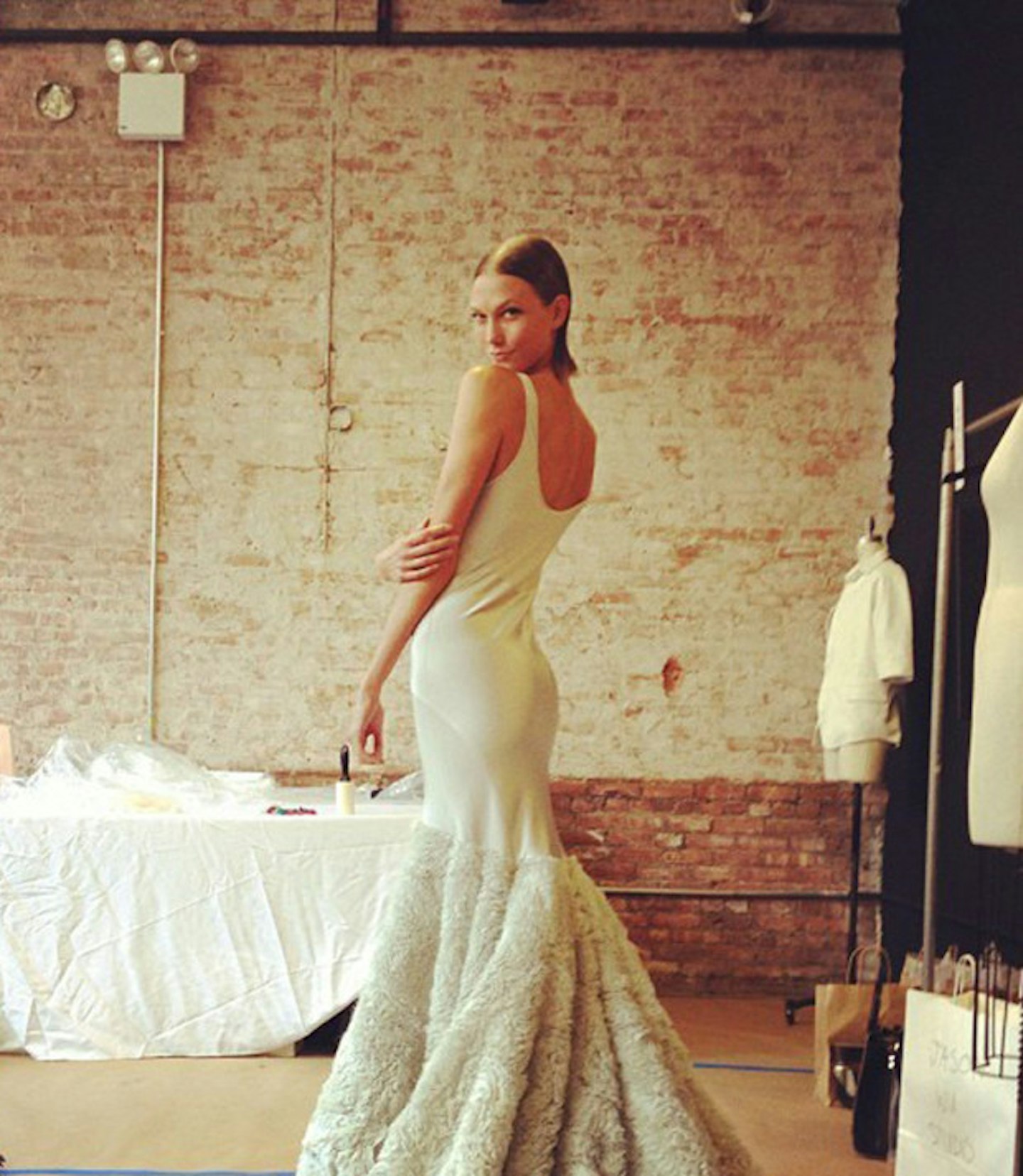 60 of 97
60 of 97Karlie Kloss
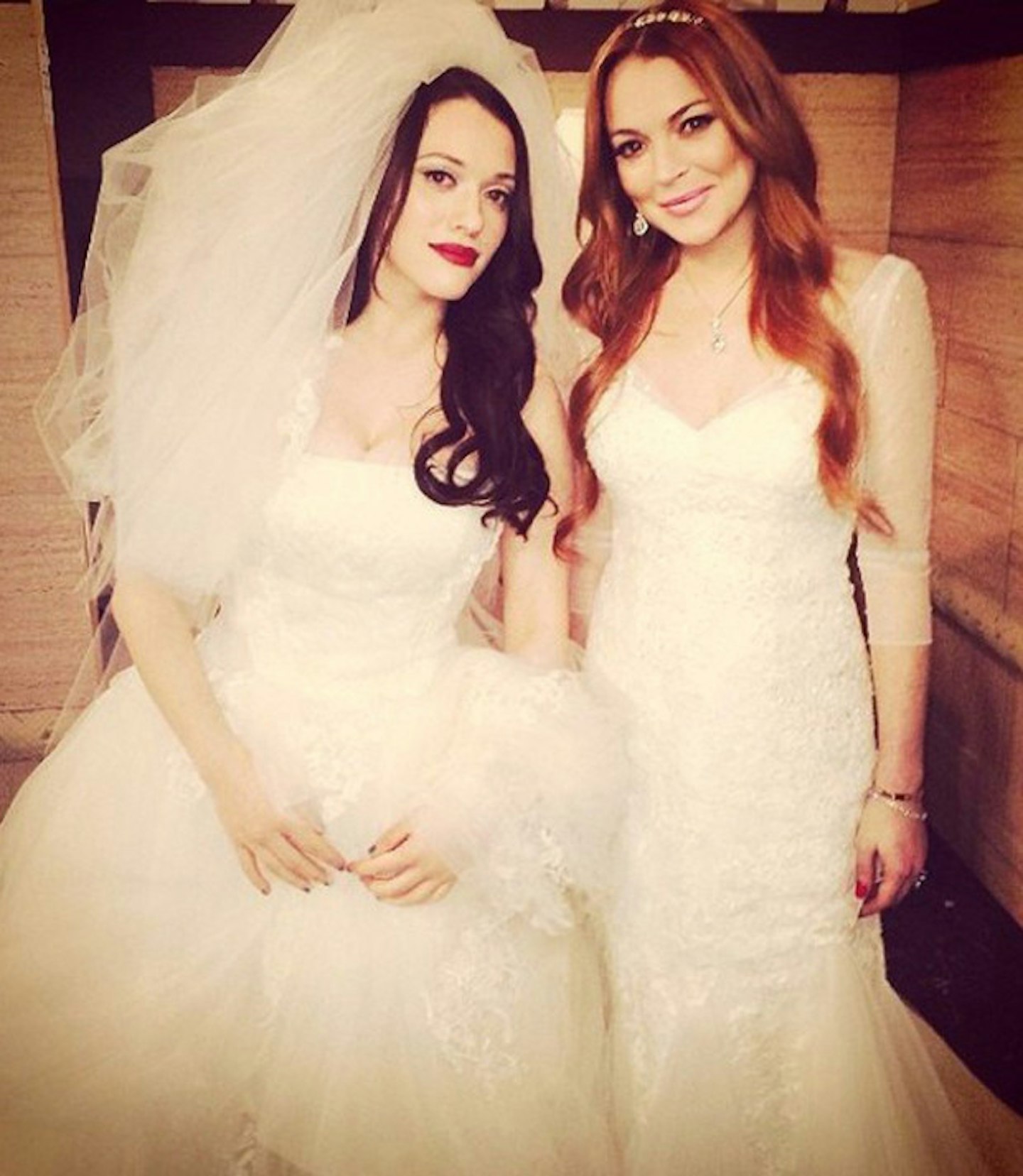 61 of 97
61 of 97Kat Dennings
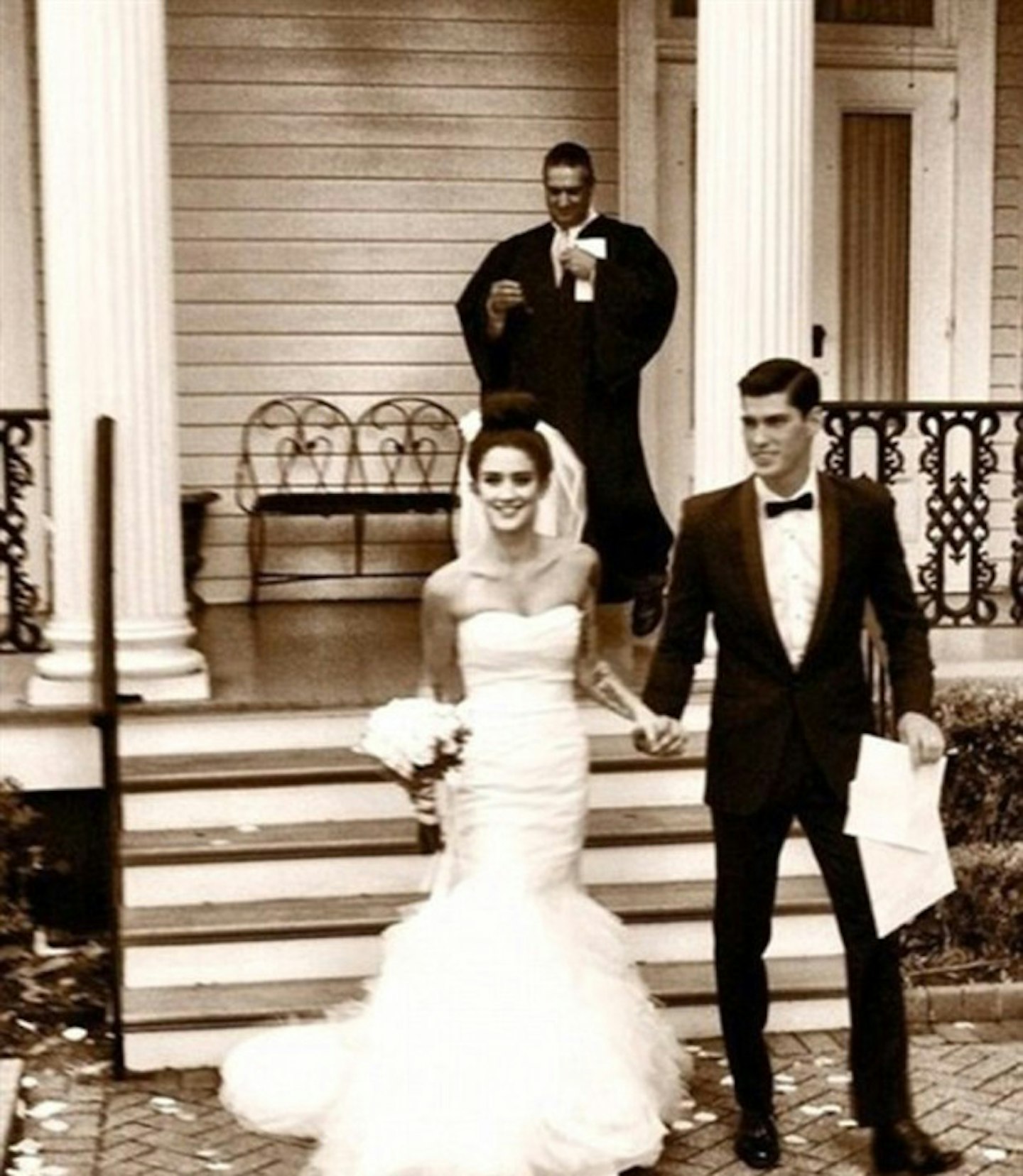 62 of 97
62 of 97Katie Waissel
 63 of 97
63 of 97Kelly Clarkson
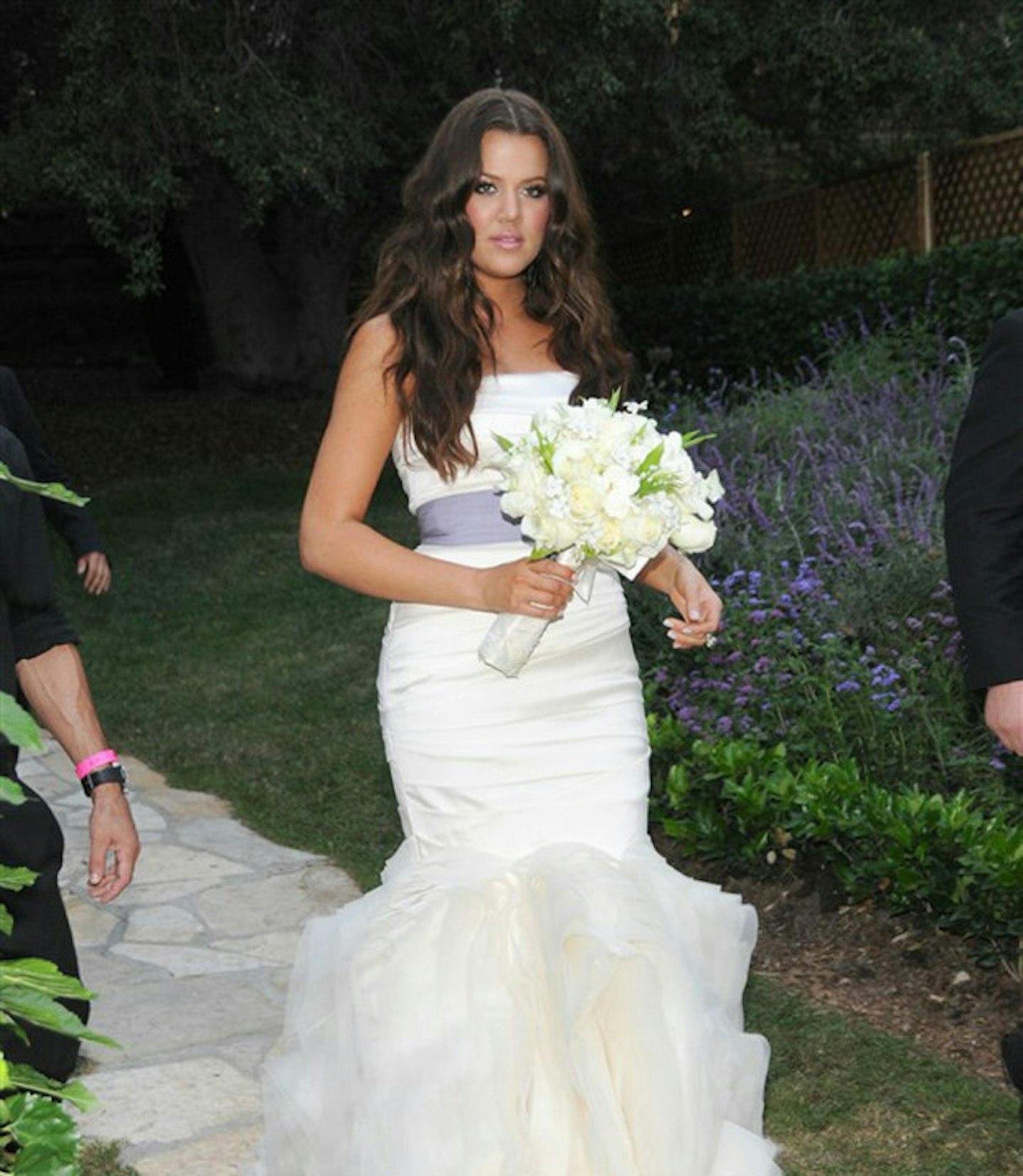 64 of 97
64 of 97Khloe Kardashian
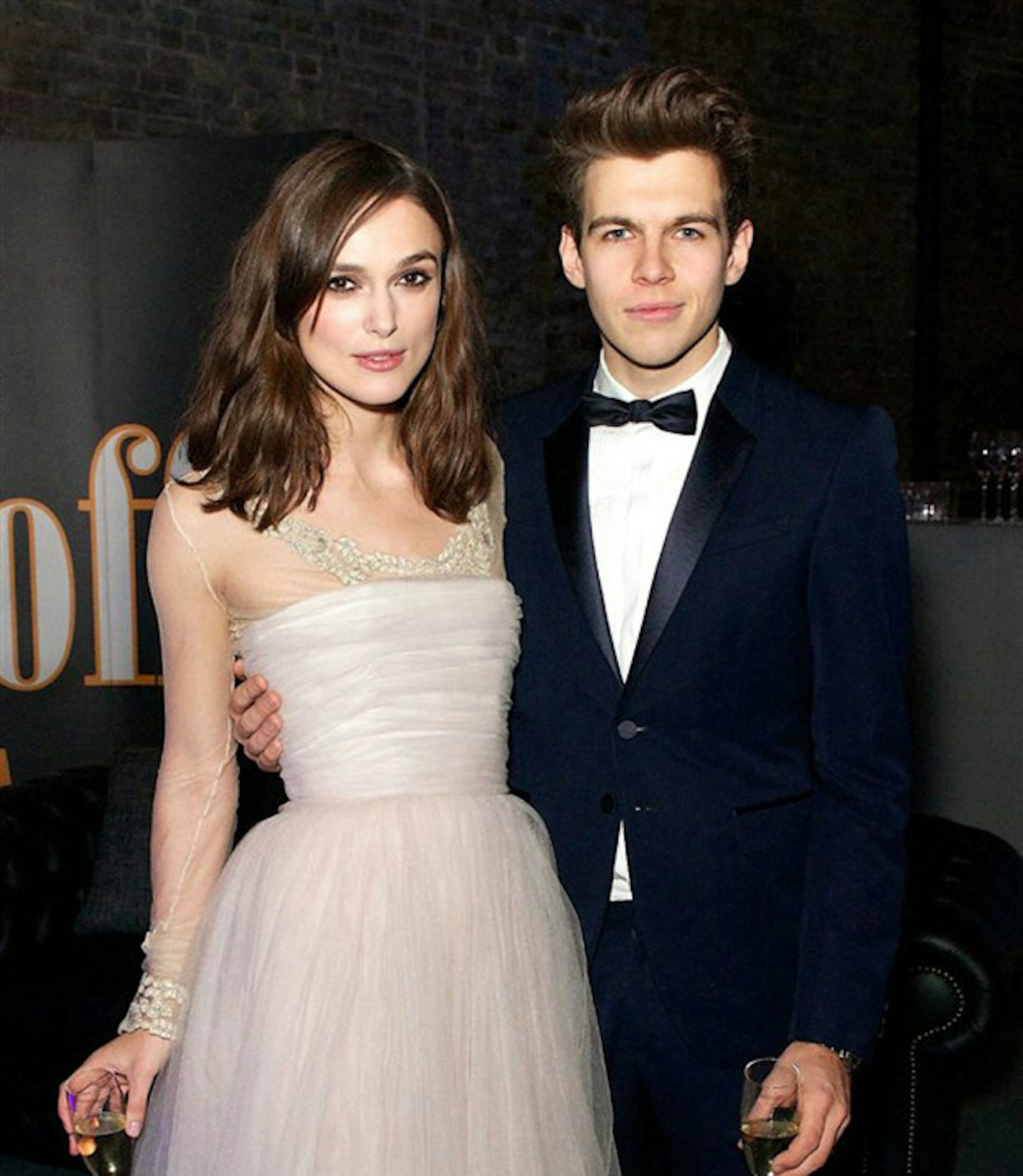 65 of 97
65 of 97kiera knightly wedding dress
Keira Knightley
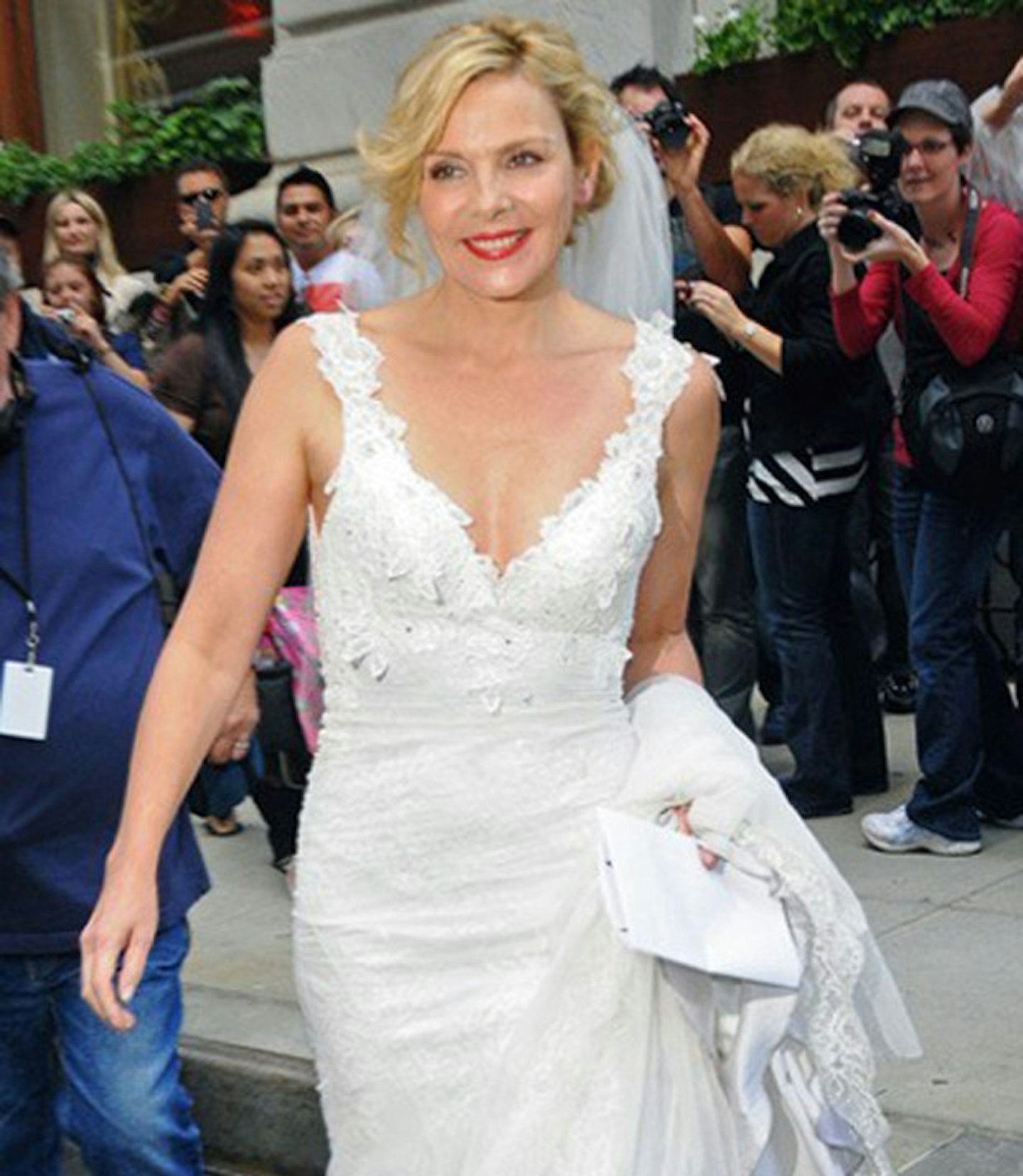 66 of 97
66 of 97Kim Cattrall
 67 of 97
67 of 97Kim Kardashian
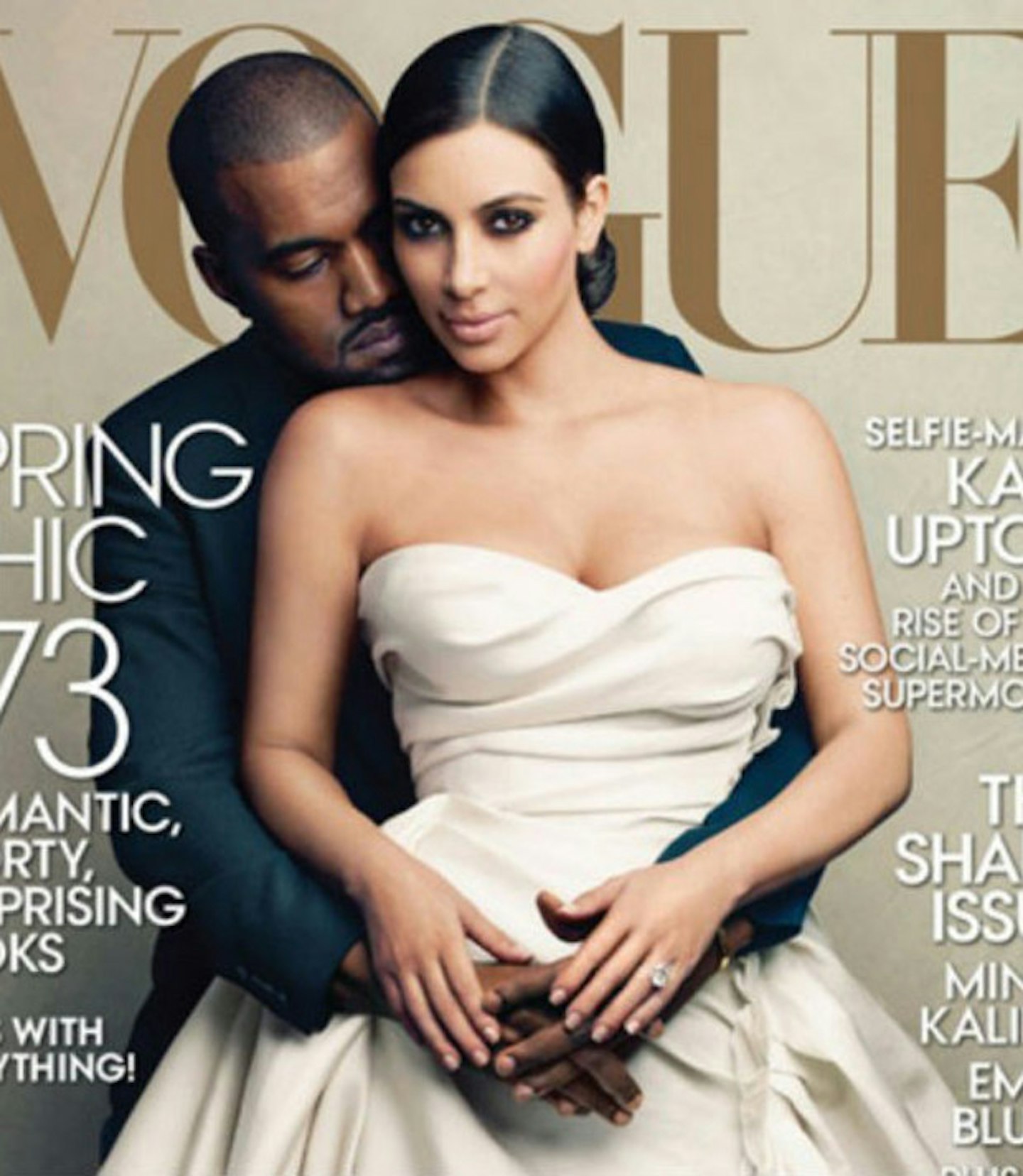 68 of 97
68 of 97Kim Kardashian
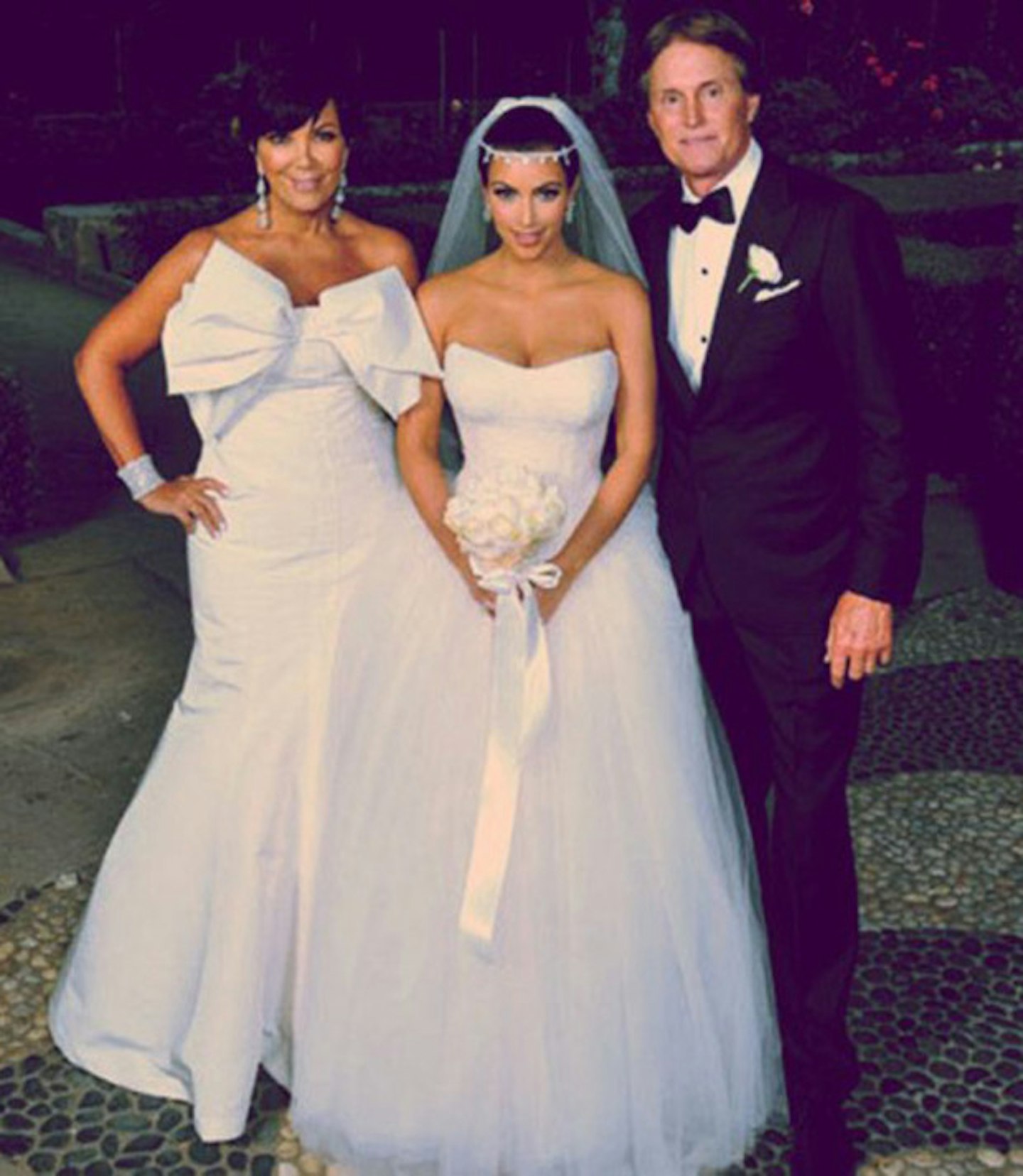 69 of 97
69 of 97Kim Kardashian
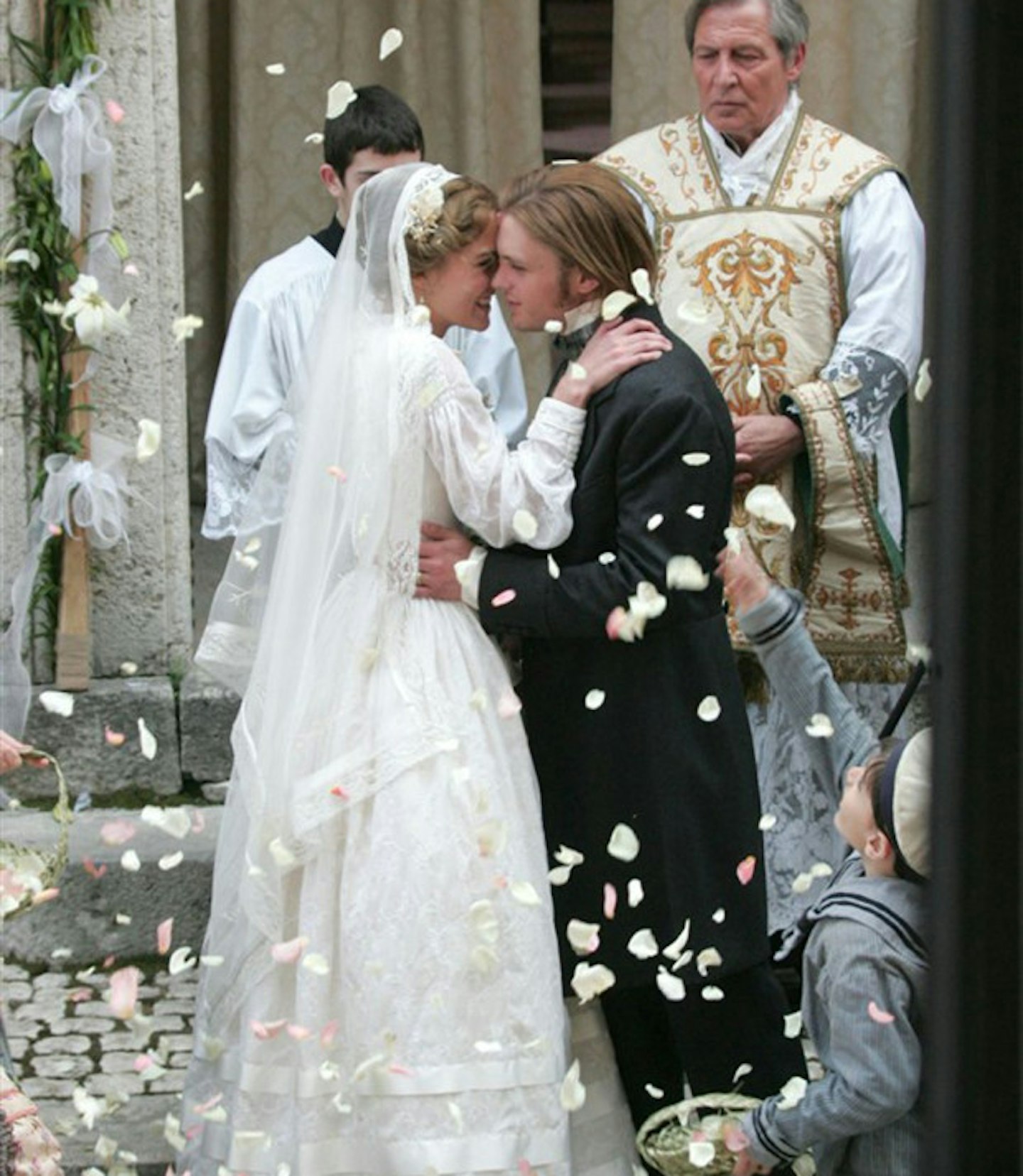 70 of 97
70 of 97Kiera Knightley
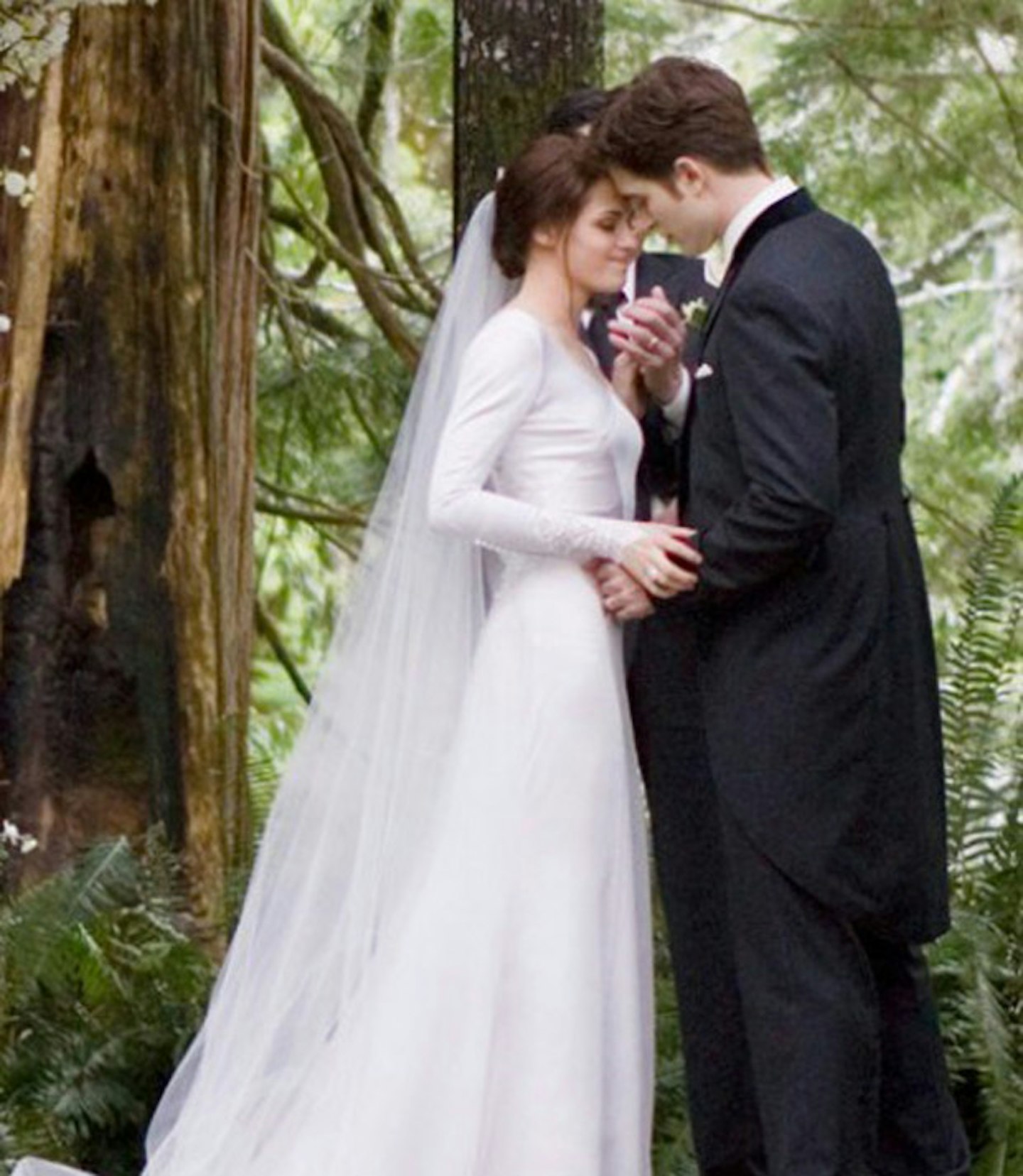 71 of 97
71 of 97Kristen Stewart
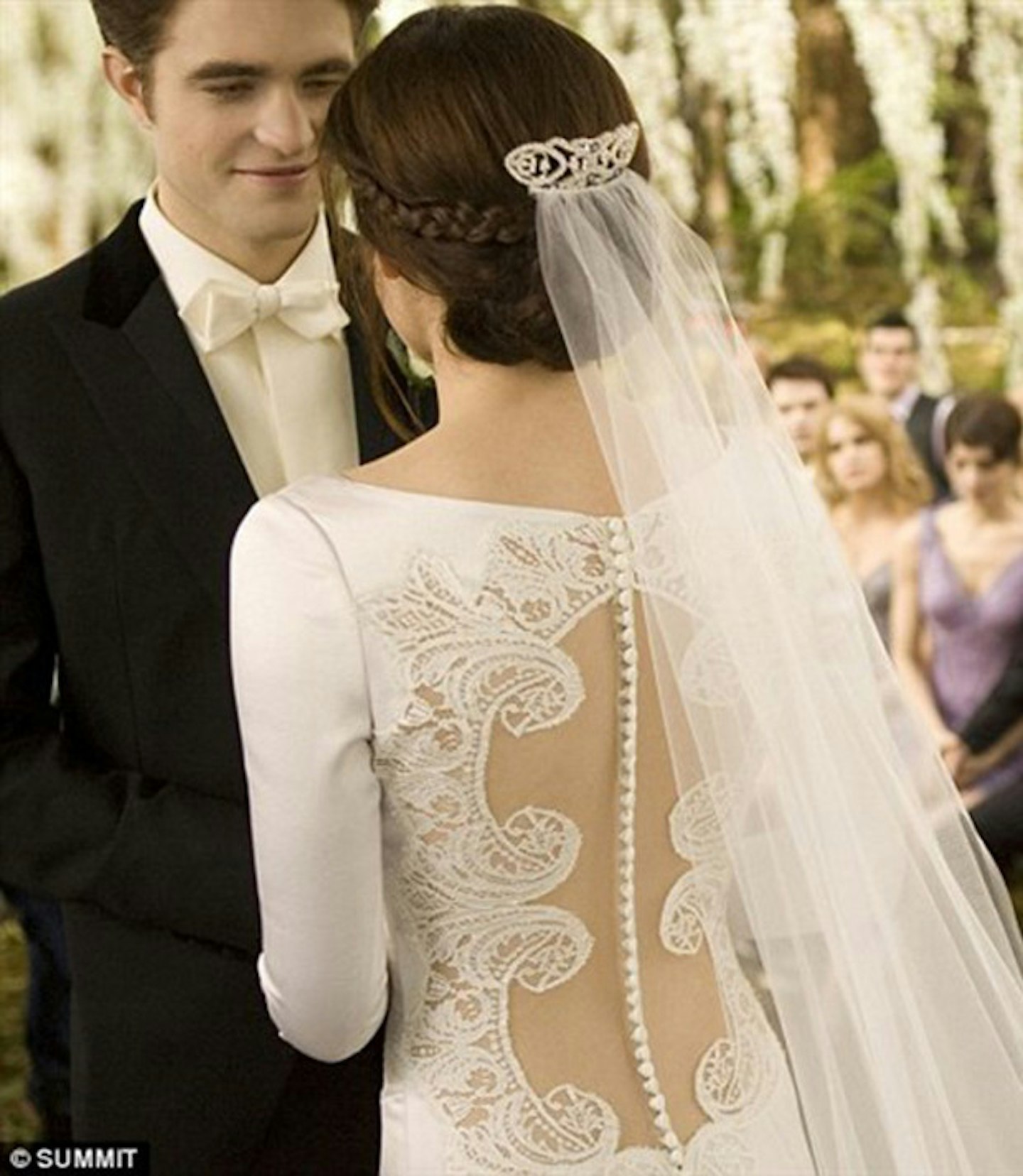 72 of 97
72 of 97Kristen Stewart
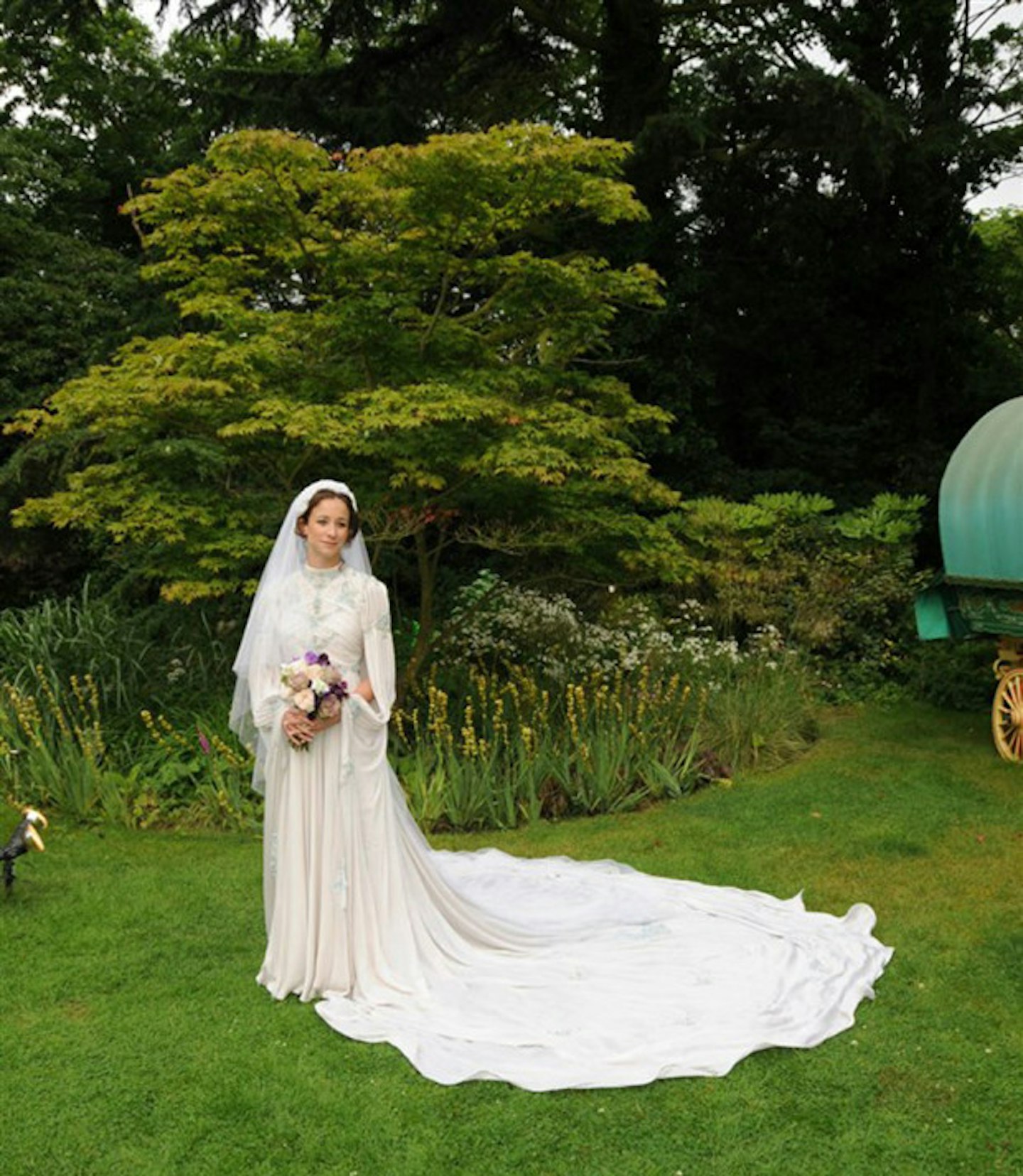 73 of 97
73 of 97Leah Wood
 74 of 97
74 of 97Leann Rimes
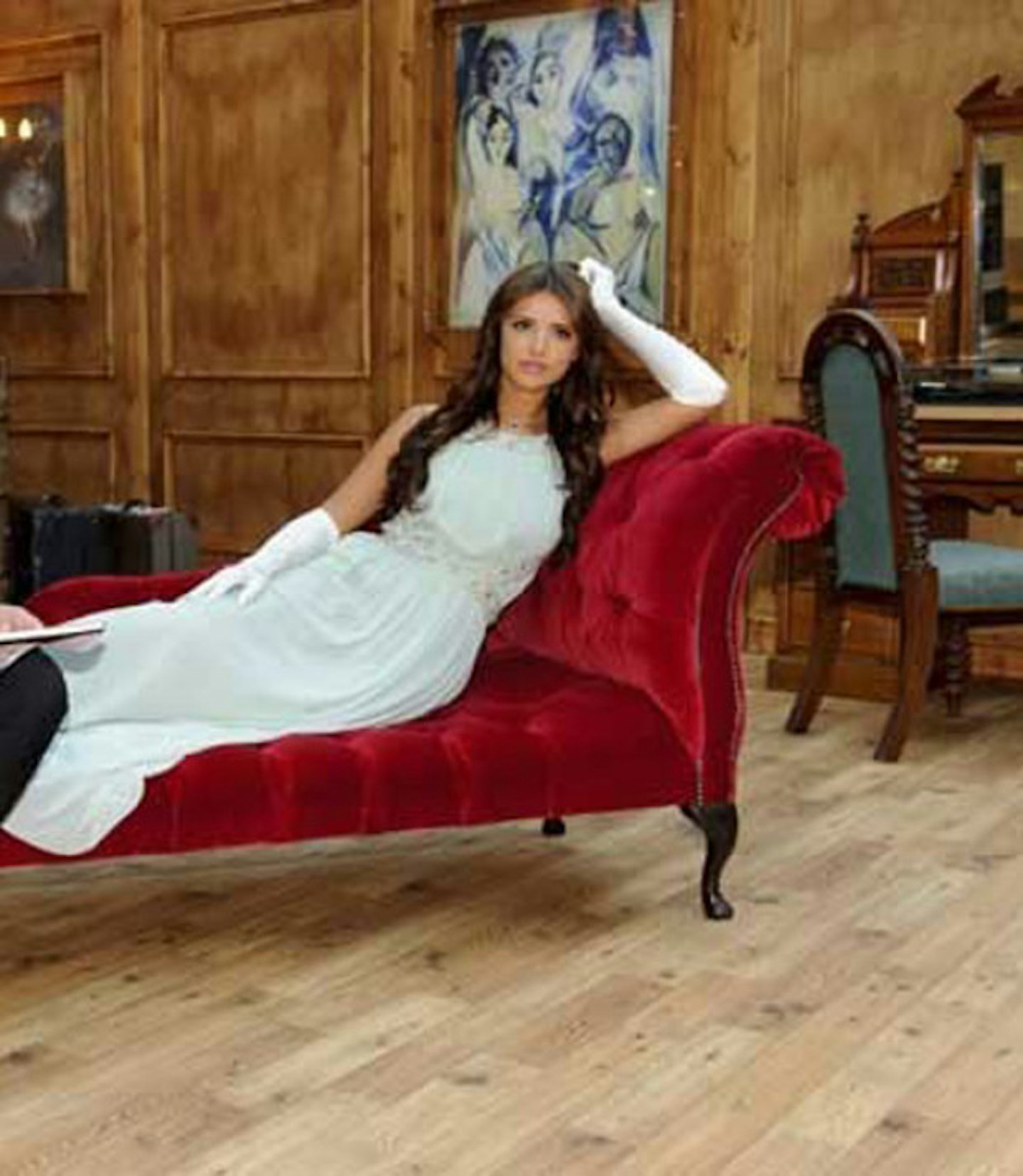 75 of 97
75 of 97Lucy Mecklenburgh
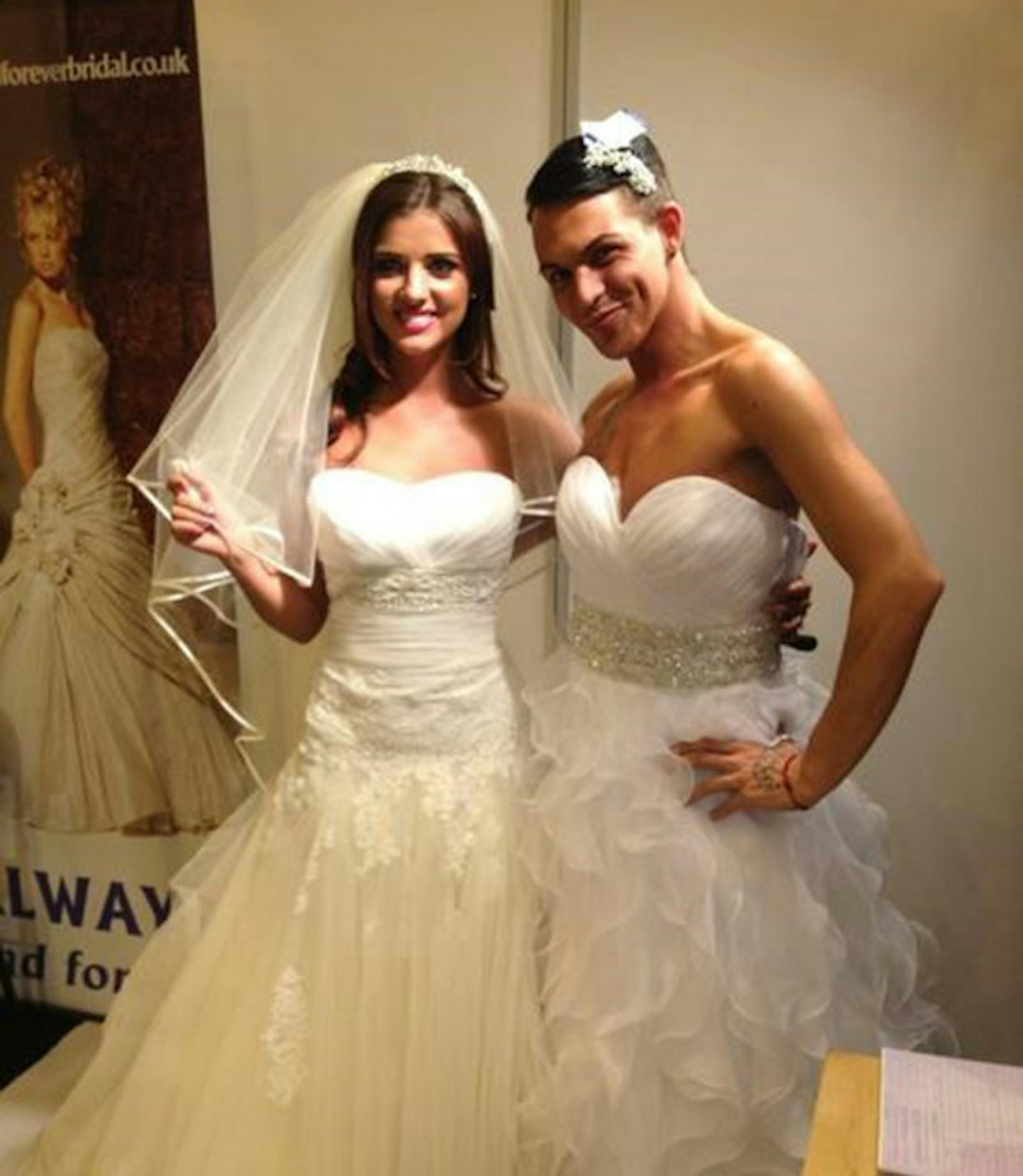 76 of 97
76 of 97Lucy Mecklenburgh
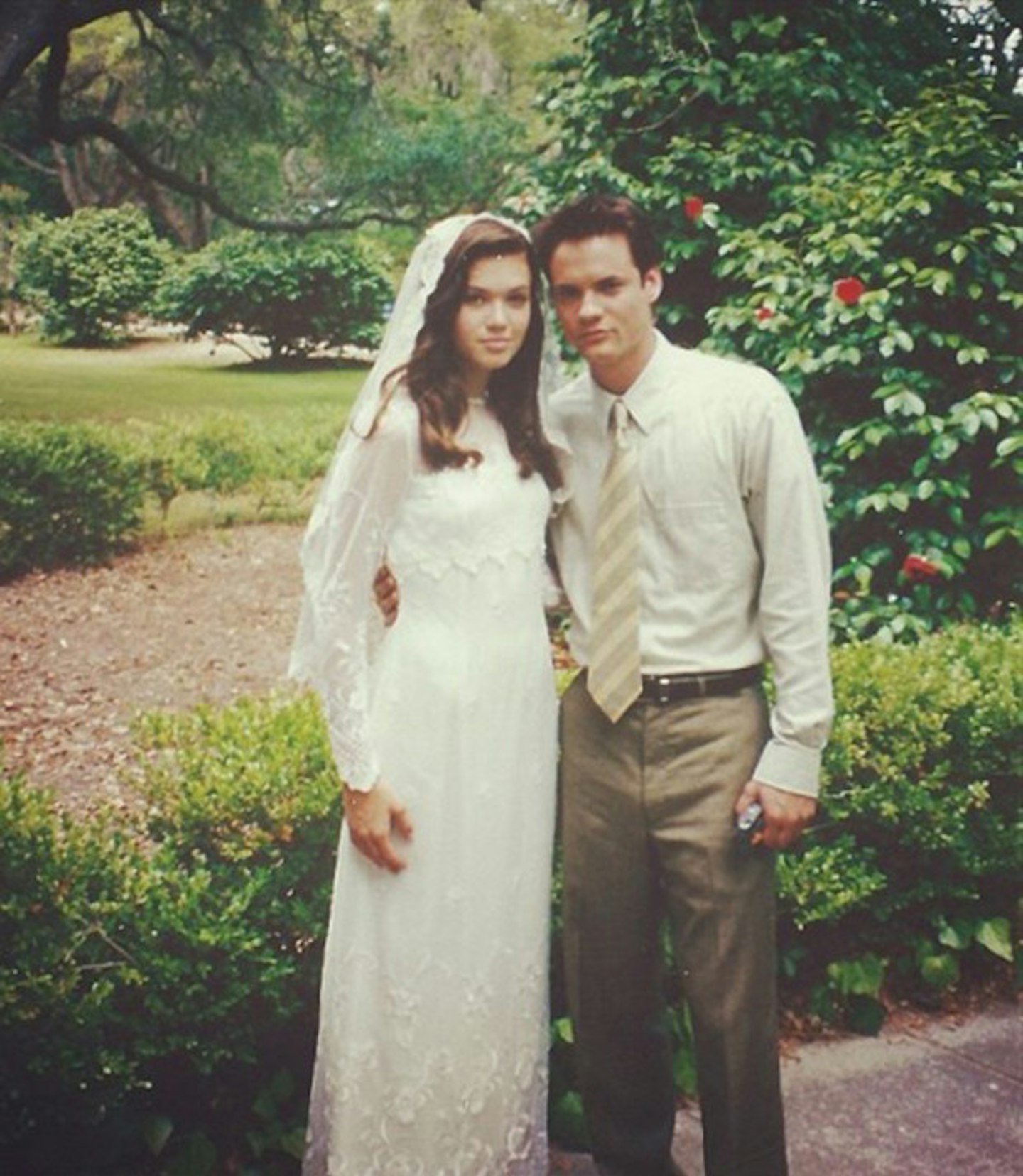 77 of 97
77 of 97Mandy Moore
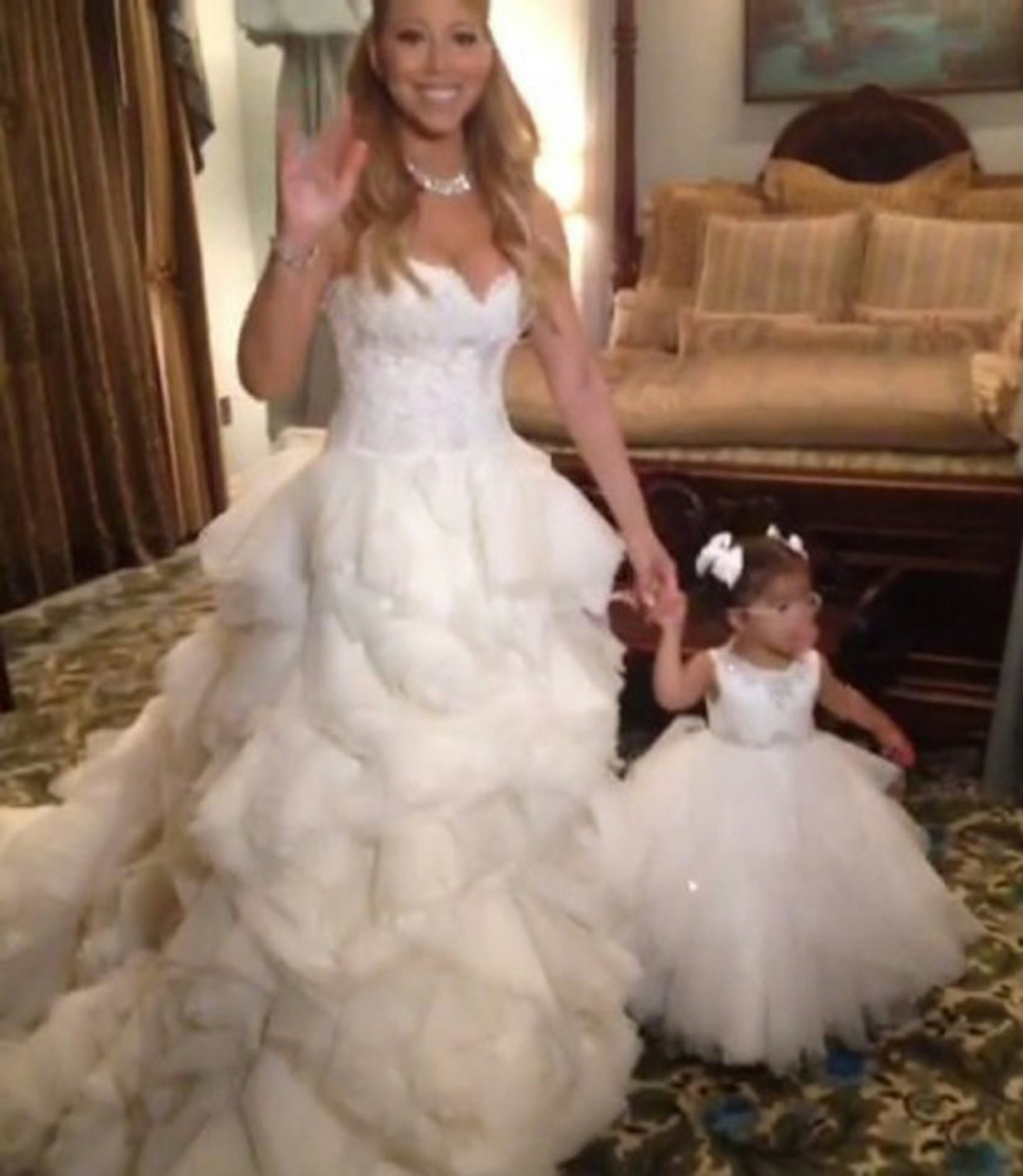 78 of 97
78 of 97Mariah Carey
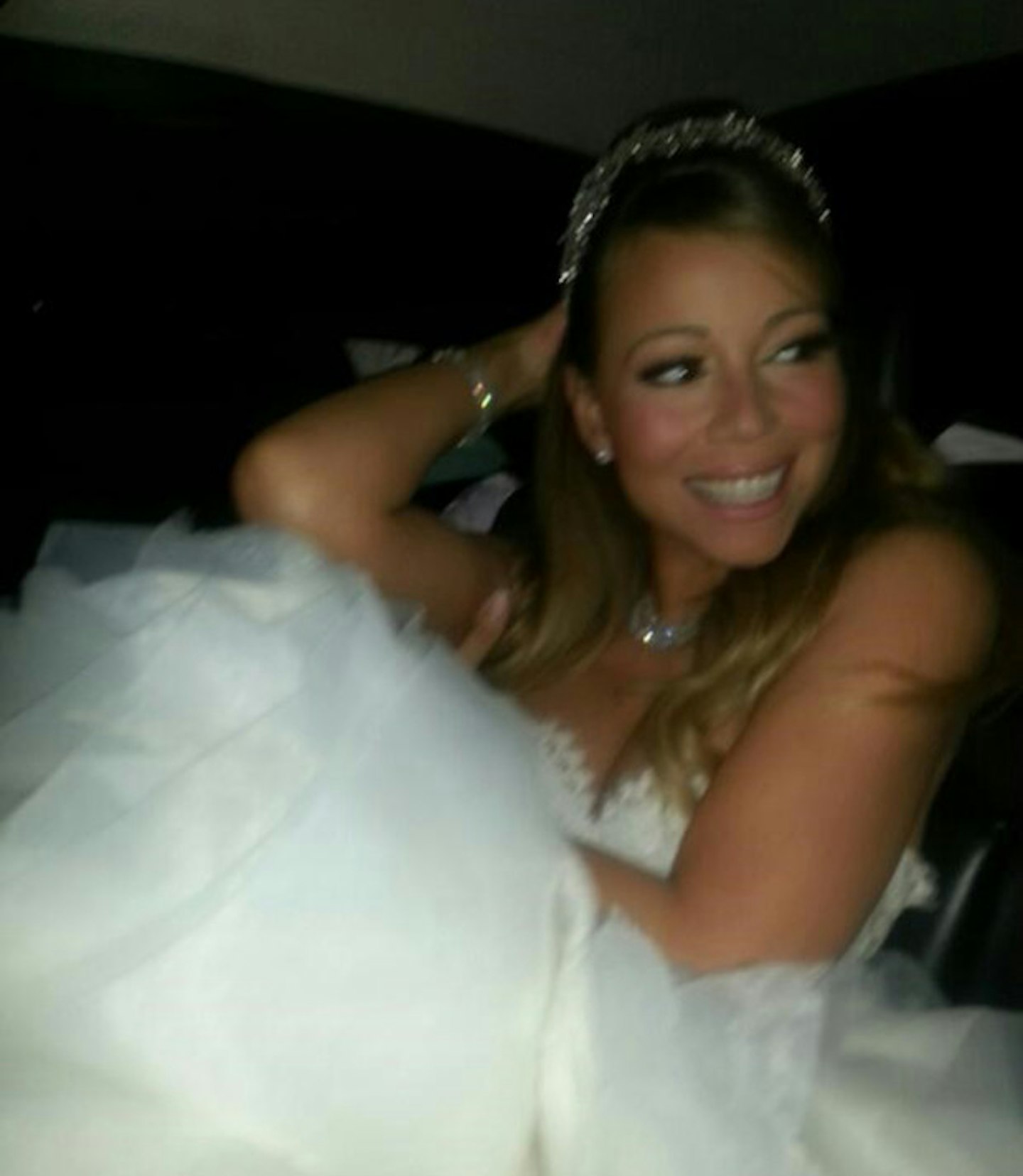 79 of 97
79 of 97Mariah Carey
_620x713.jpg?auto=format&w=1440&q=80) 80 of 97
80 of 97Millie Mackintosh
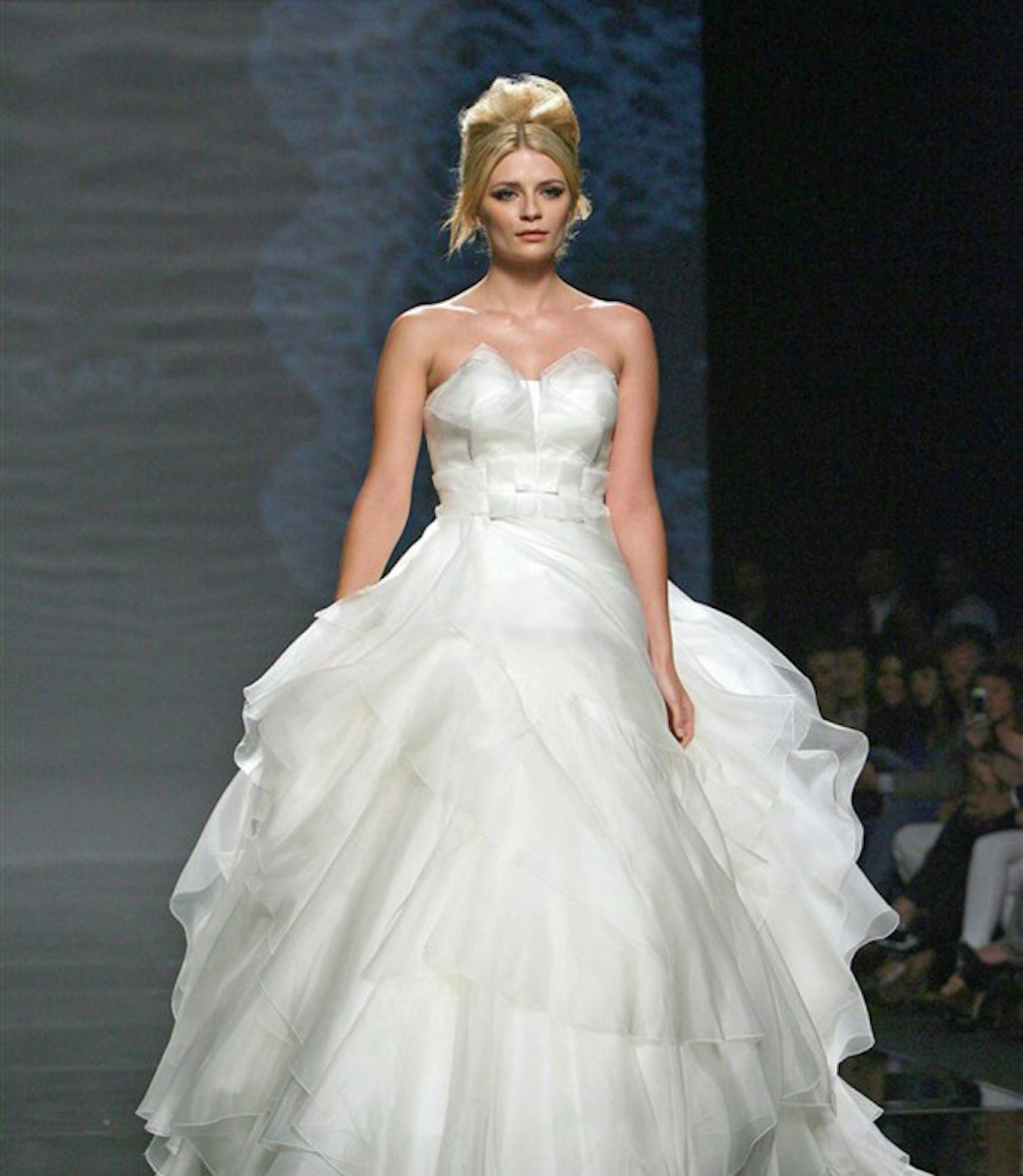 81 of 97
81 of 97Misha Barton
 82 of 97
82 of 97Myleene Klass
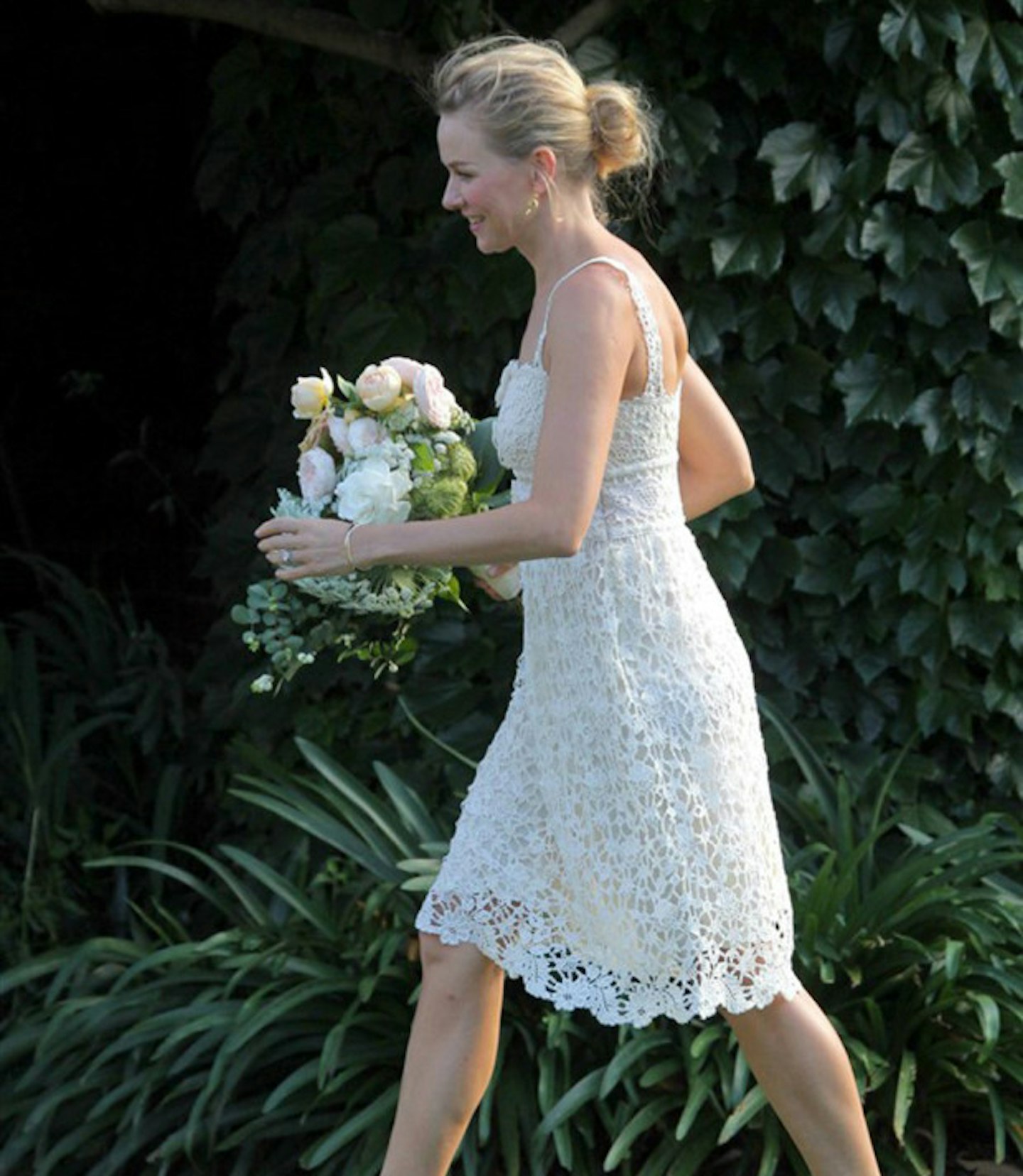 83 of 97
83 of 97Naomi Watts
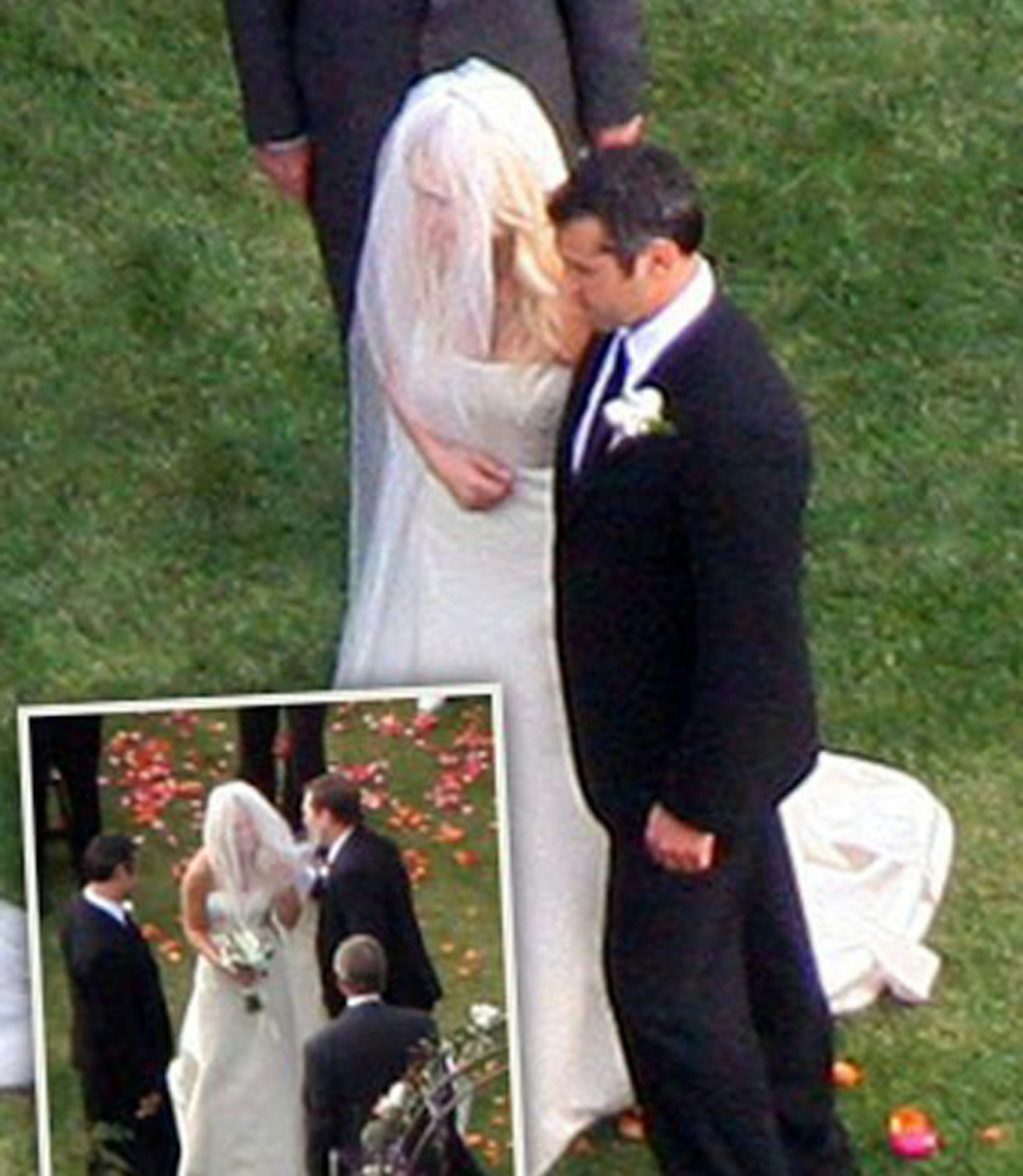 84 of 97
84 of 97Natasha Bedingfield
 85 of 97
85 of 97Olivia Palermo
_620x713.jpg?auto=format&w=1440&q=80) 86 of 97
86 of 97Paris Hilton
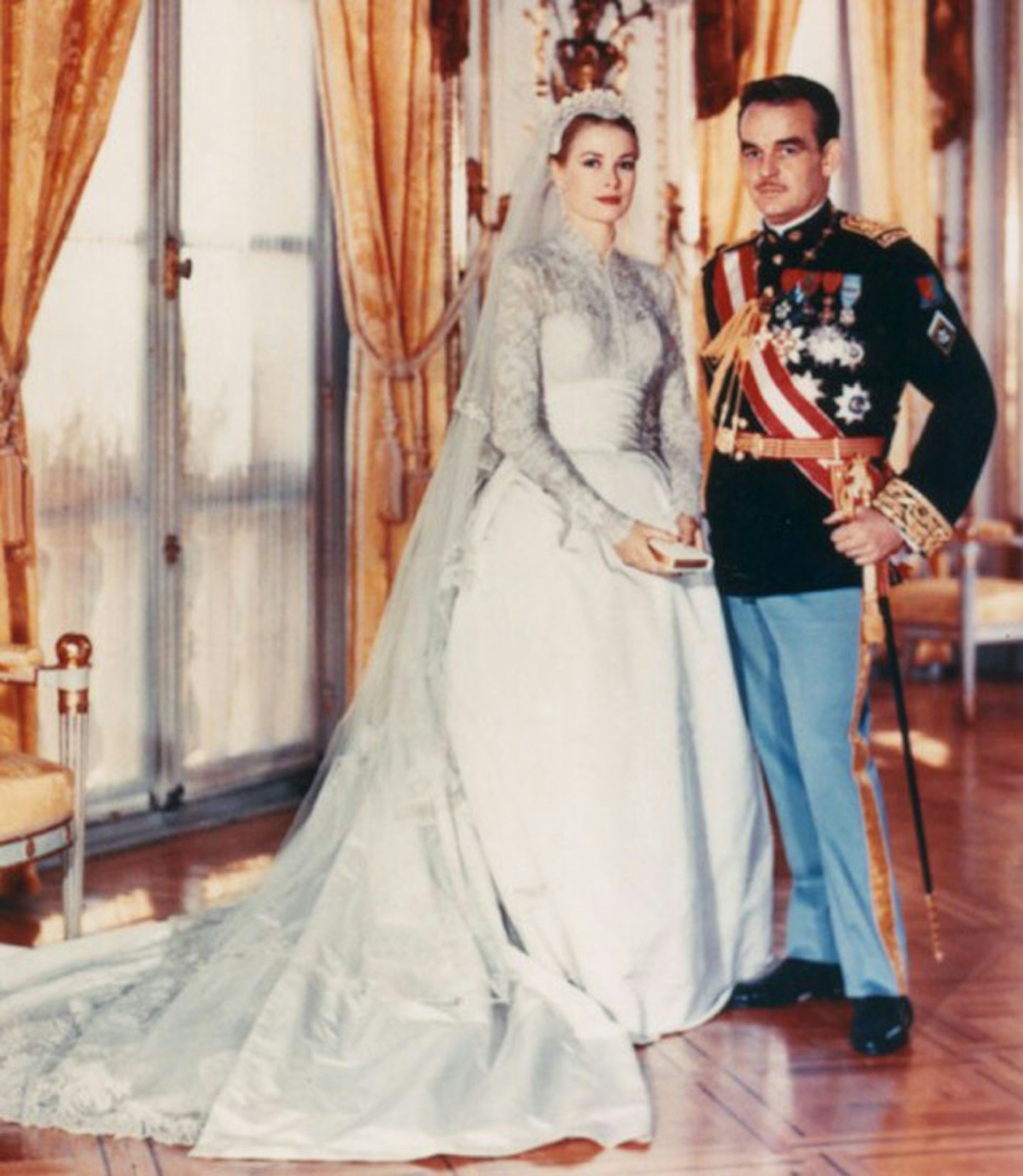 87 of 97
87 of 97Princess Grace of Monaco
 88 of 97
88 of 97Rose McGowan
 89 of 97
89 of 97Russell Brand
 90 of 97
90 of 97Shenae Grimes
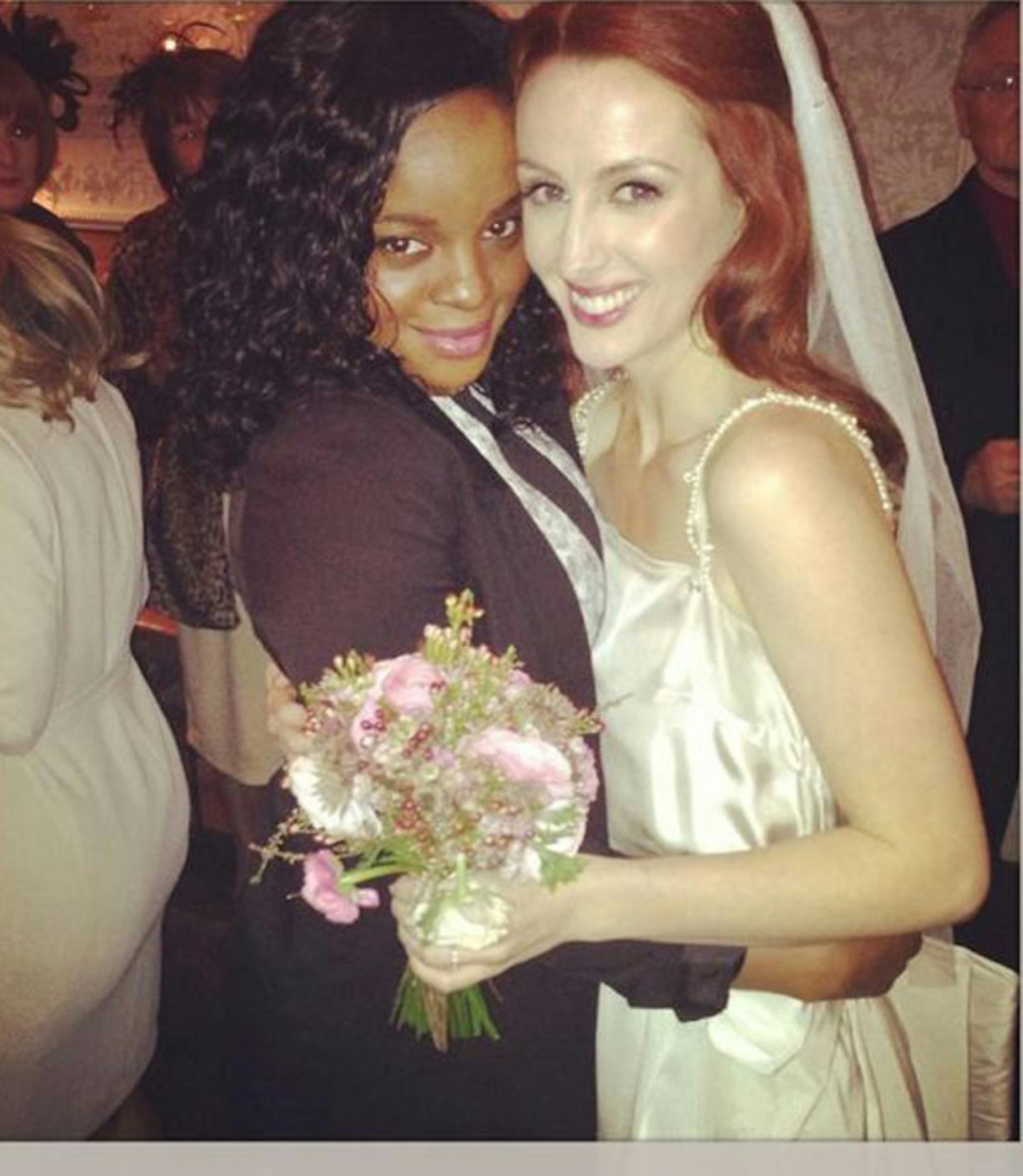 91 of 97
91 of 97Siobhan Donaghy
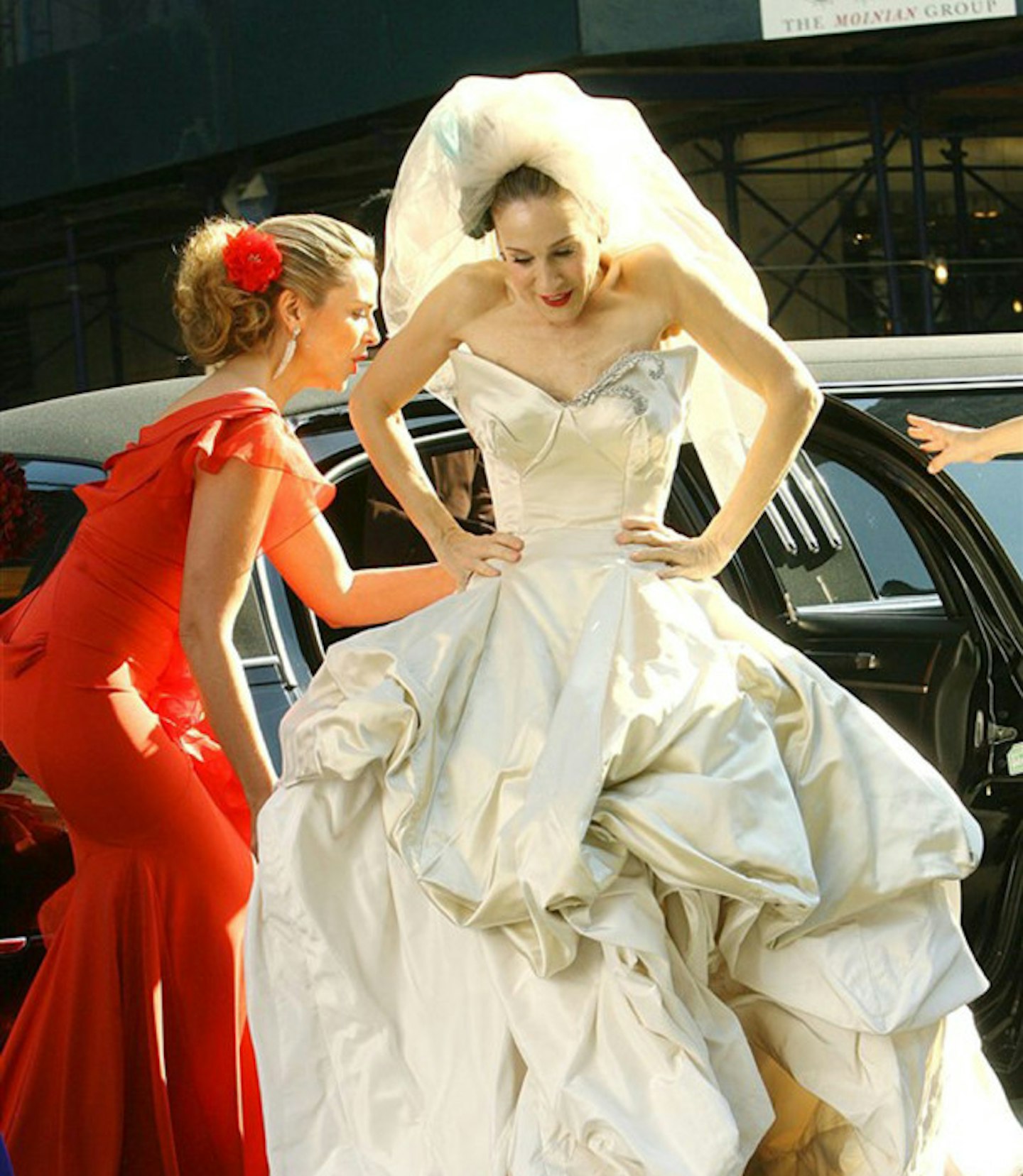 92 of 97
92 of 97Sarah Jessica Parker
 93 of 97
93 of 97Snooki
 94 of 97
94 of 97Snooki
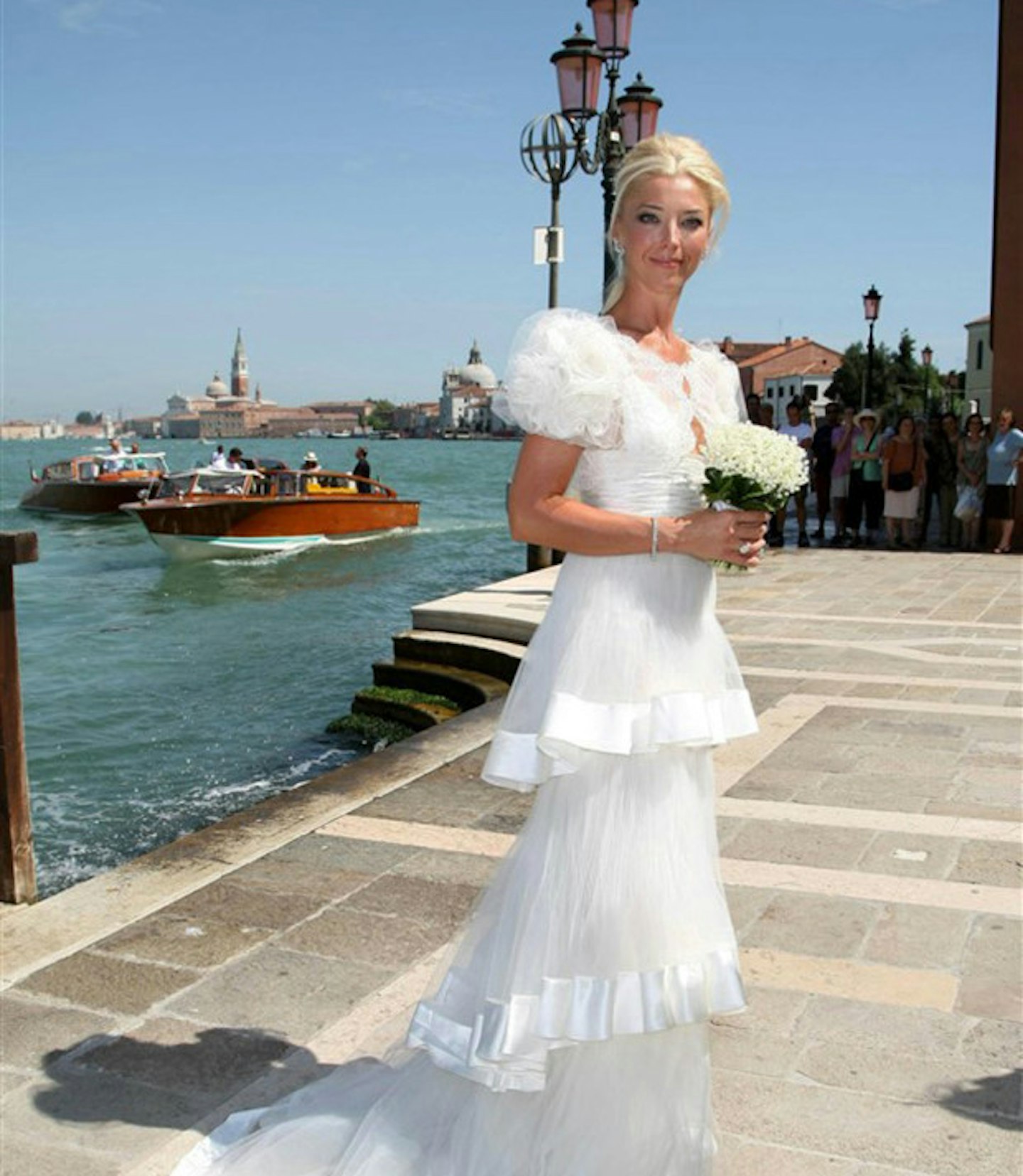 95 of 97
95 of 97Tamara Beckwith
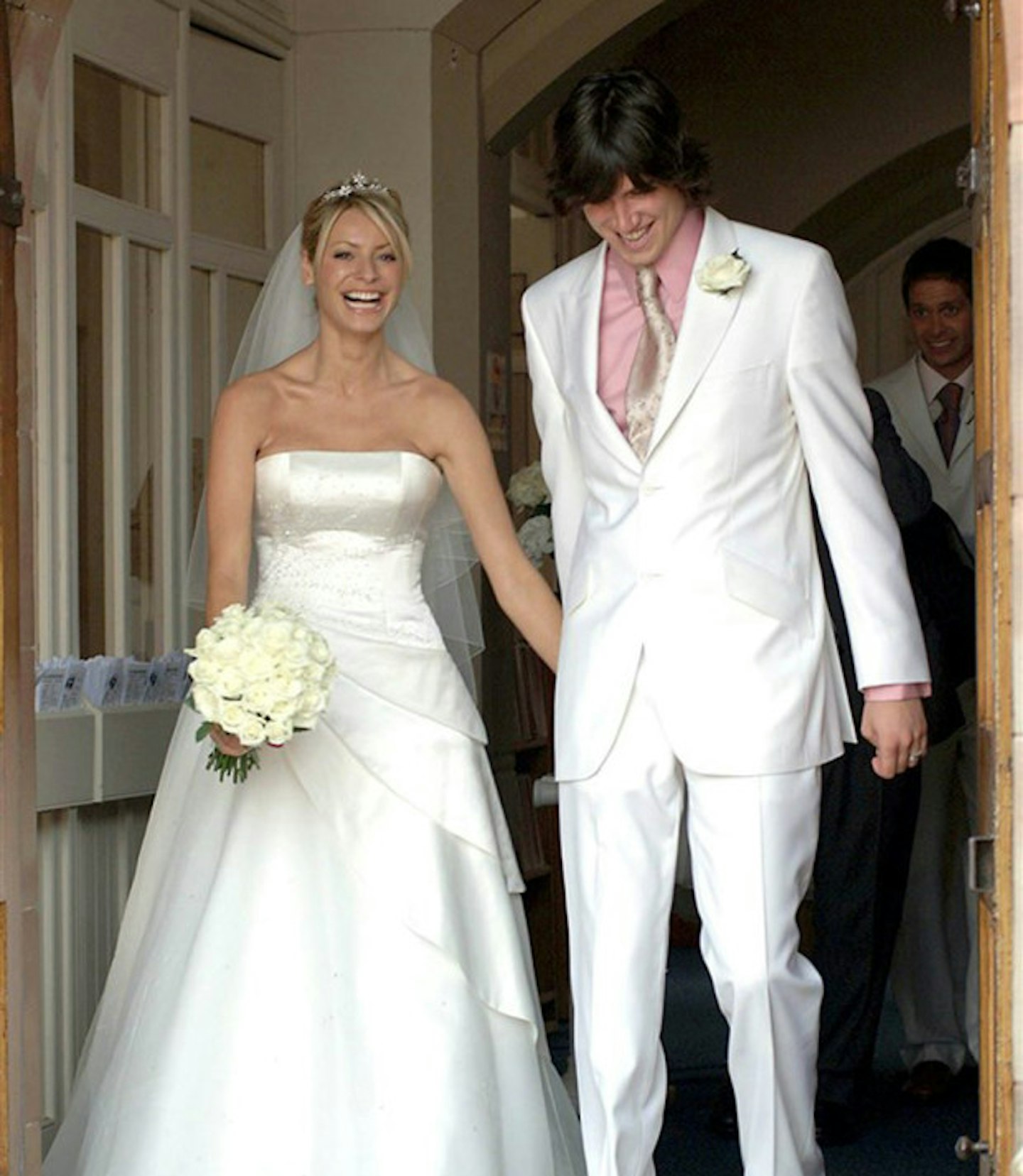 96 of 97
96 of 97Tess Daly
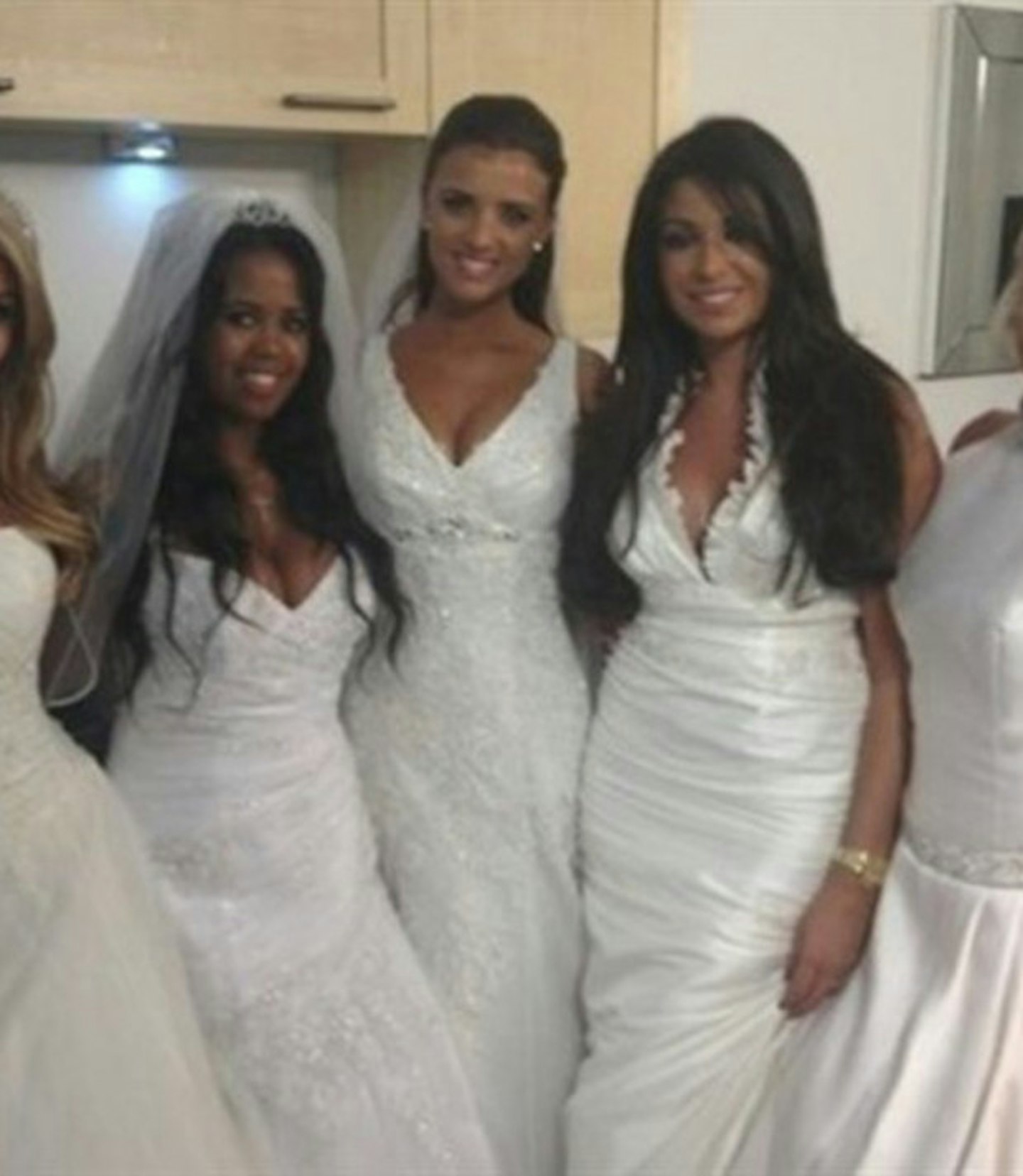 97 of 97
97 of 97TOWIE GALS TOWIE GALS TOWIE GALS
The data comes from Dolan’s latest book, Happy Ever After, which cites research from the American Time Use Survey. As he explained at Hay Festival: ‘Married people are happier than other population subgroups, but only when their spouse is in the room when they’re asked how happy they are. When the spouse is not present: fucking miserable’. The ATUS statistics showed that unmarried people report ‘lower levels of misery’ than their married counterparts, when the latter were asked without their spouse looking on. Hey, if you can’t have happiness, aim for ‘lower levels of misery’; viewed from that angle, all kinds of things start to look rosy. As such, I’m not pleased, per se, by Dolan’s findings – just experiencing lower levels of dissatisfaction than I was before I read them.
